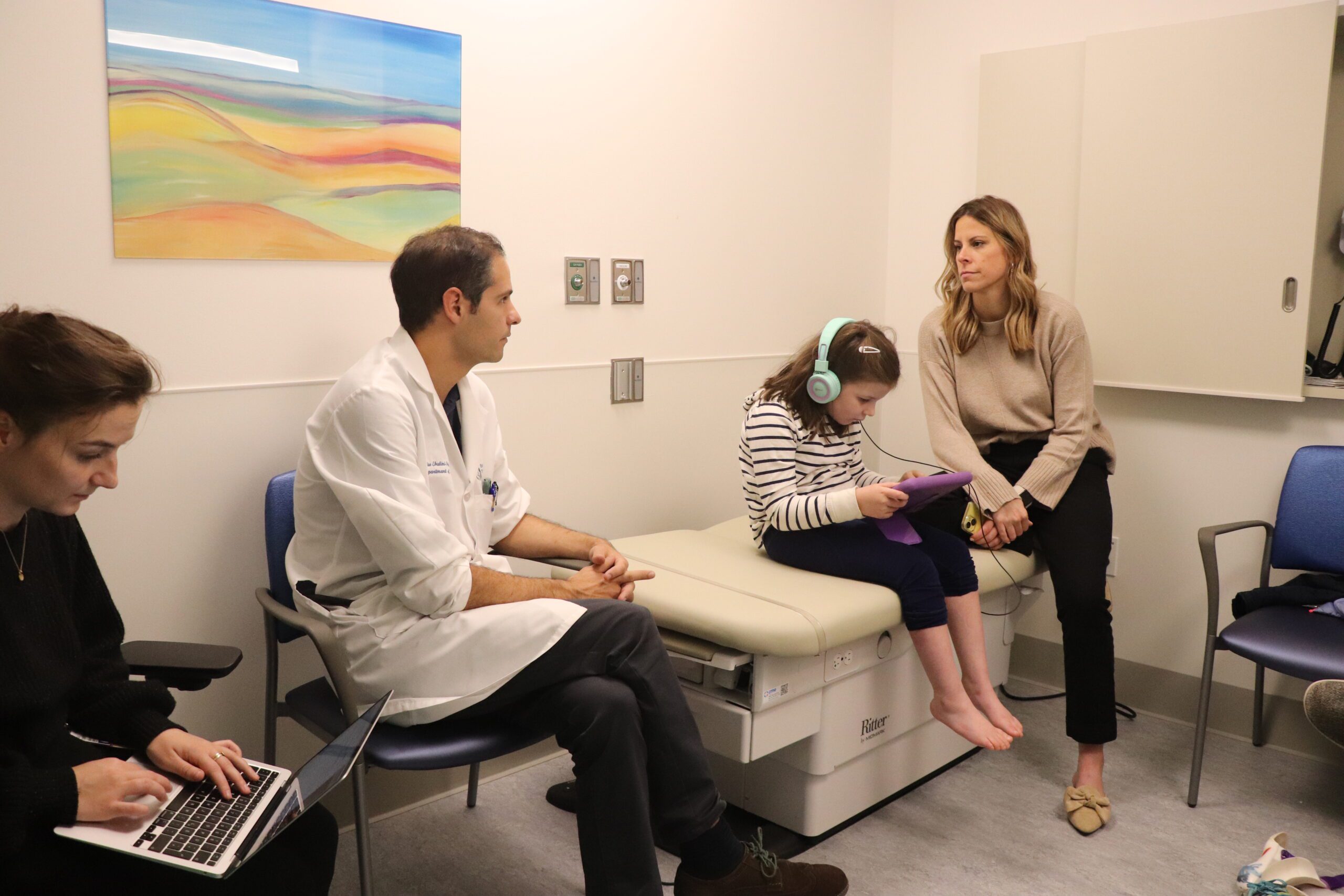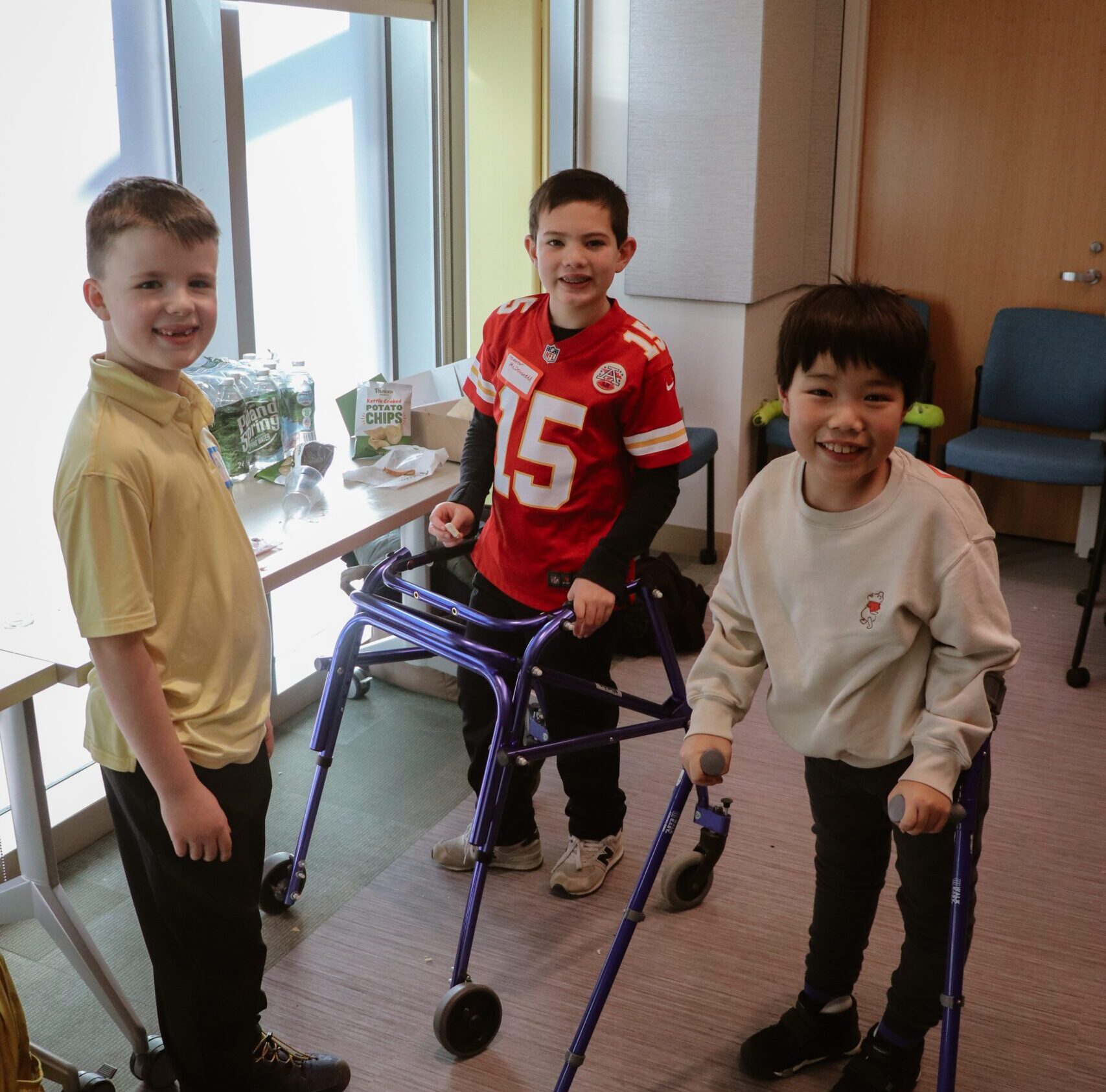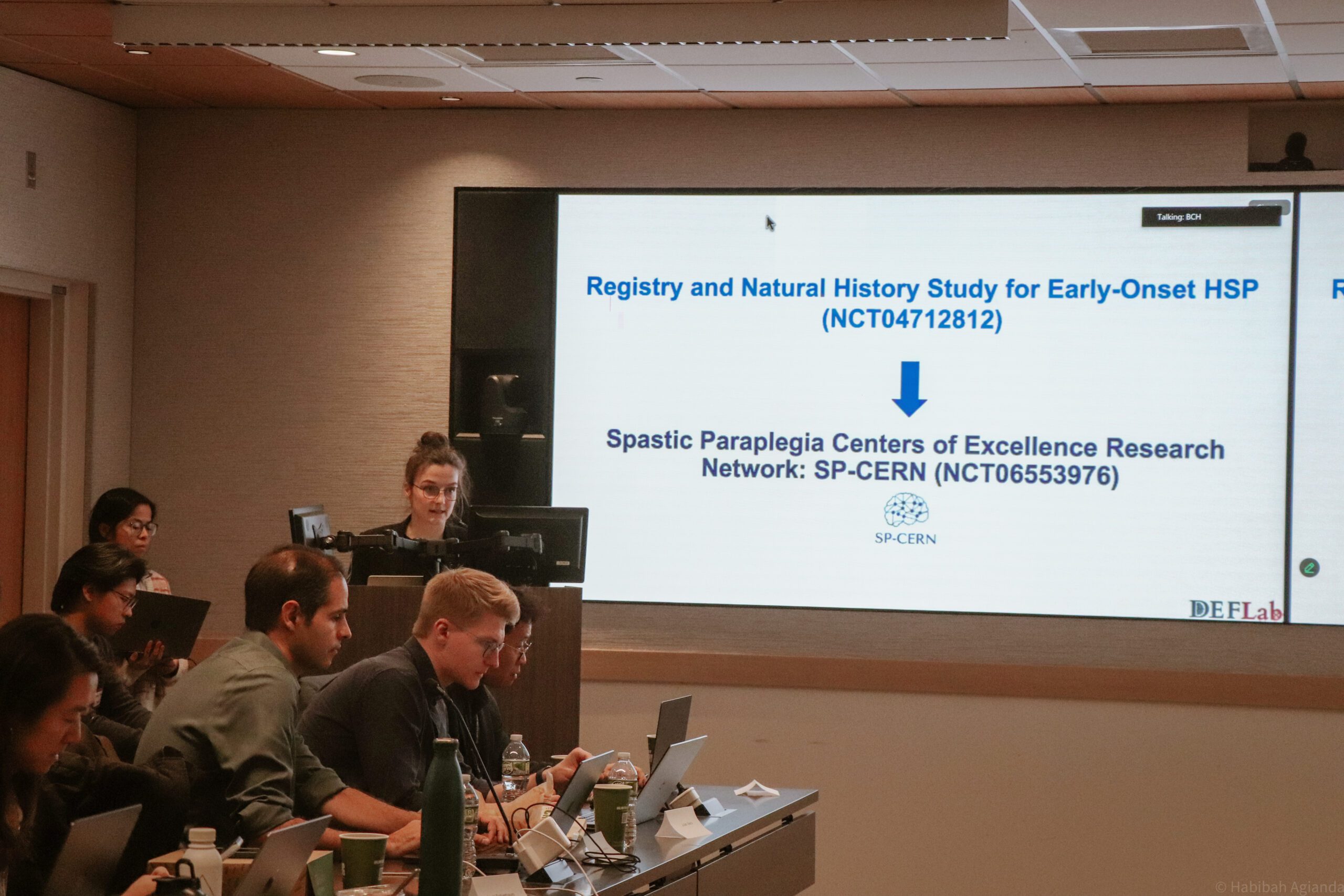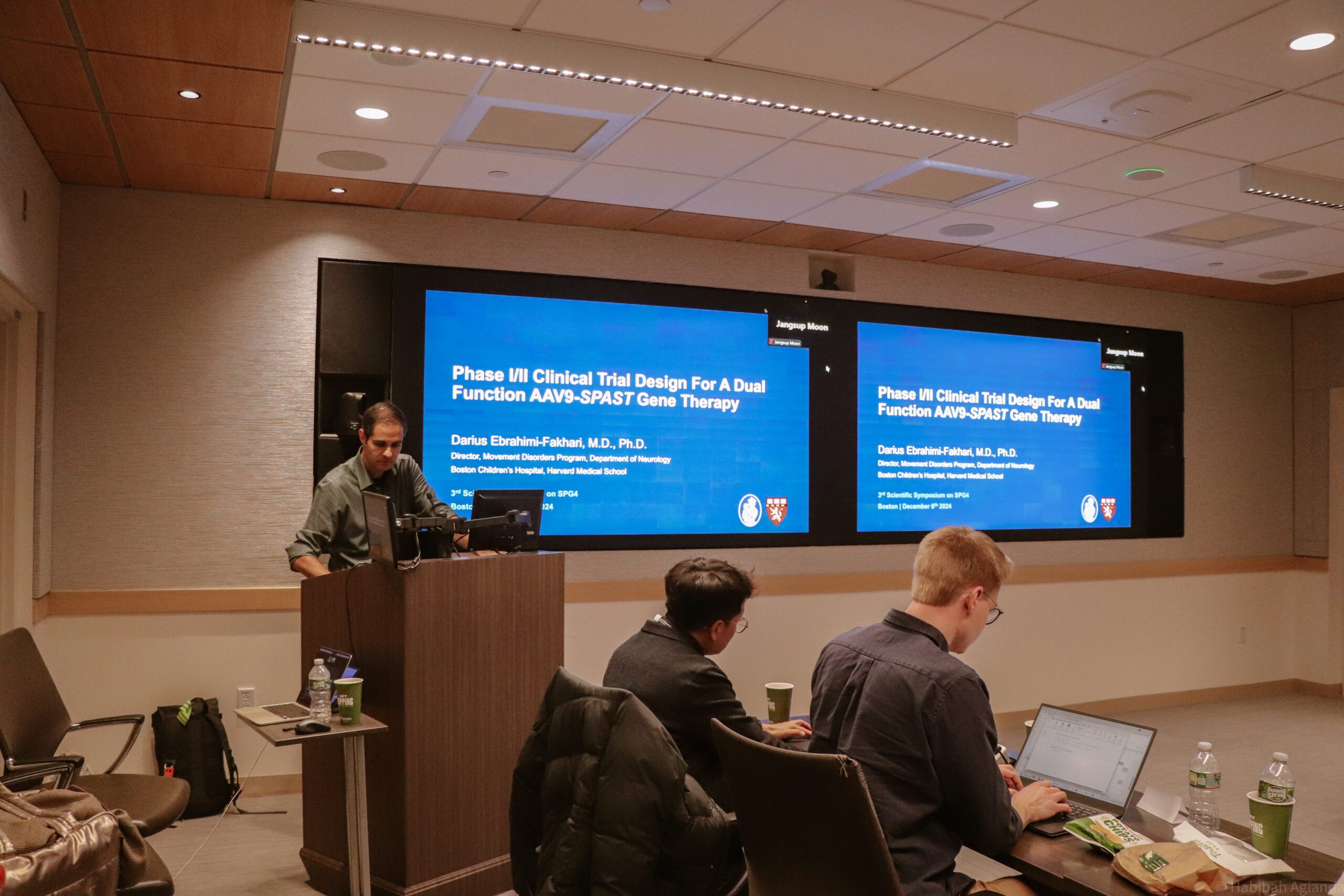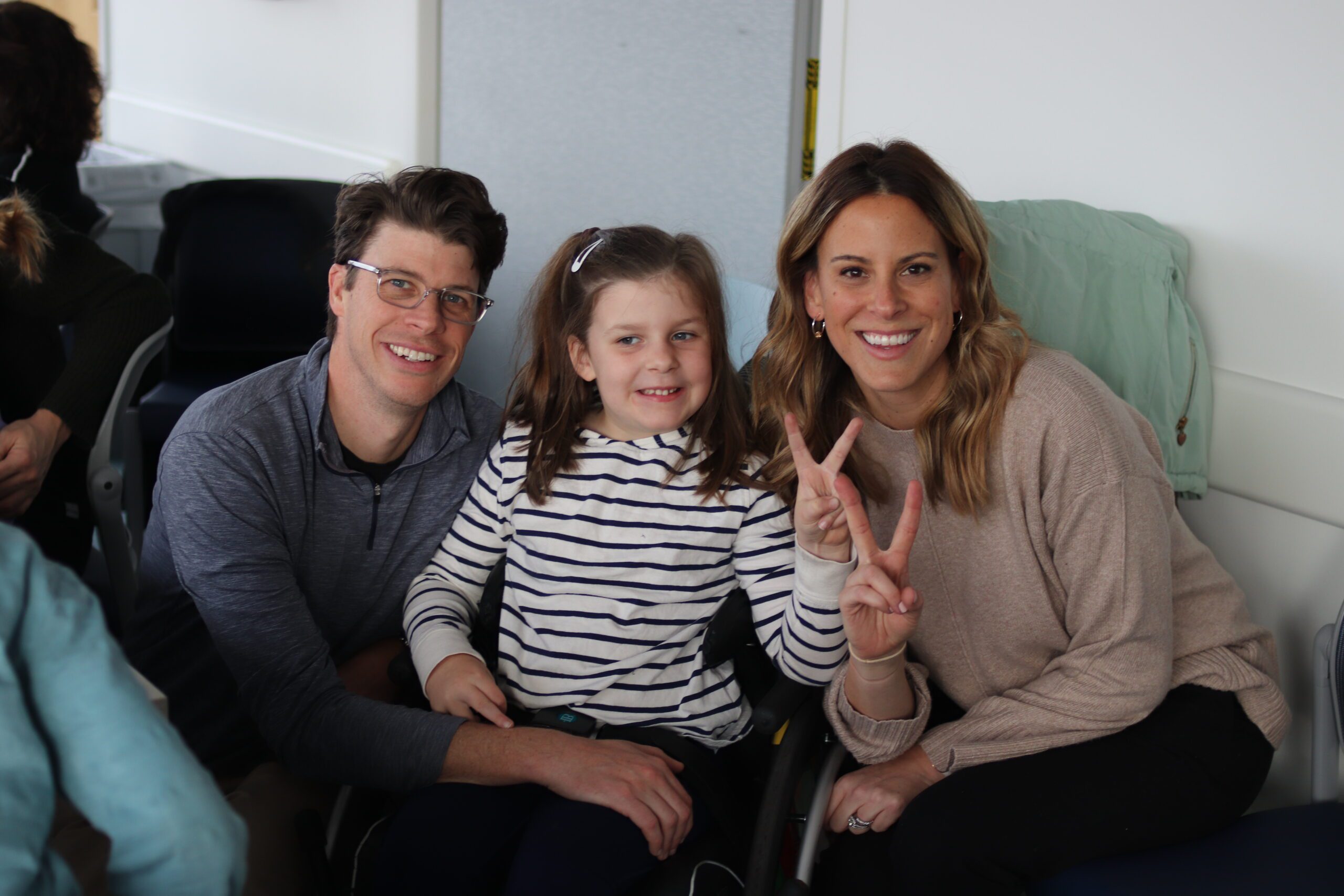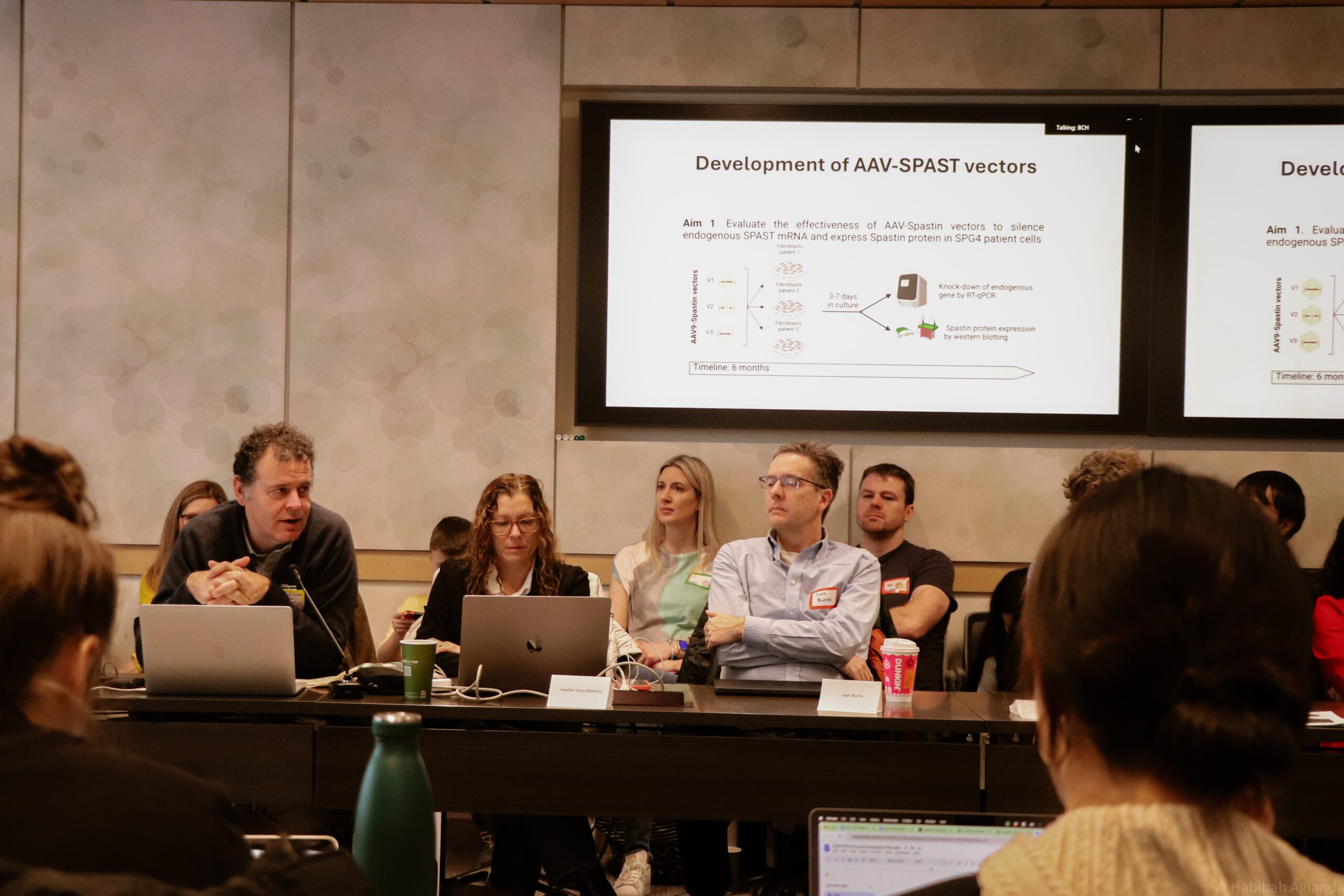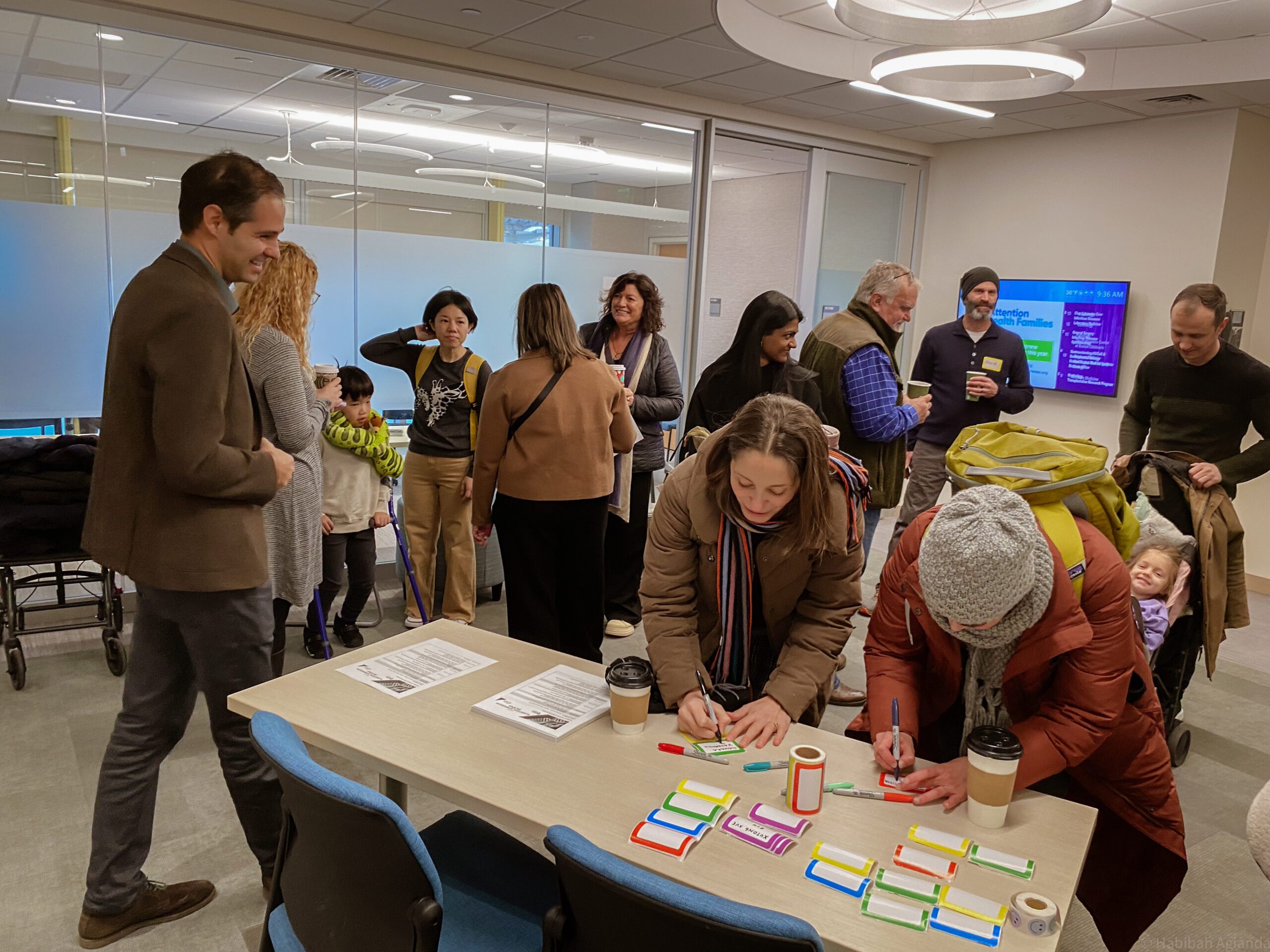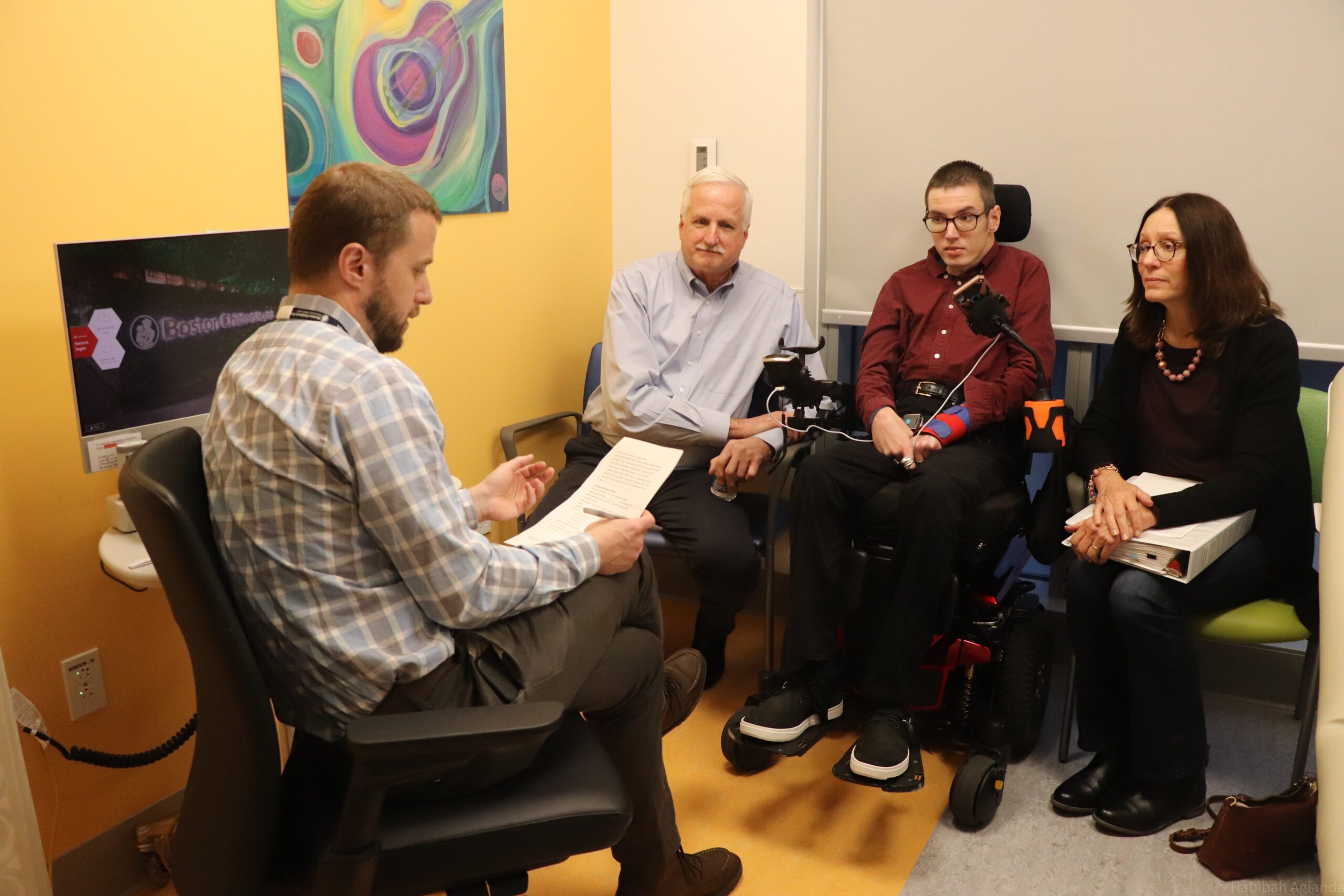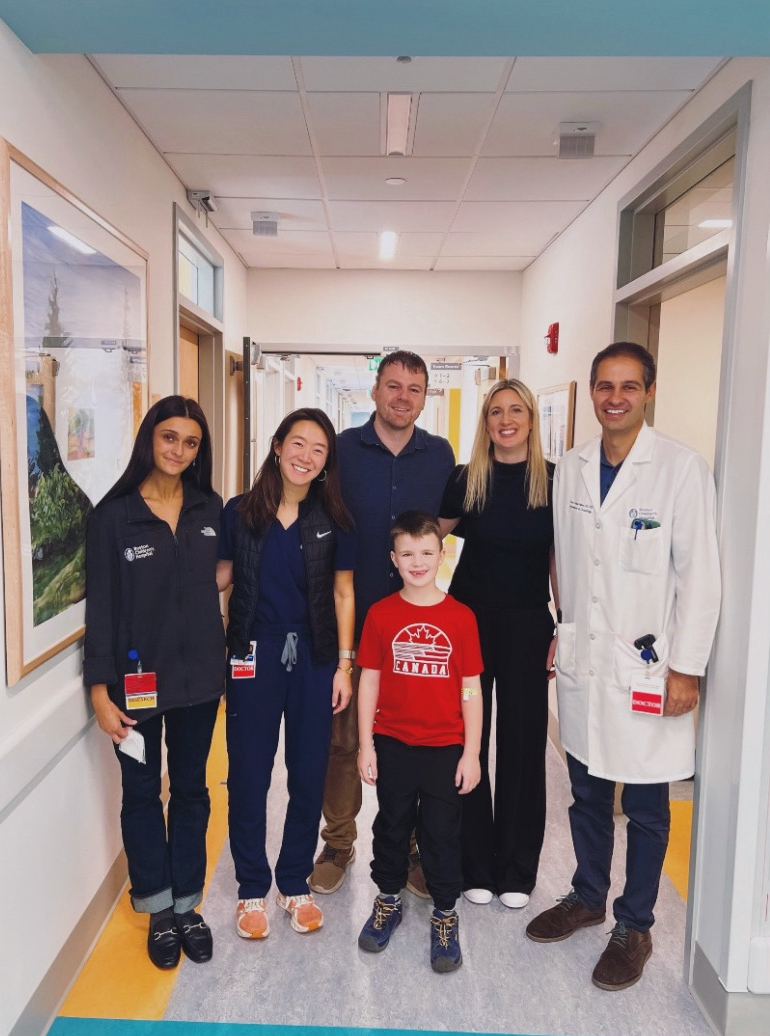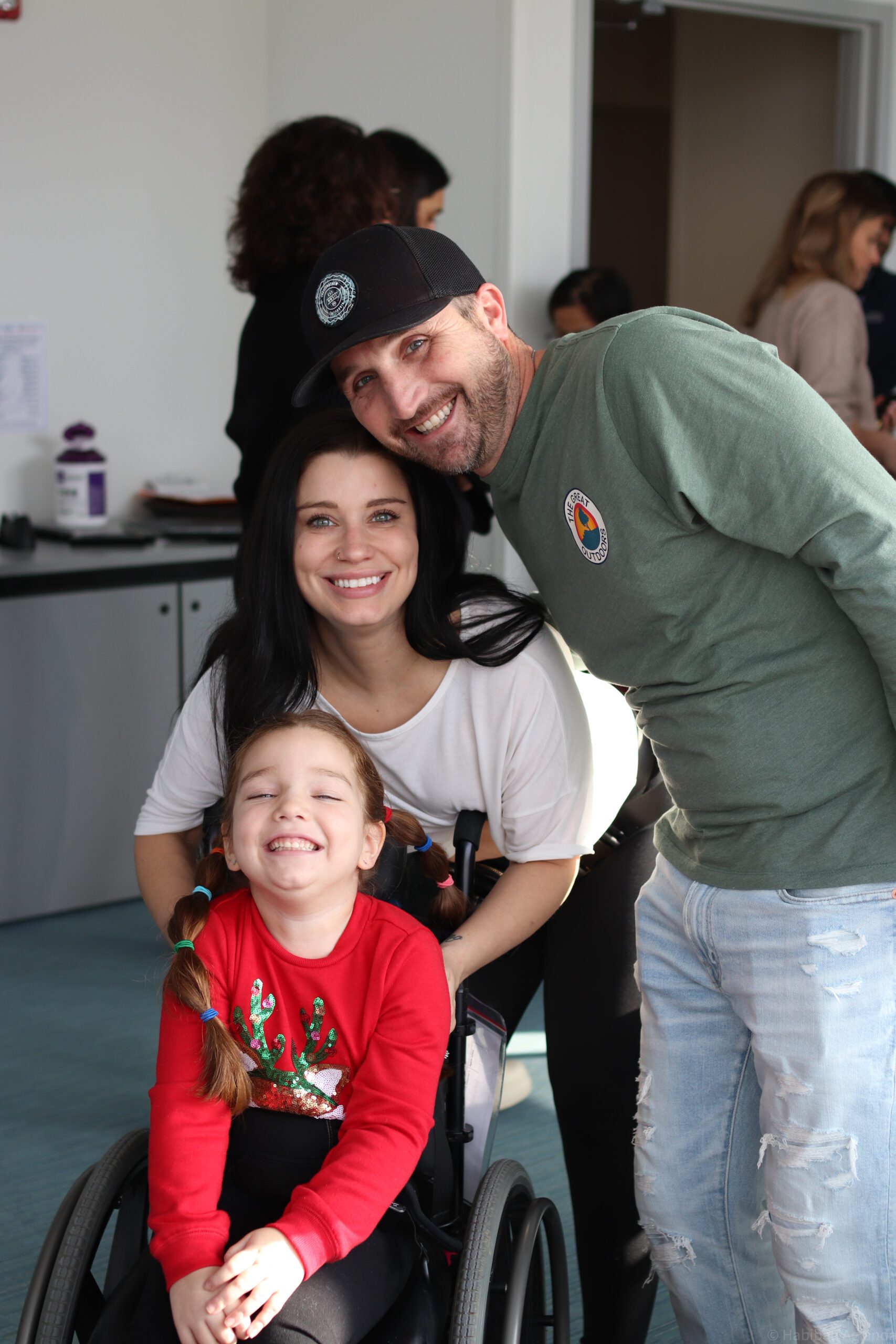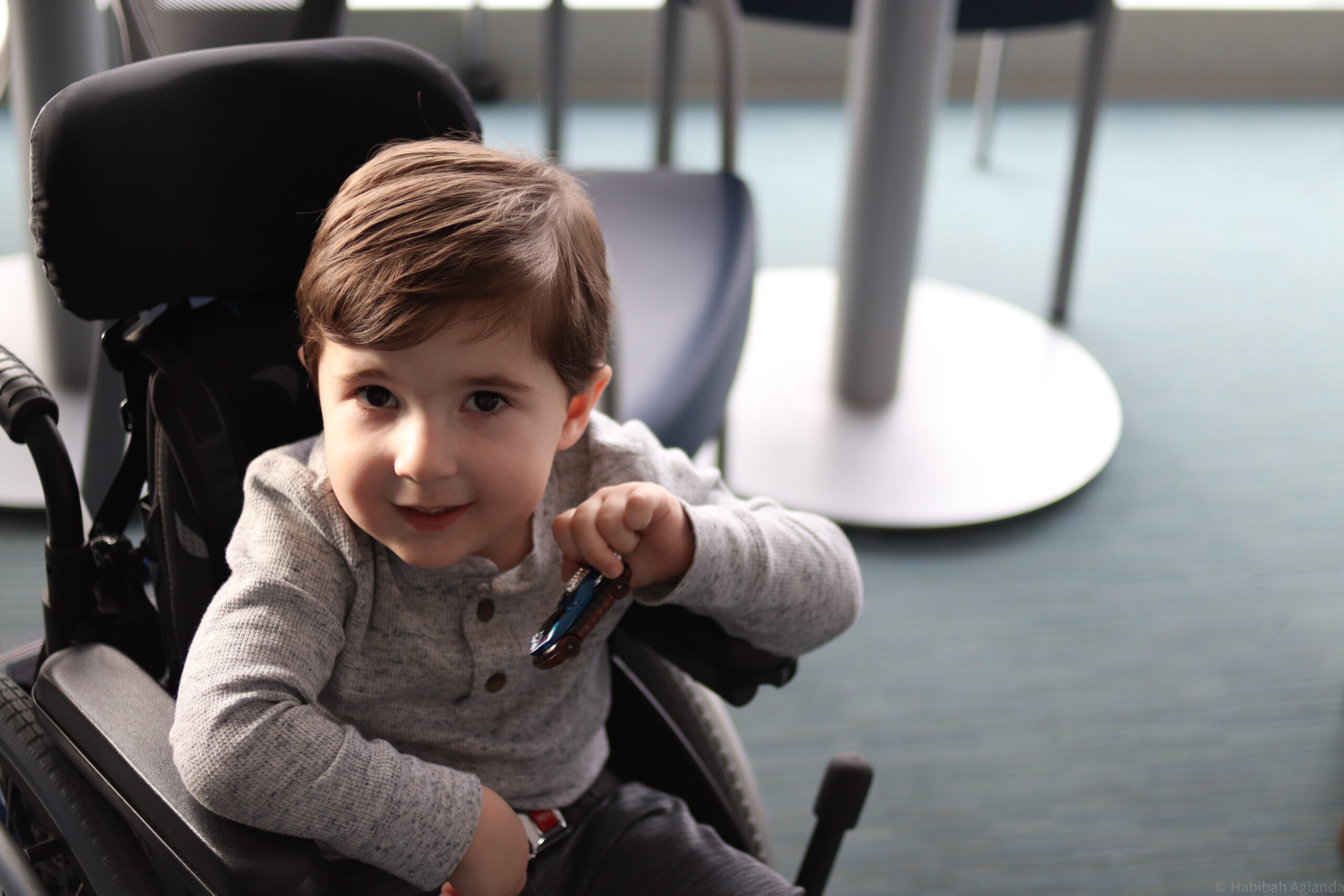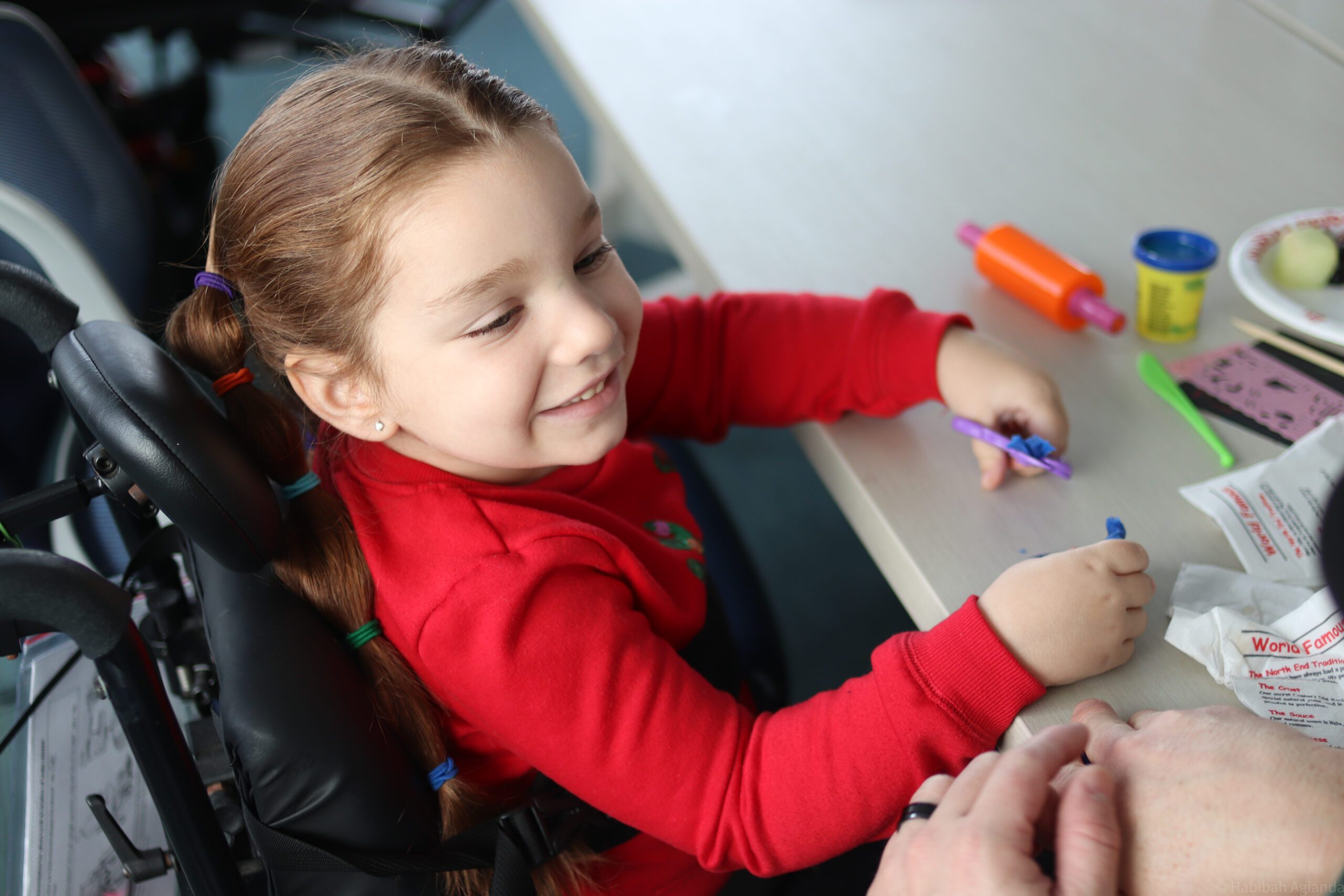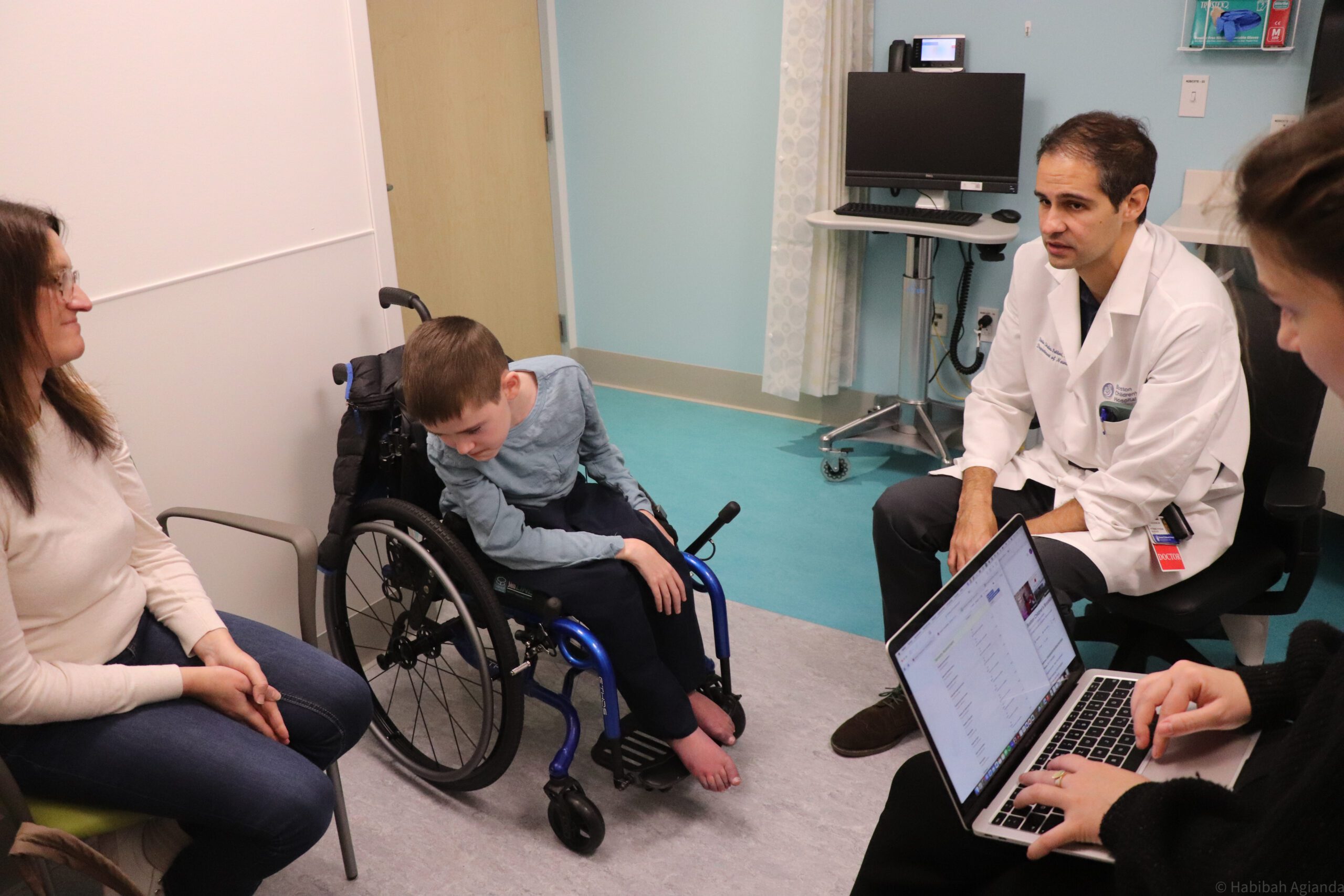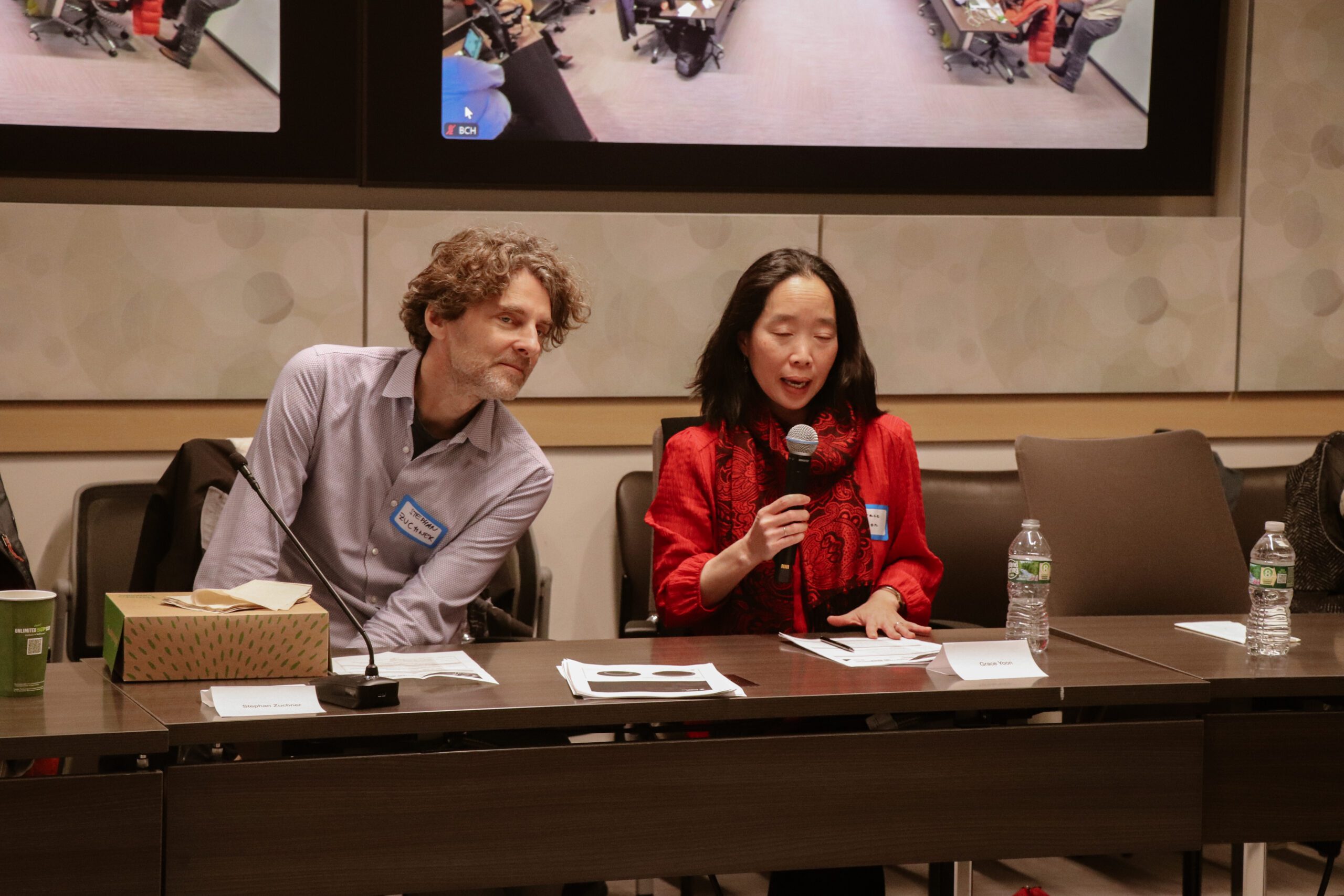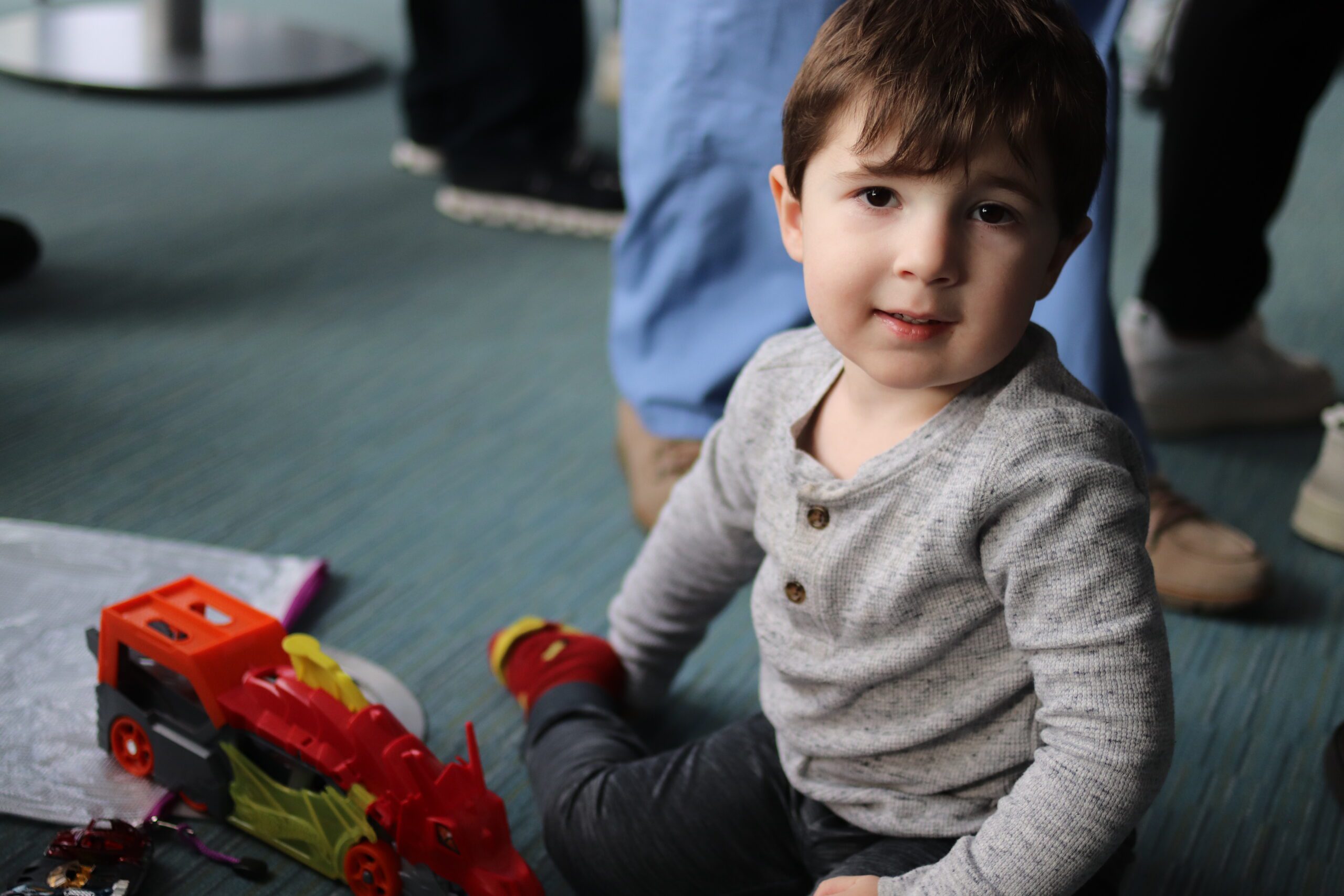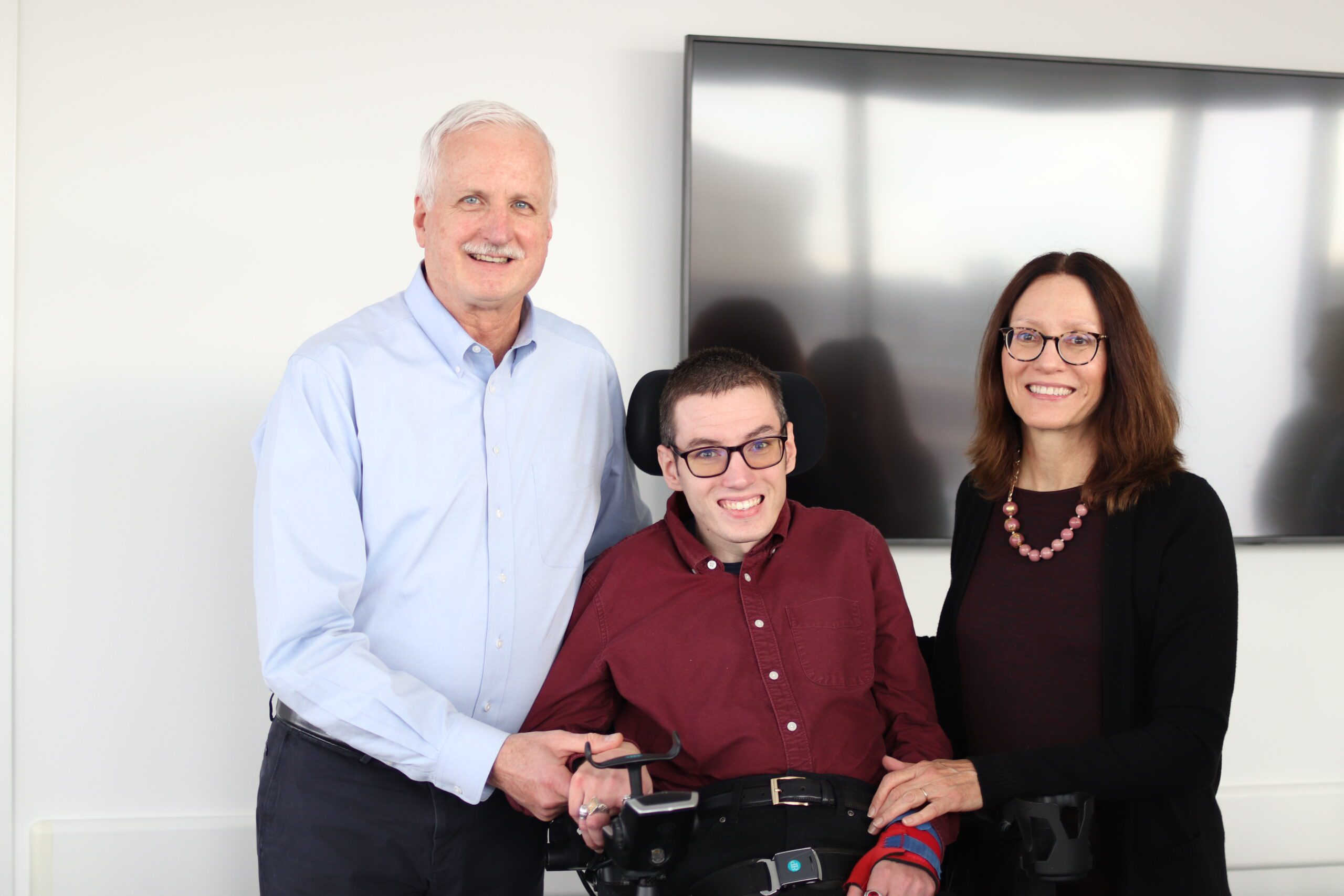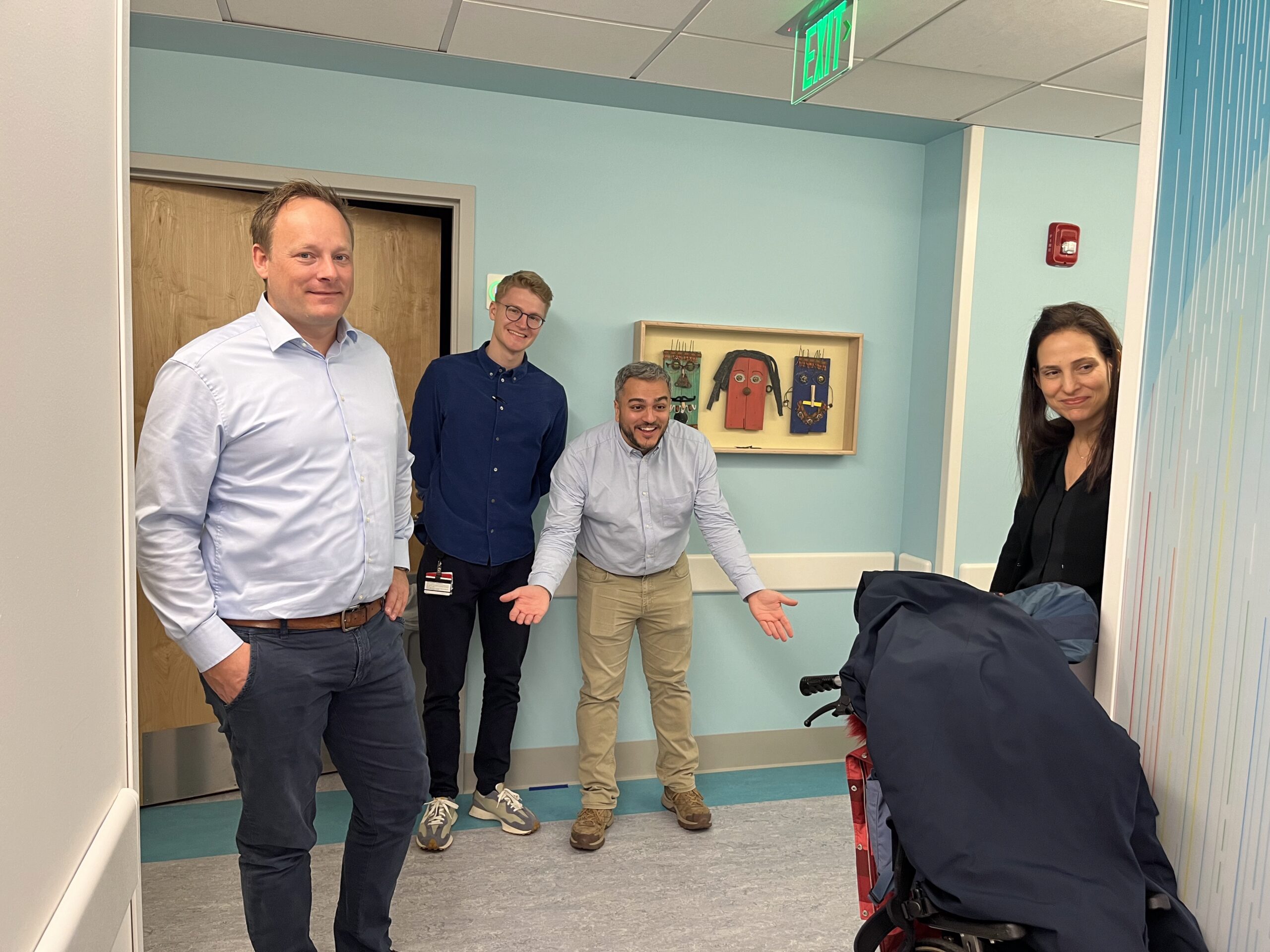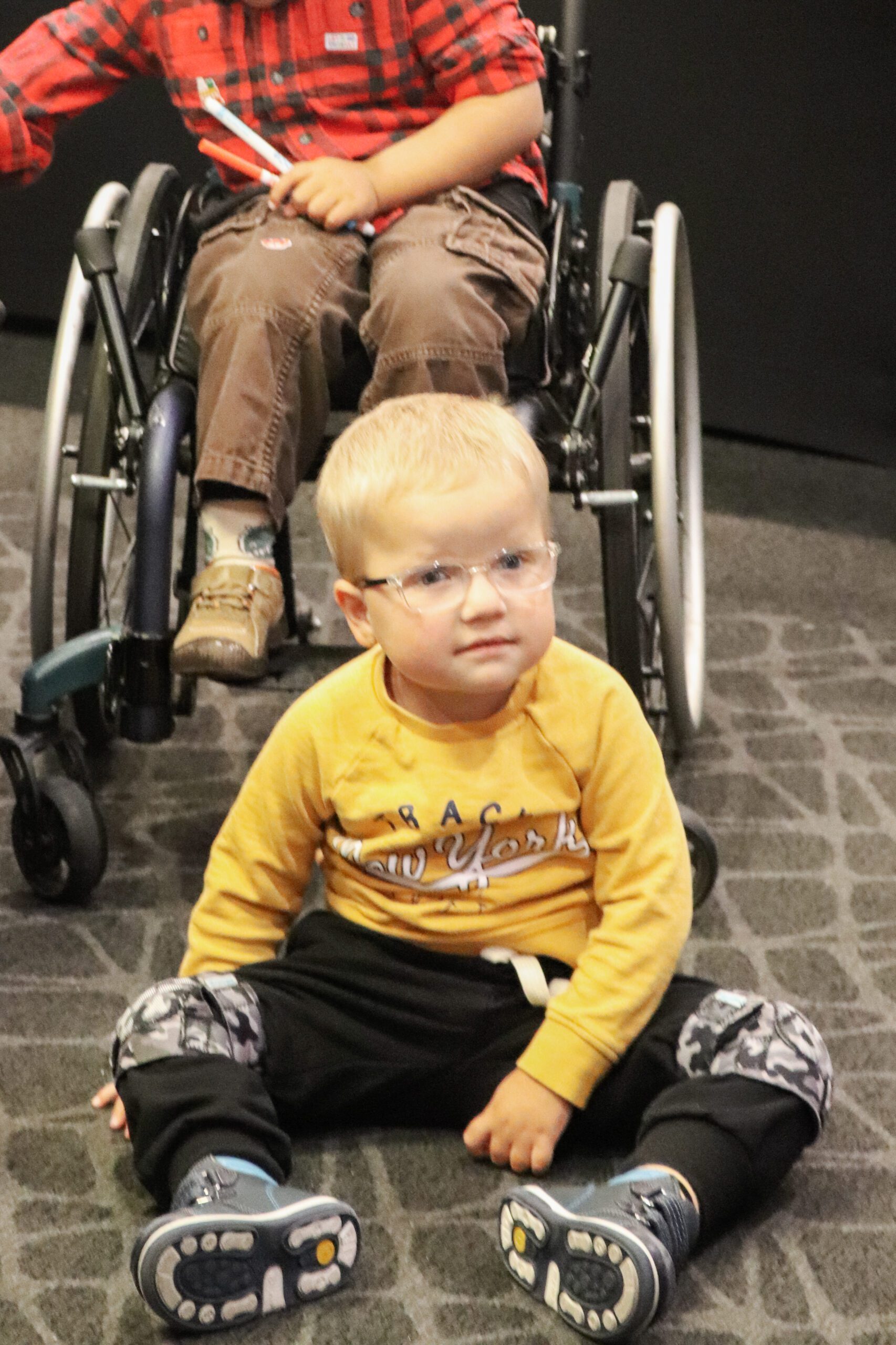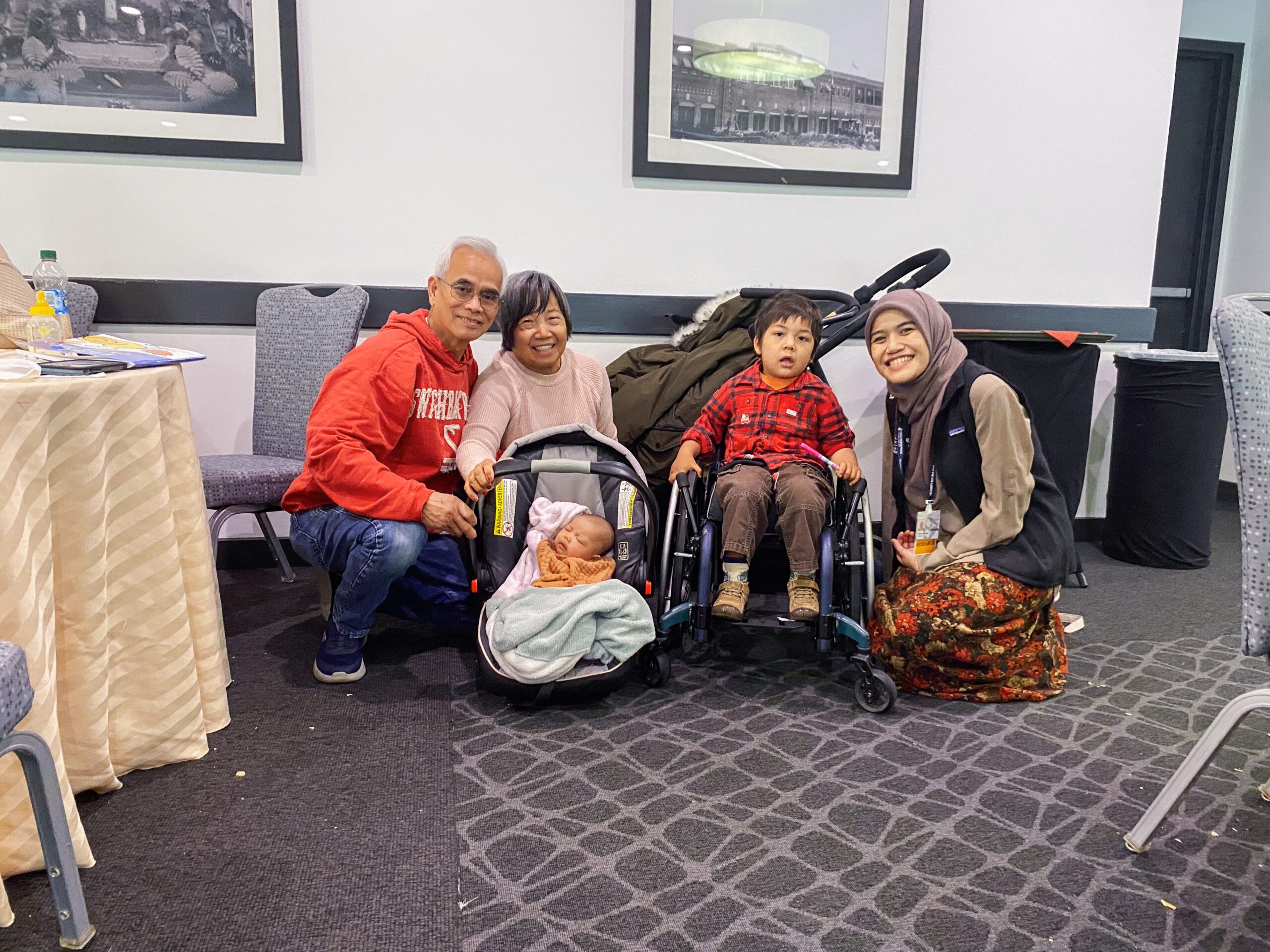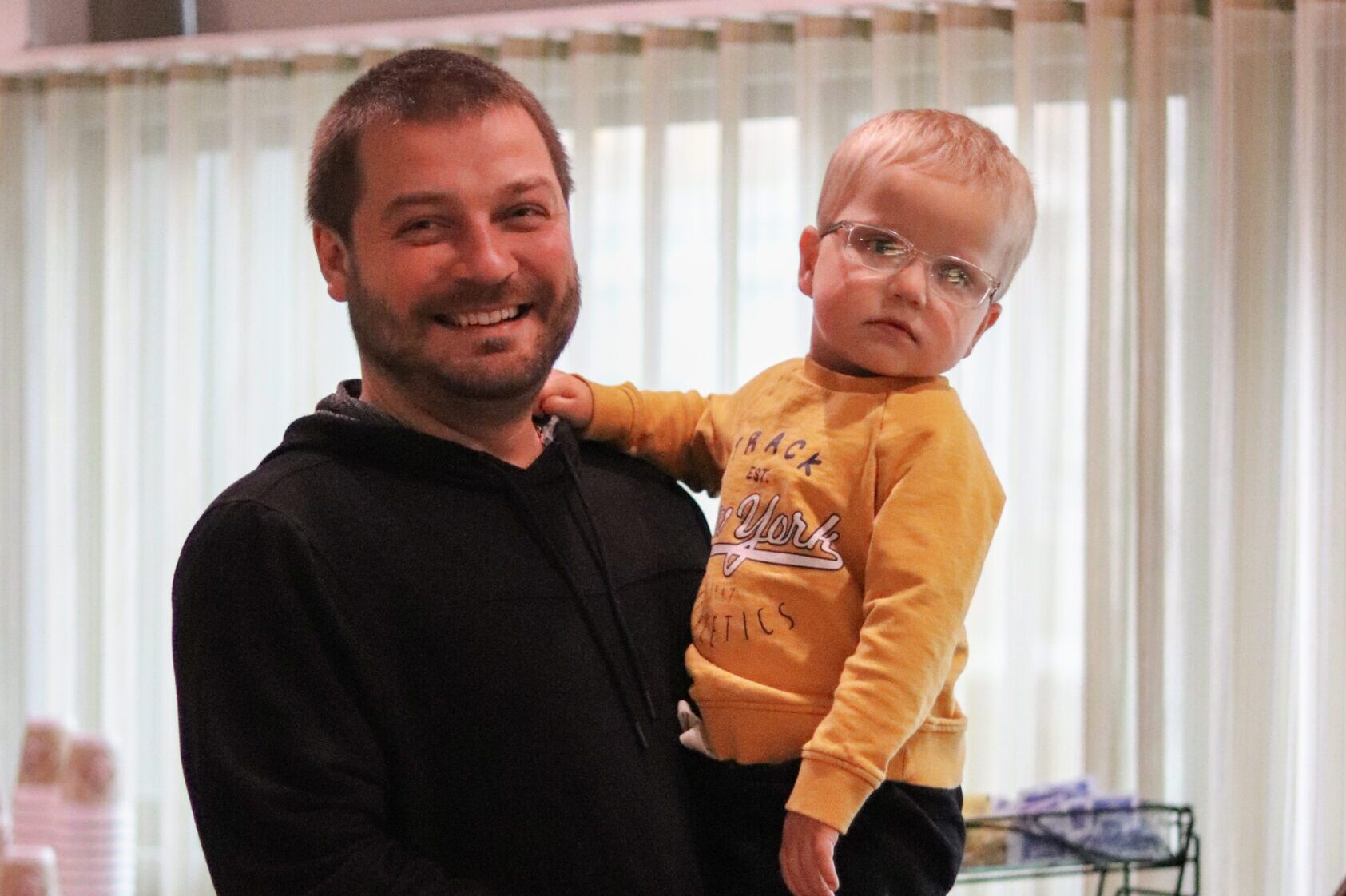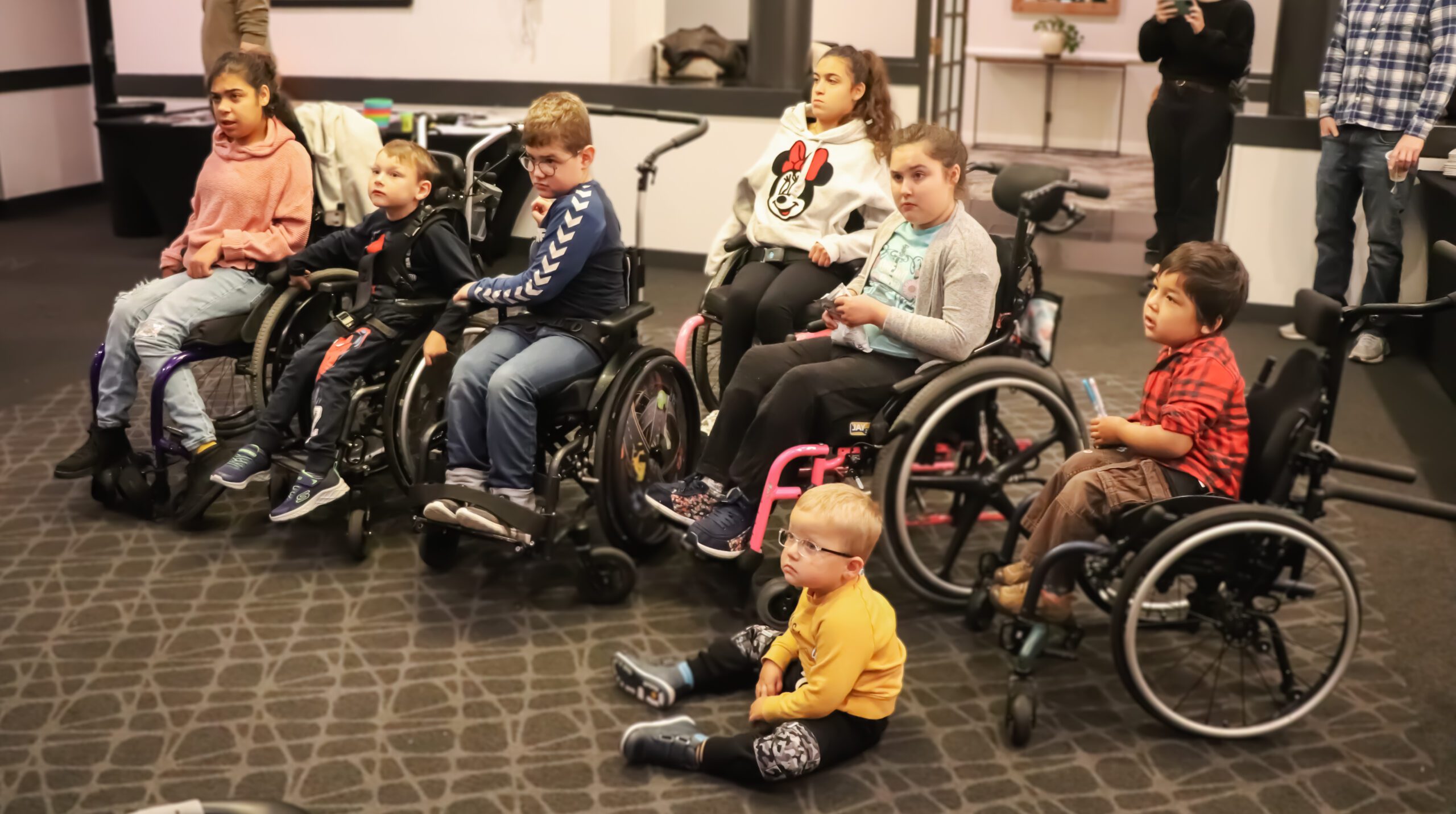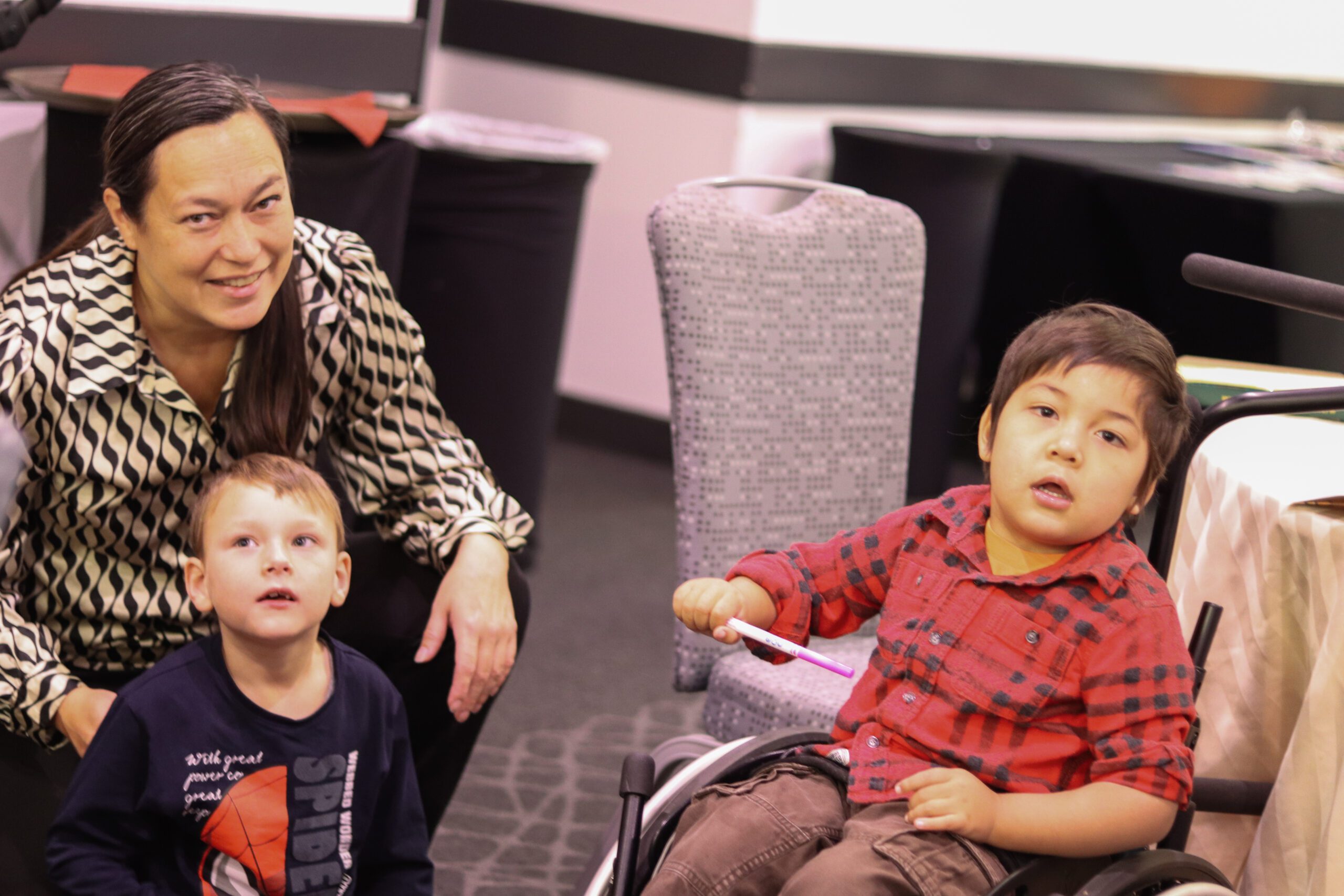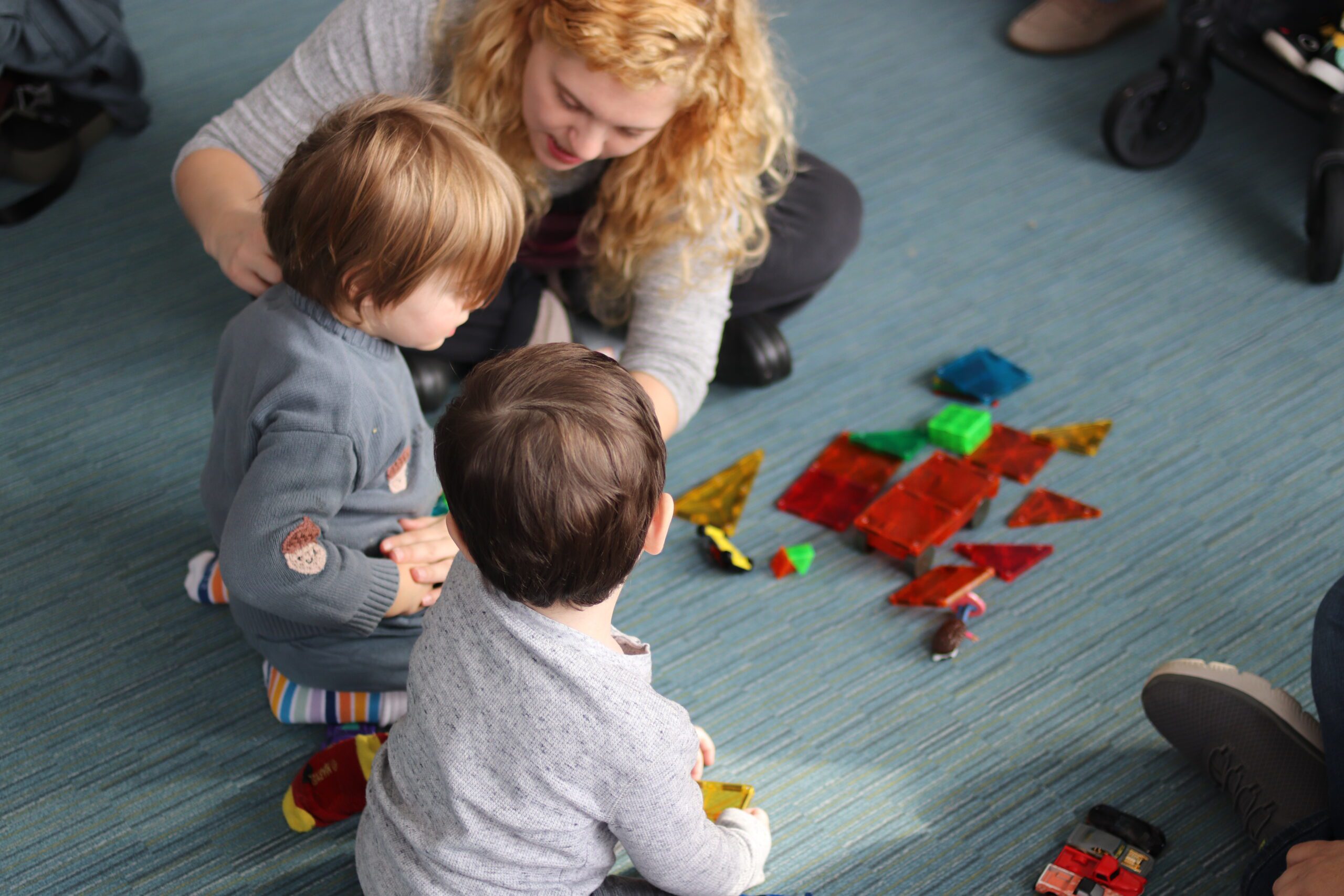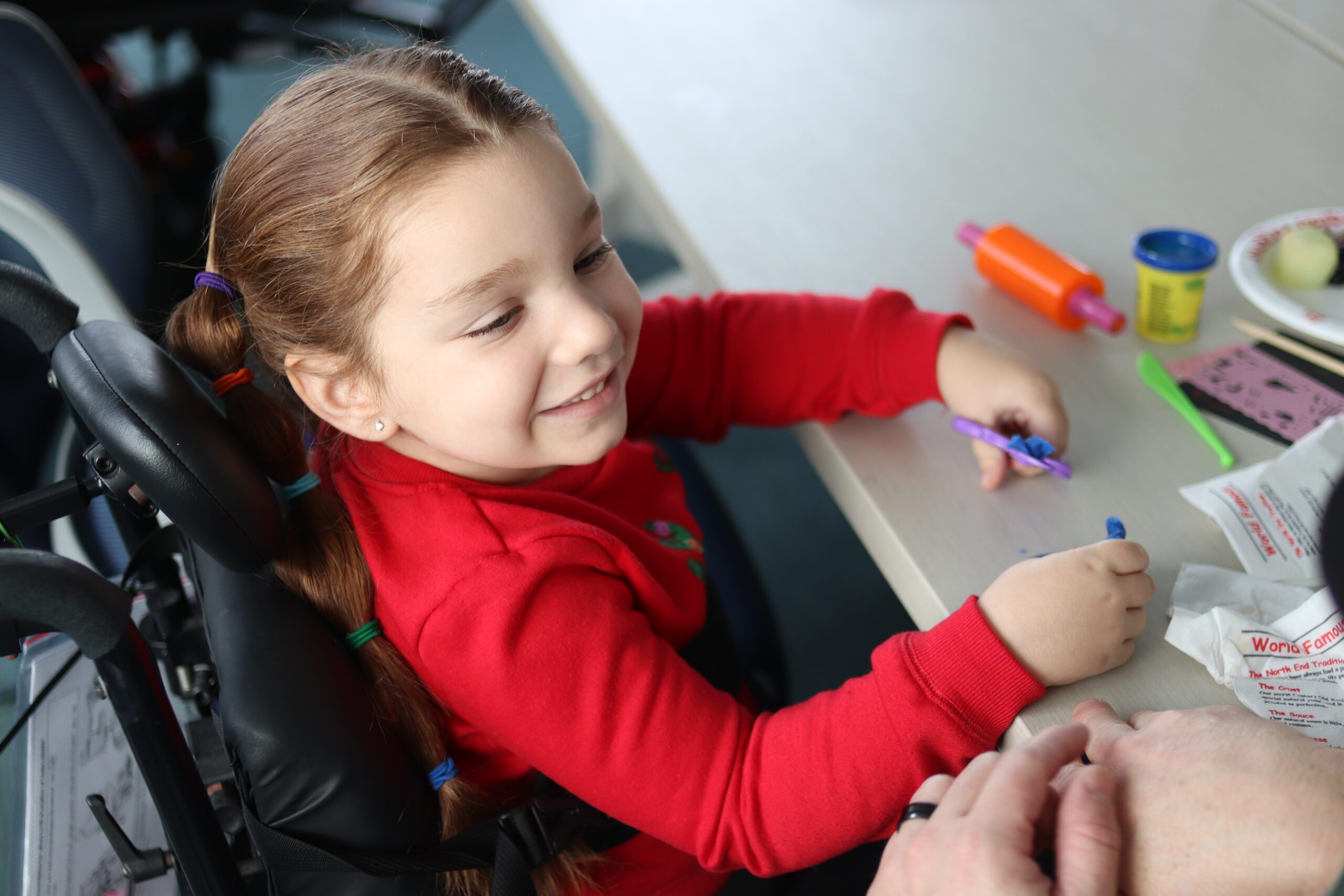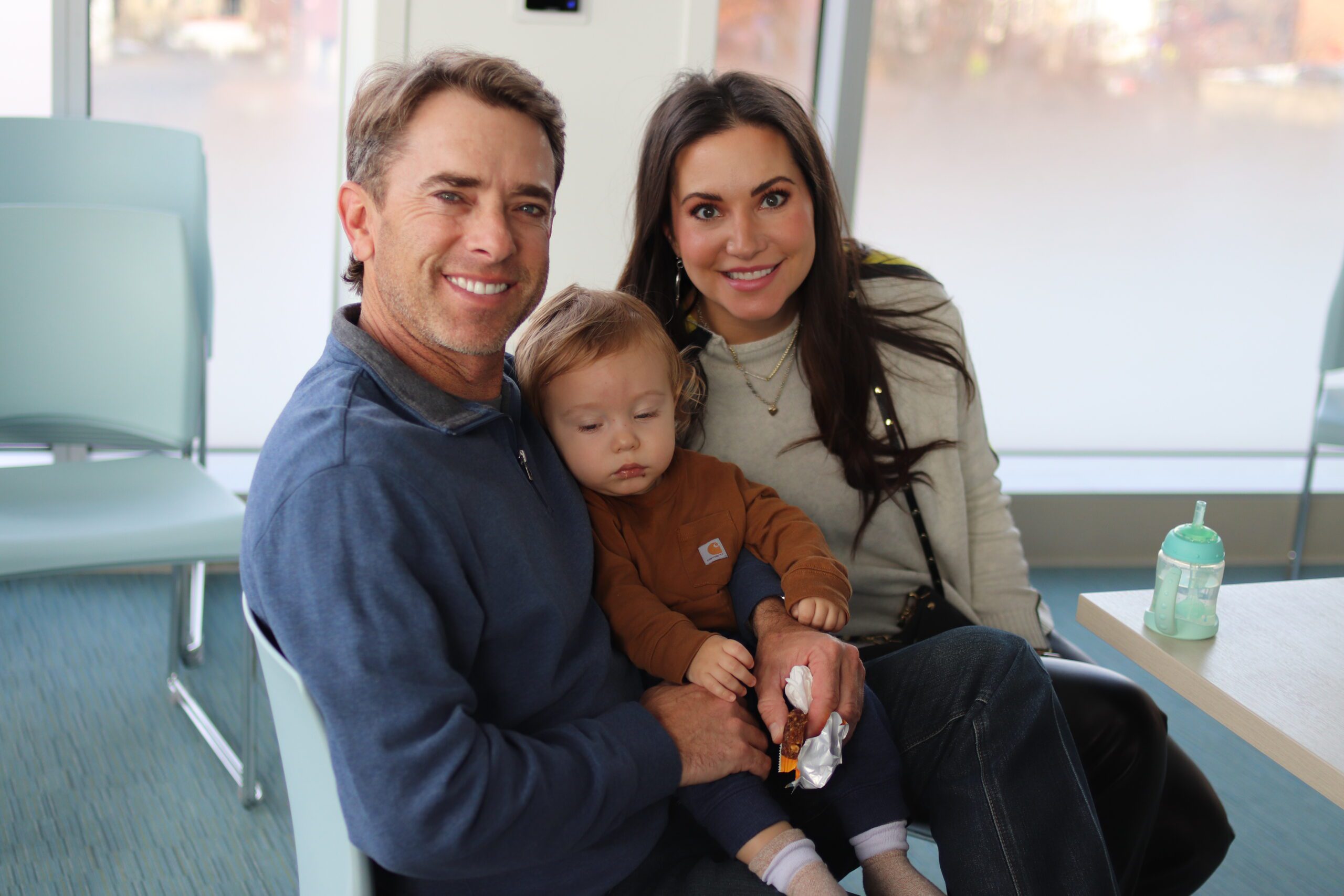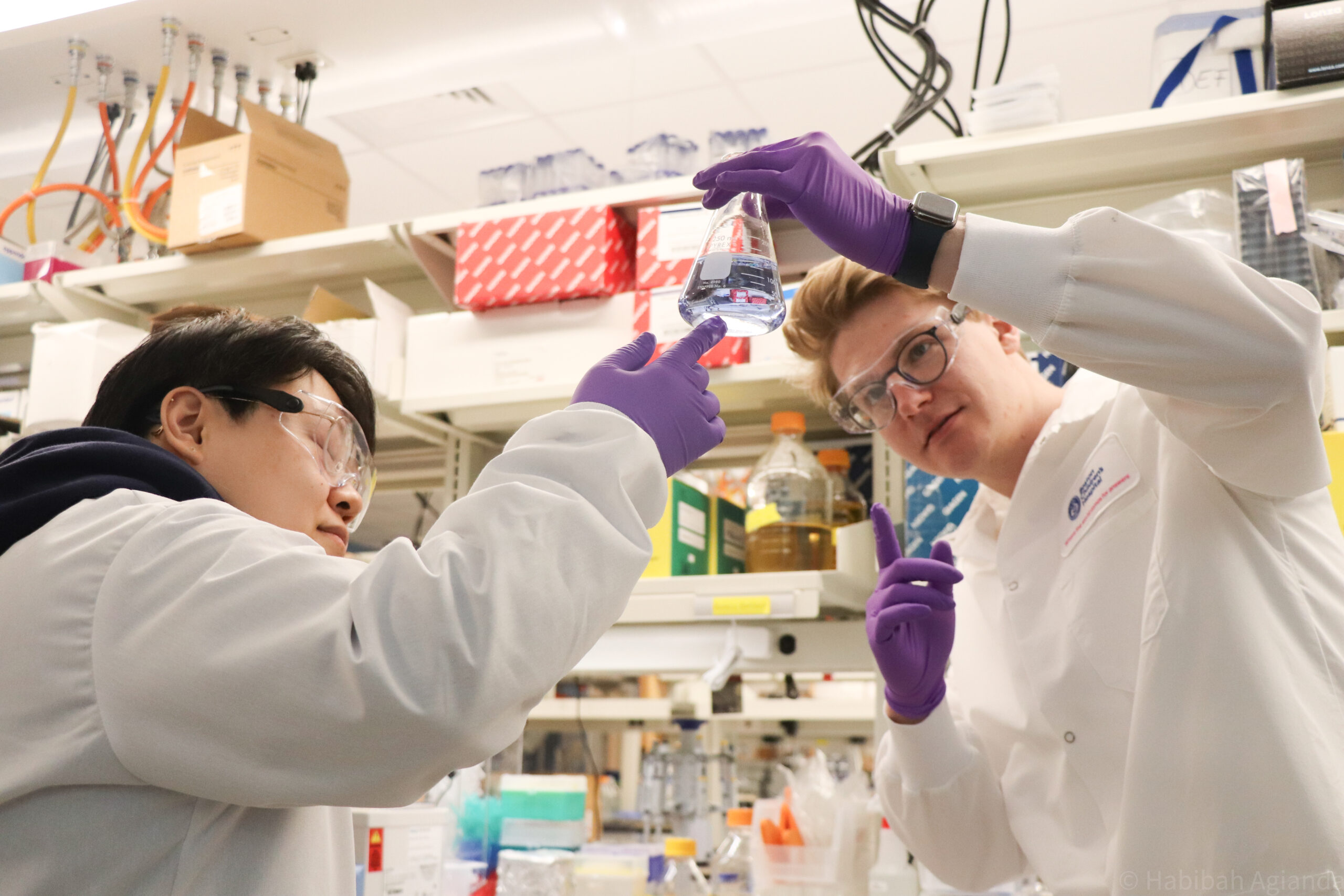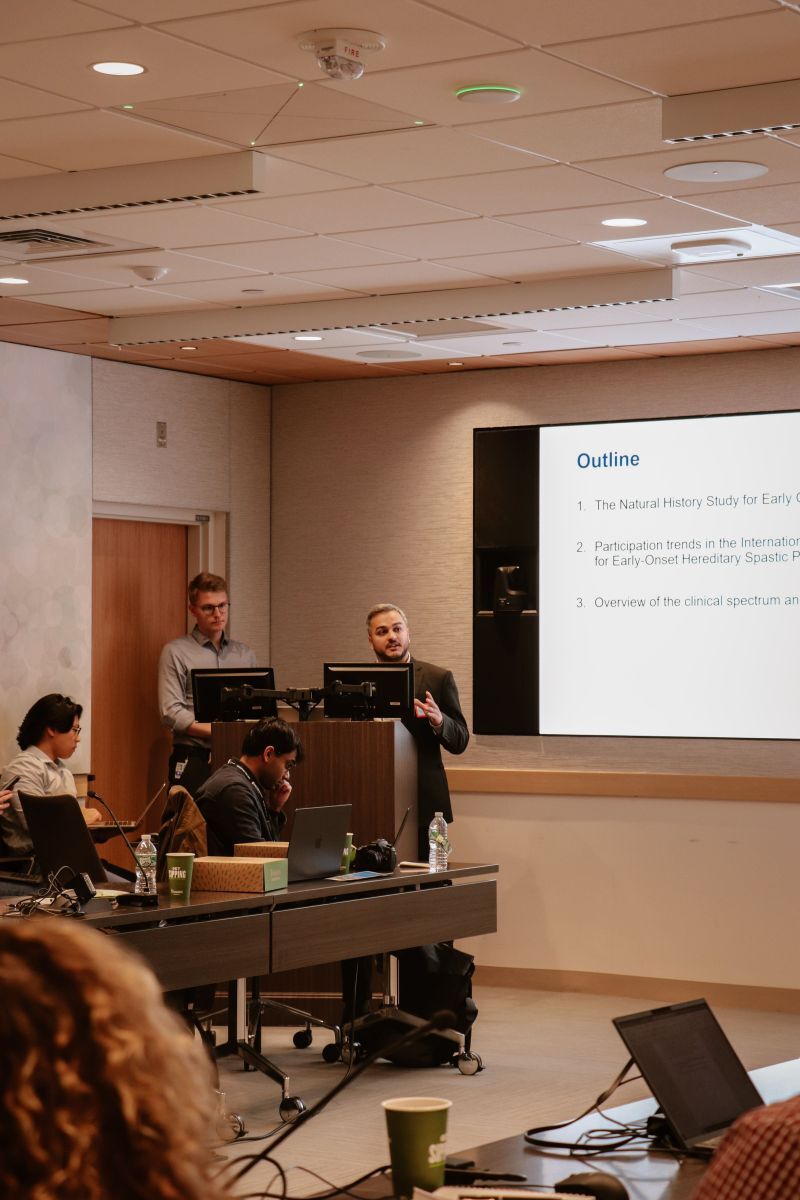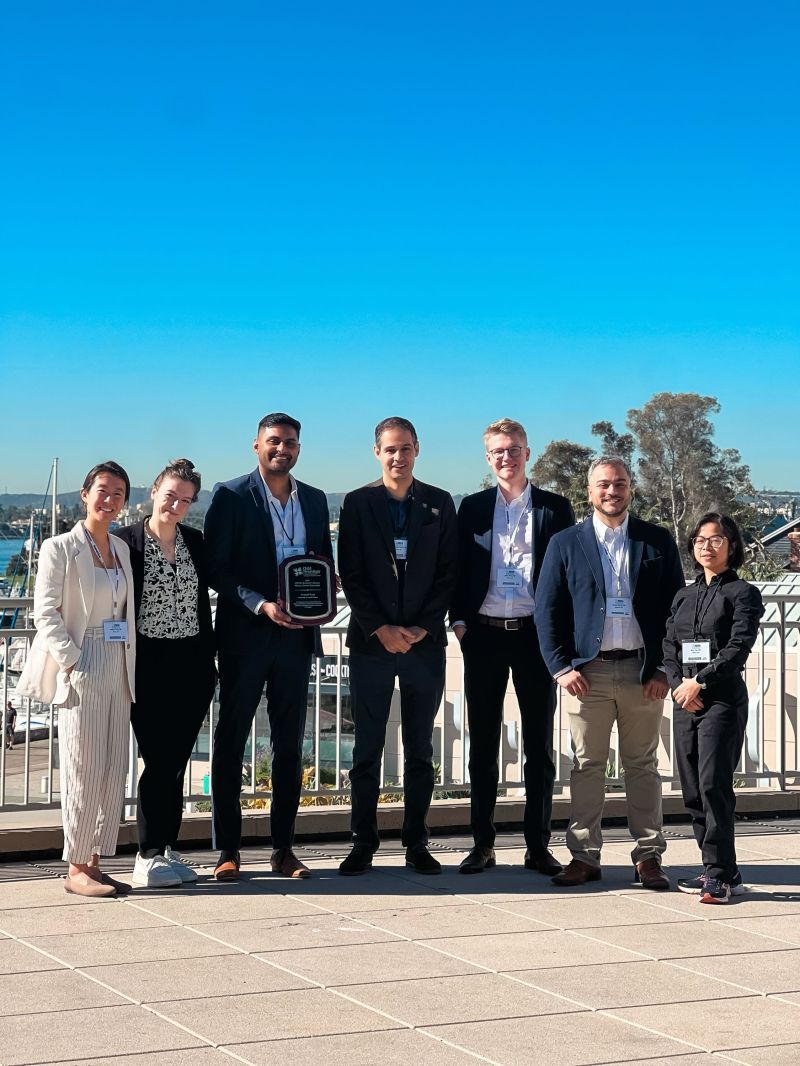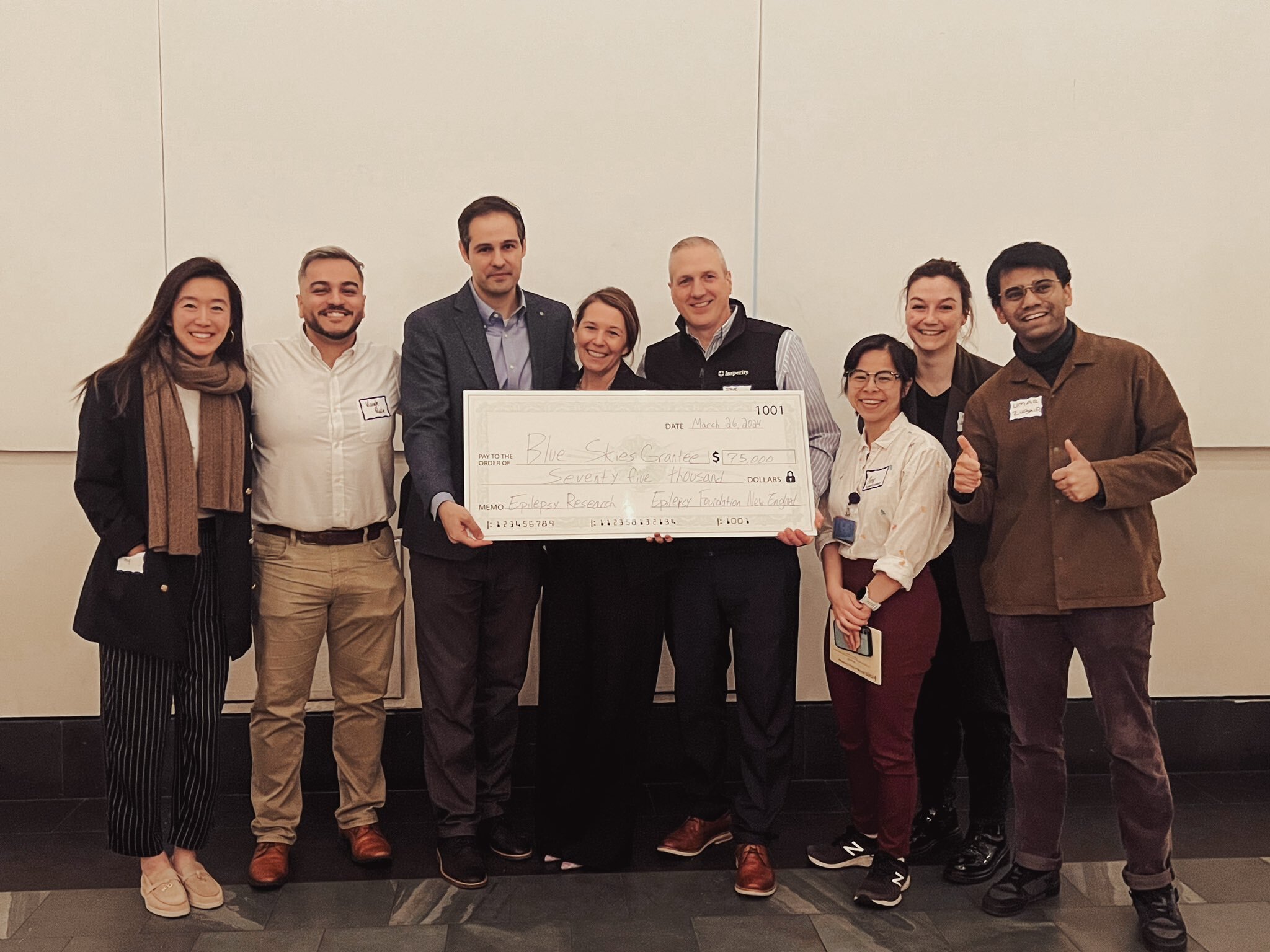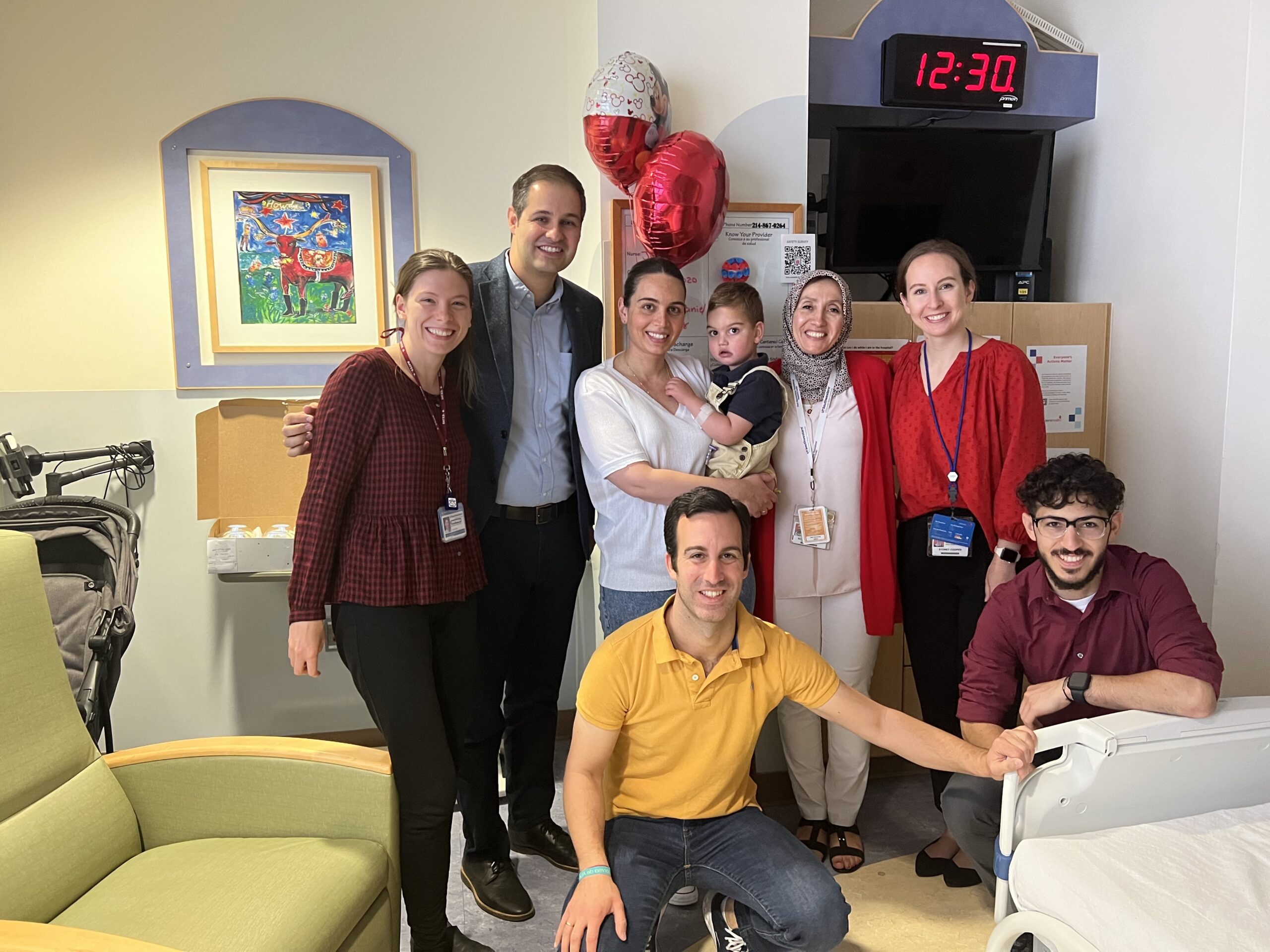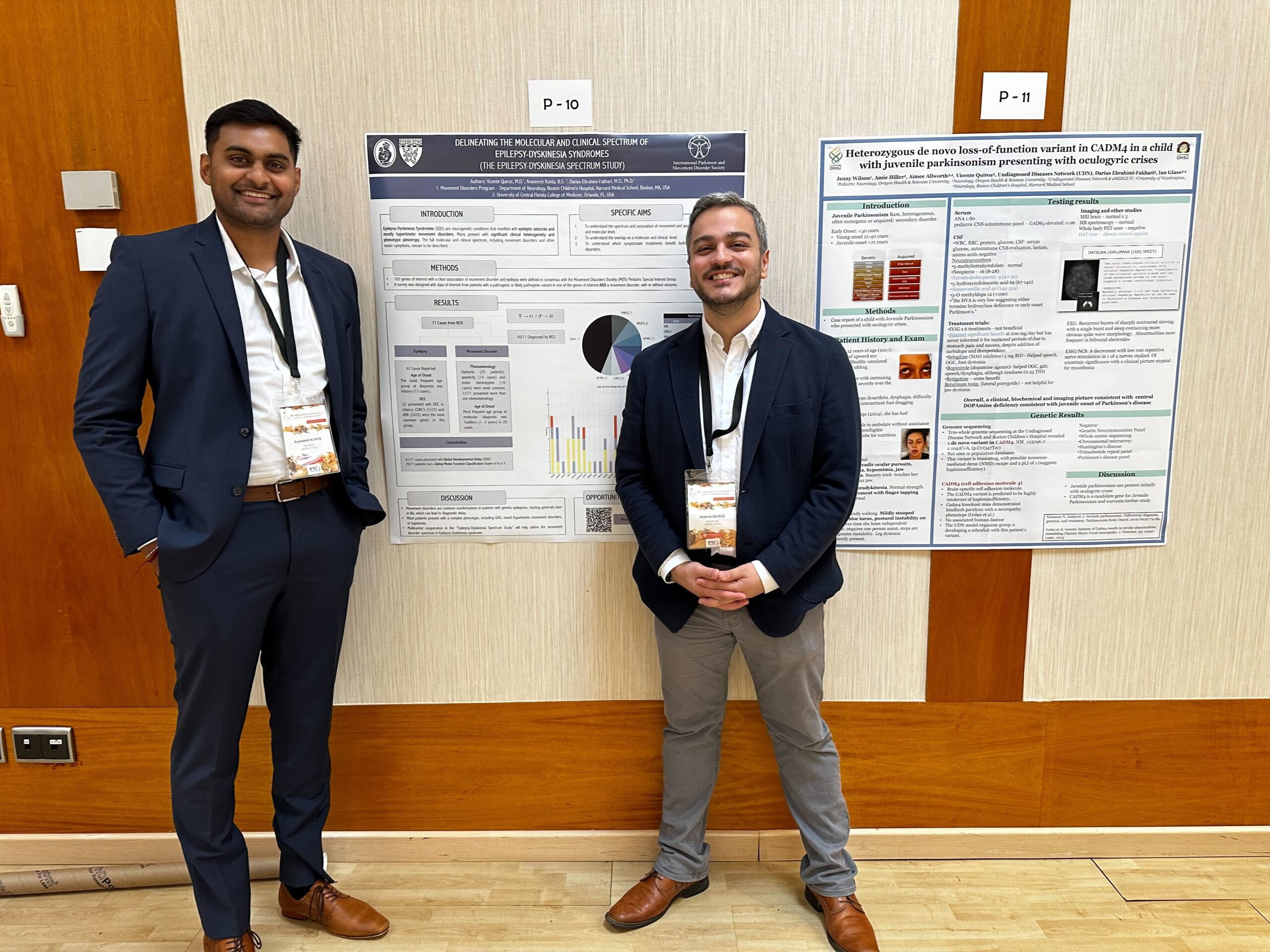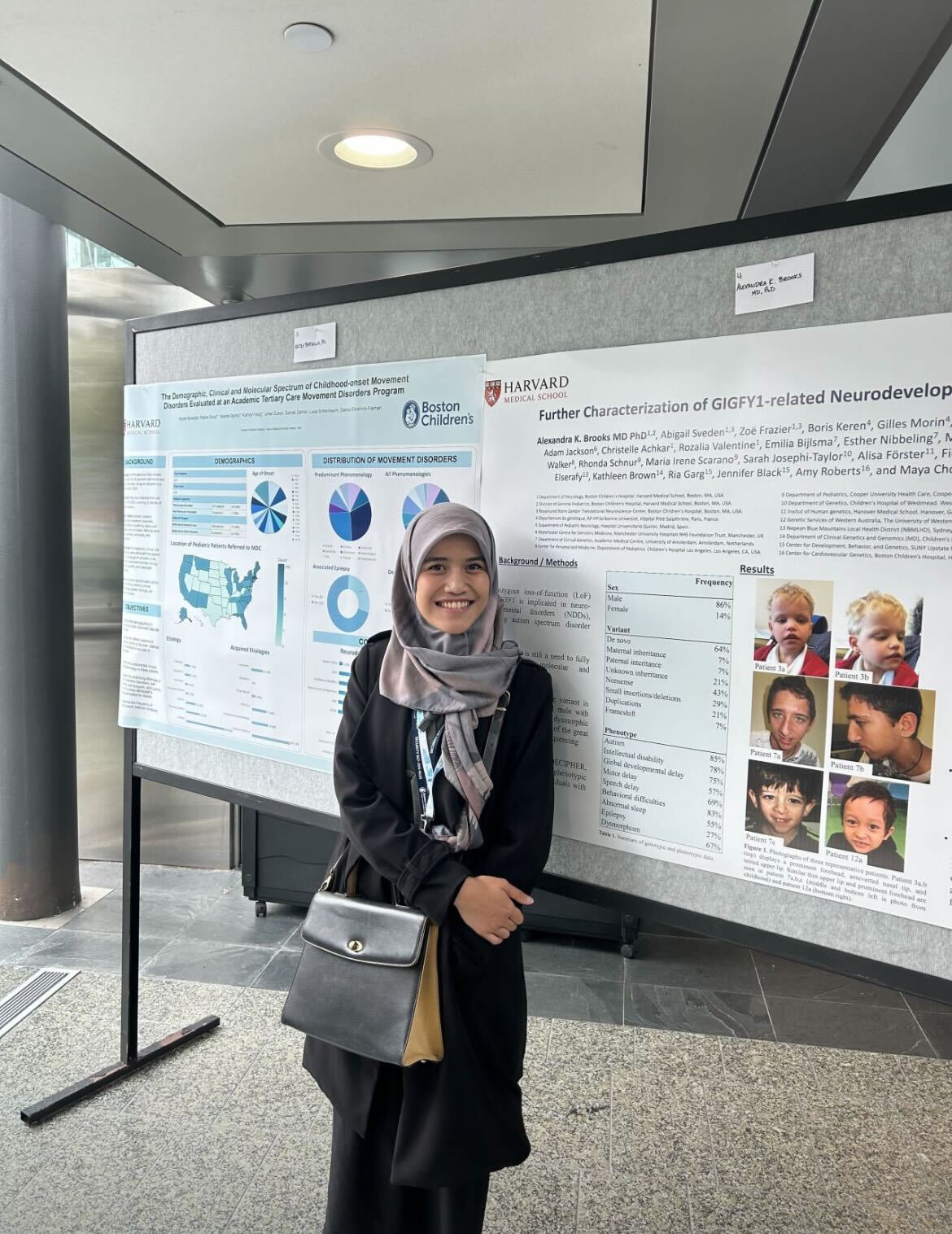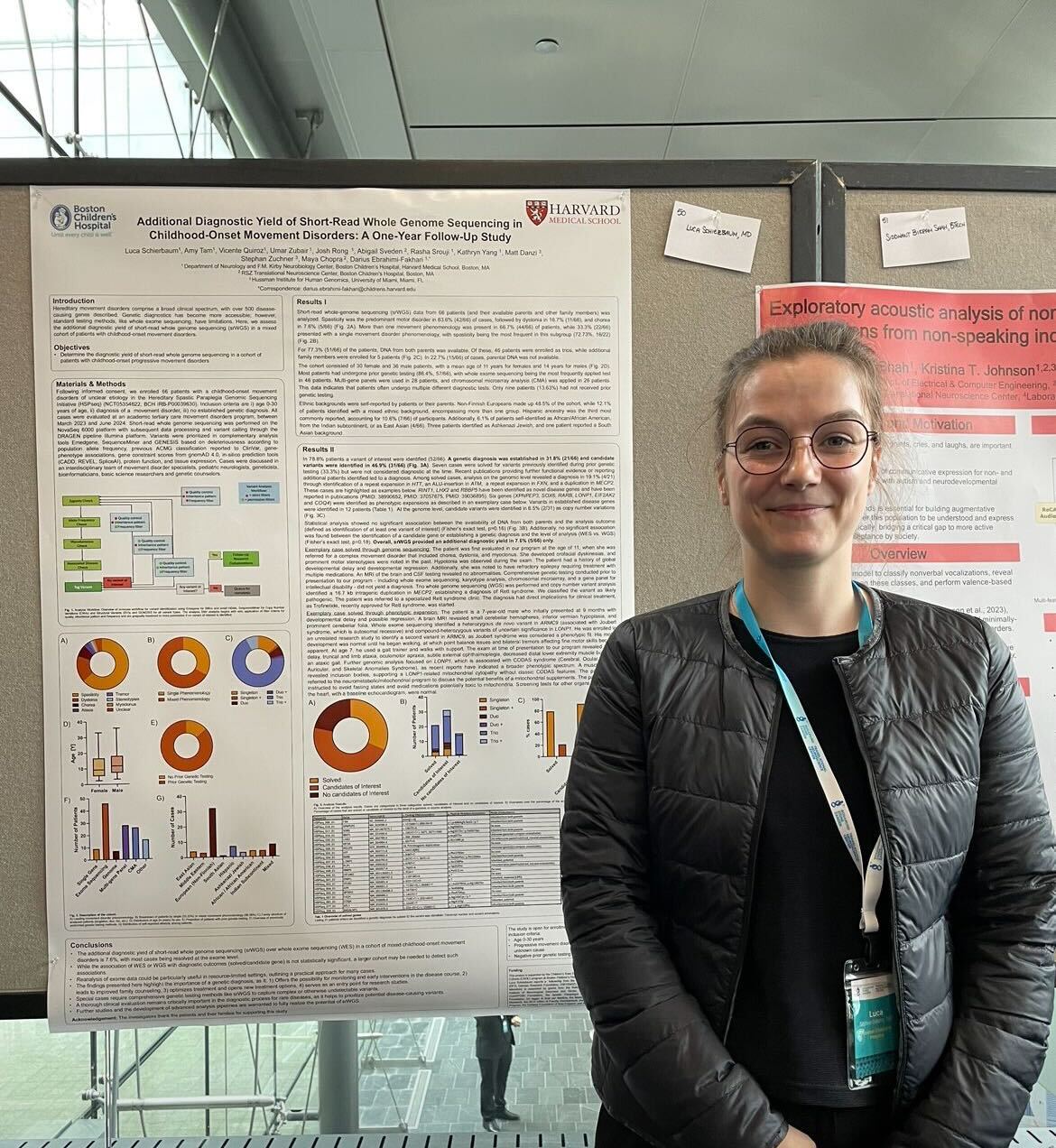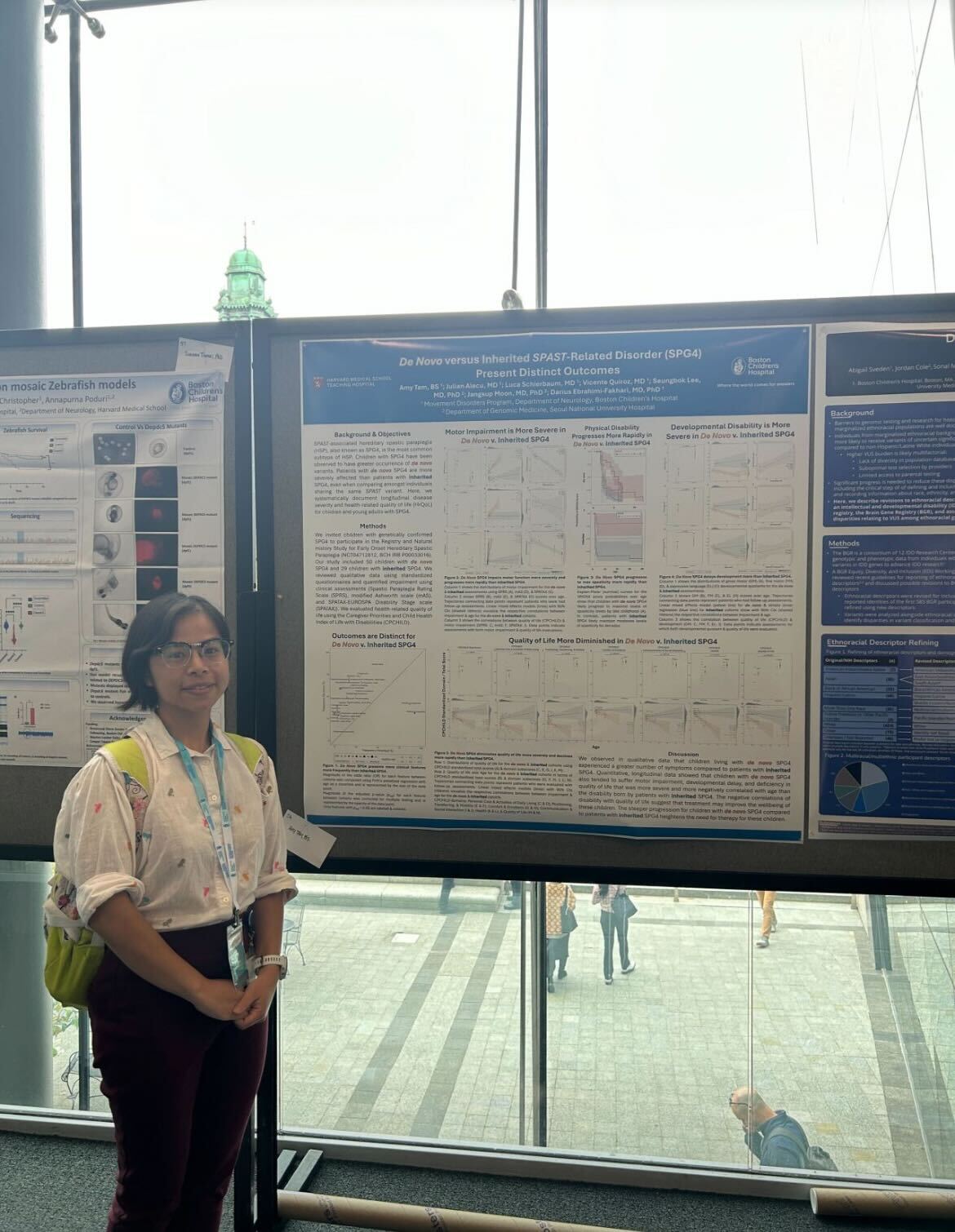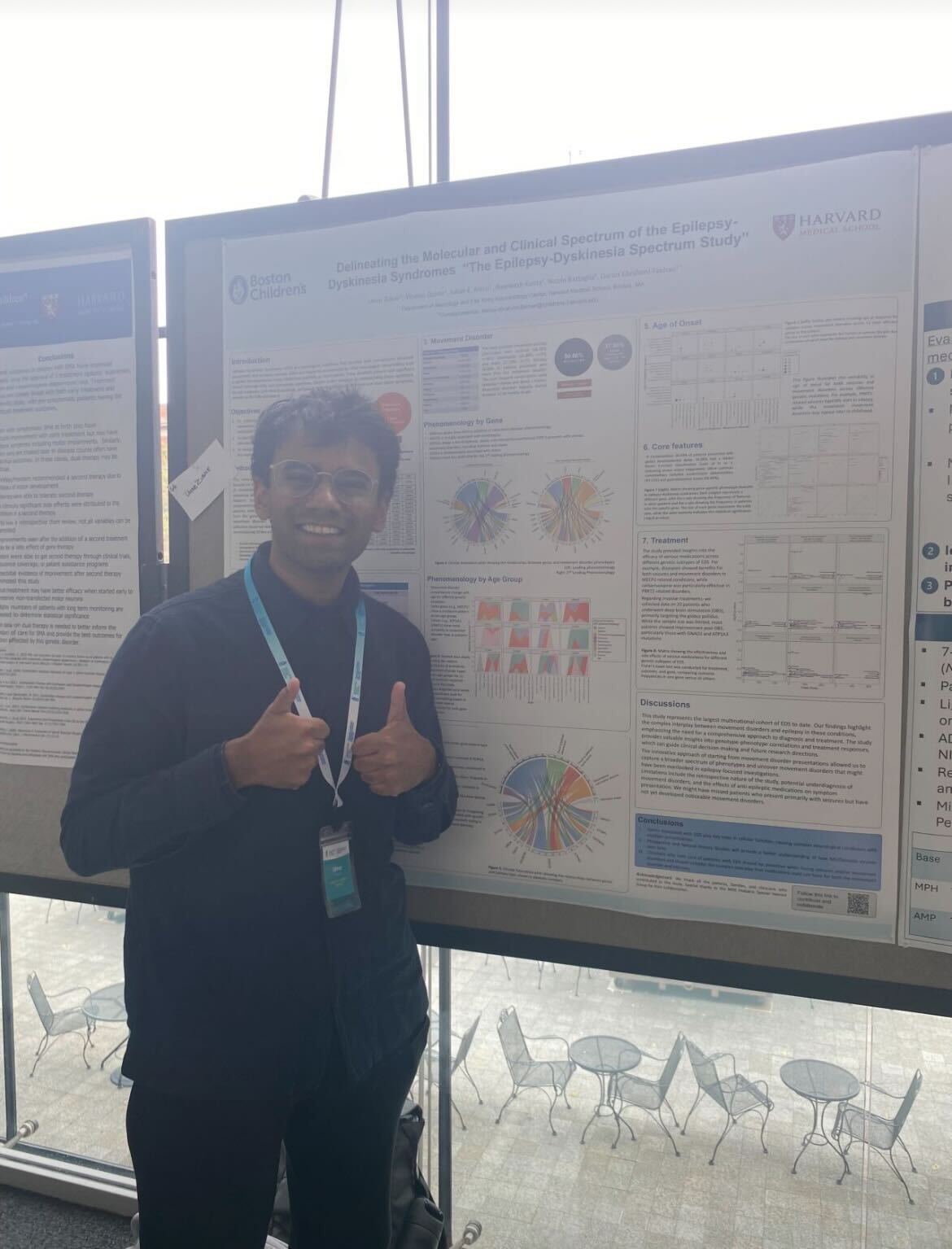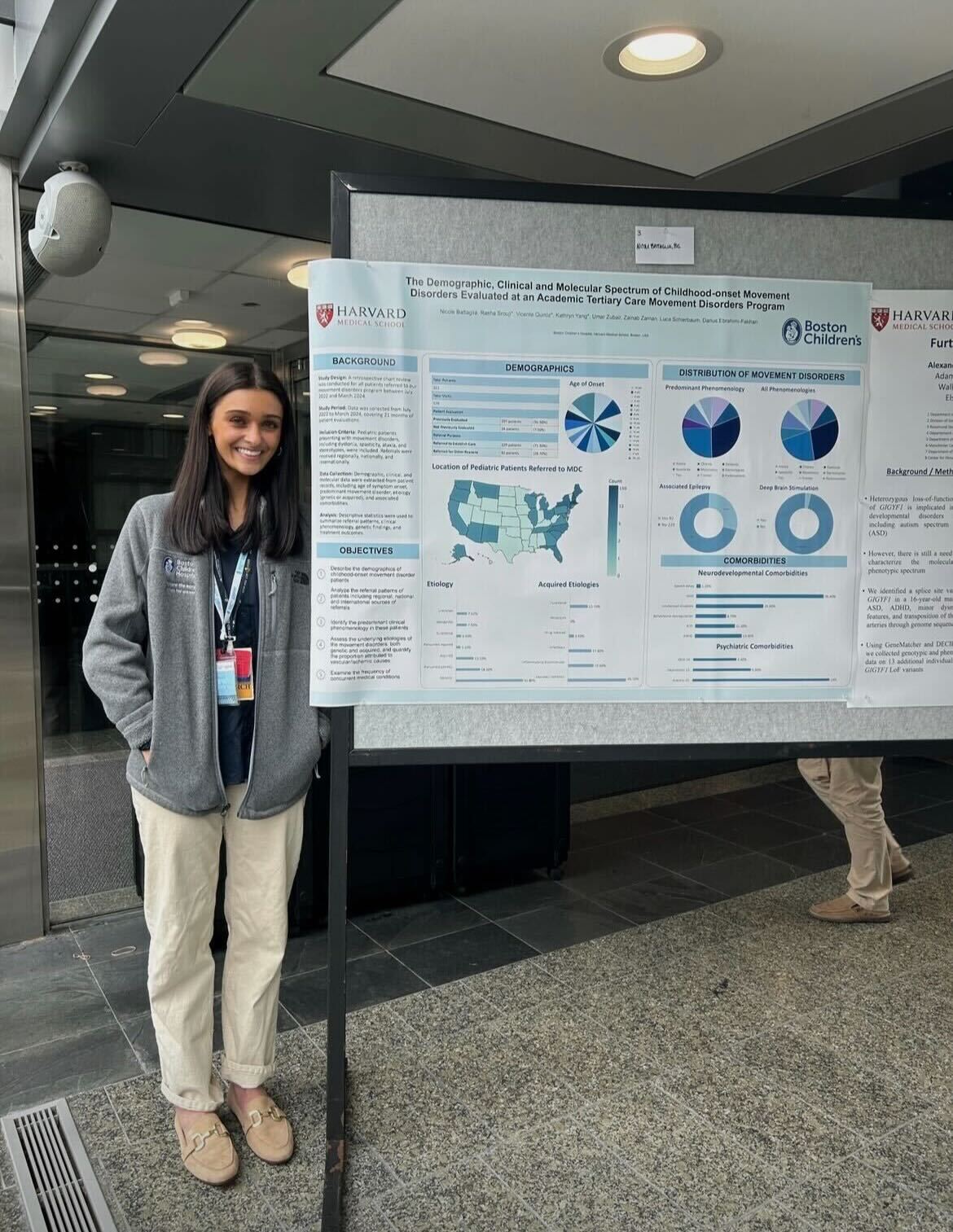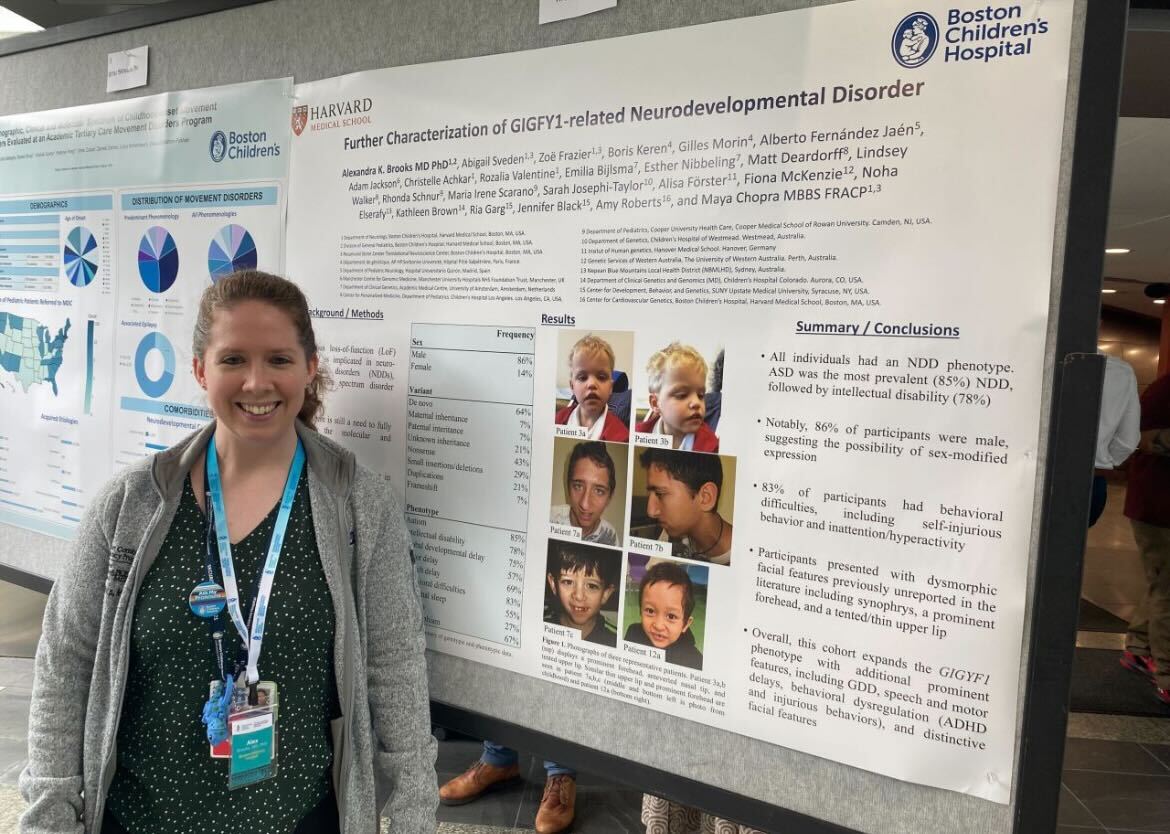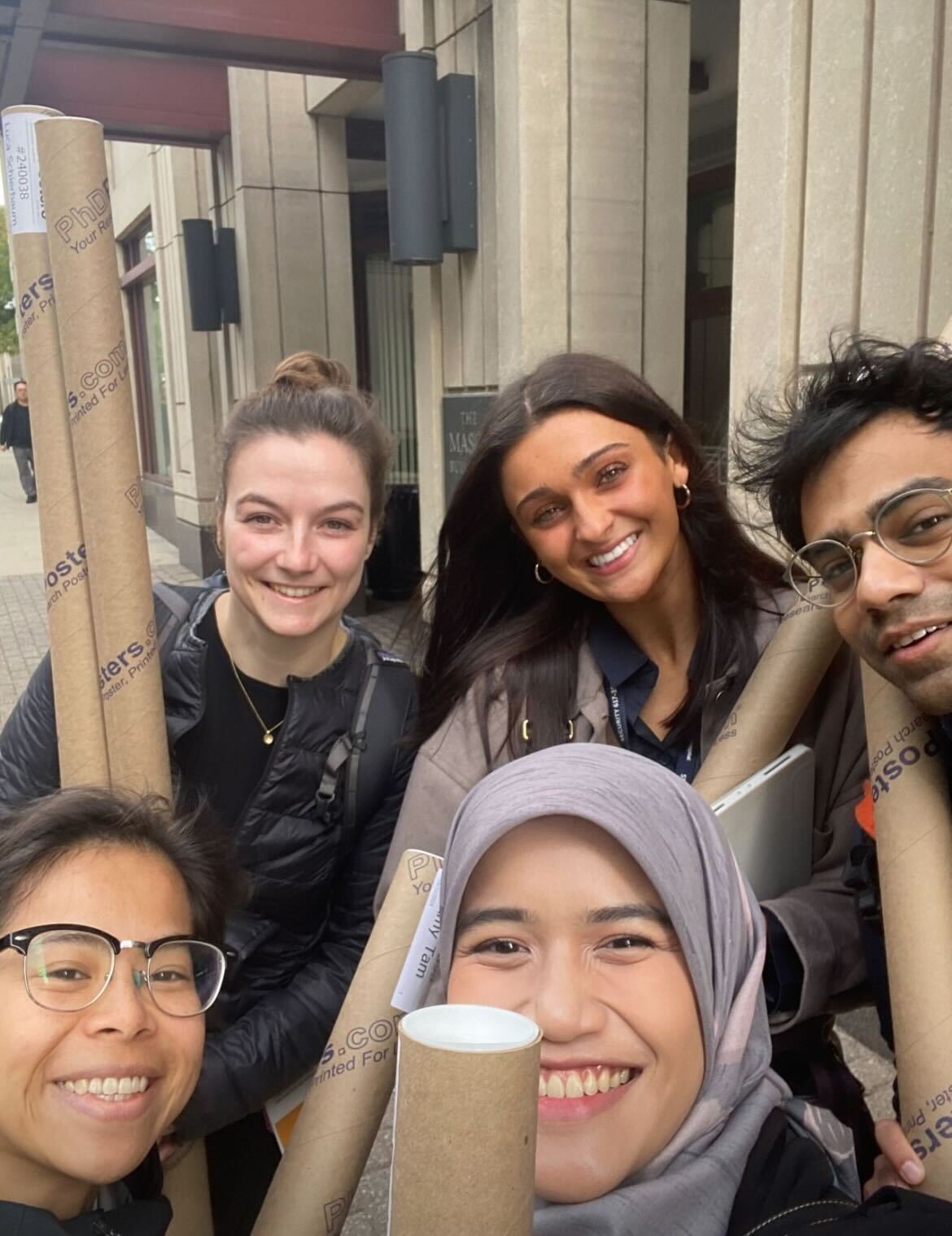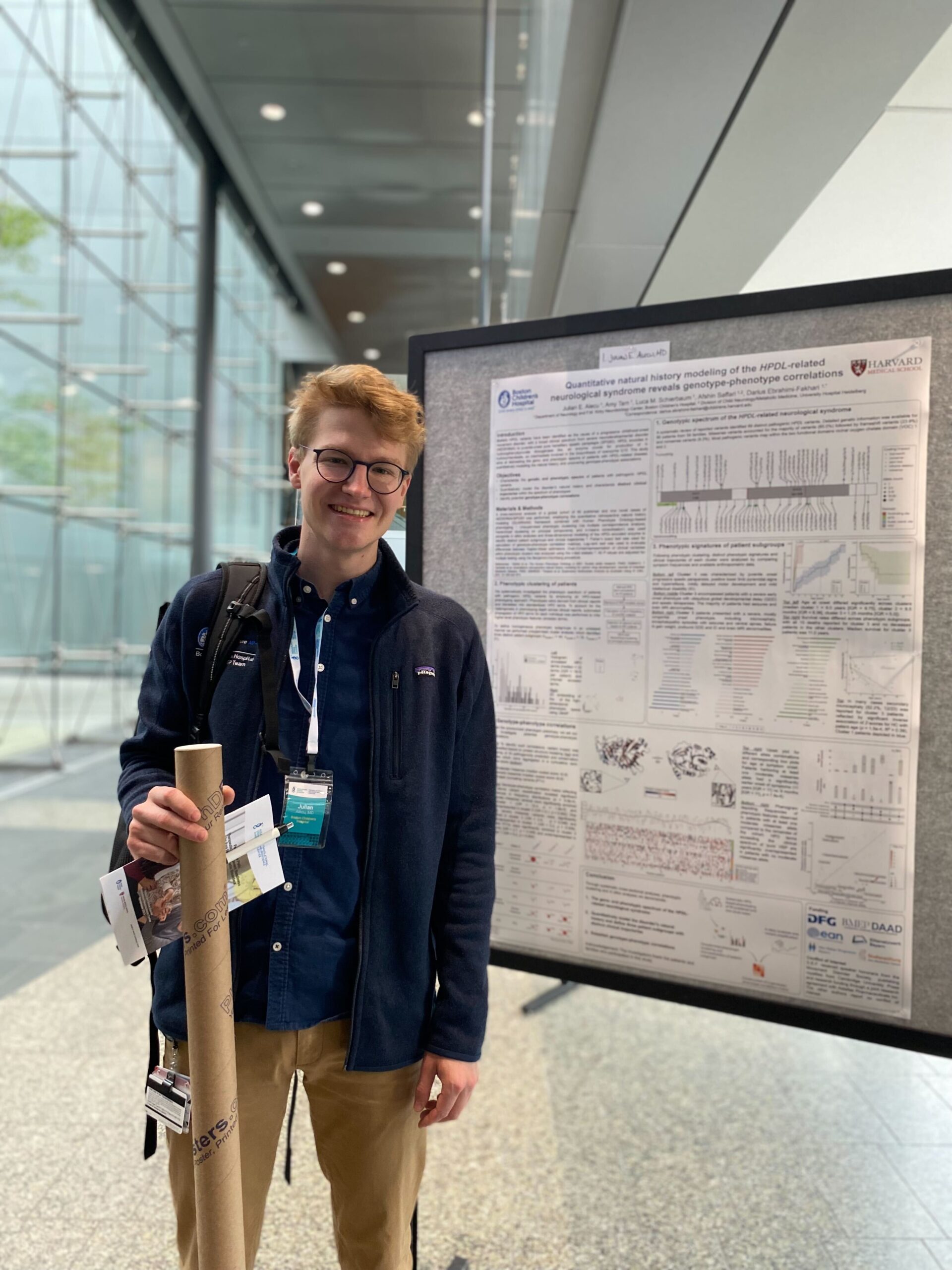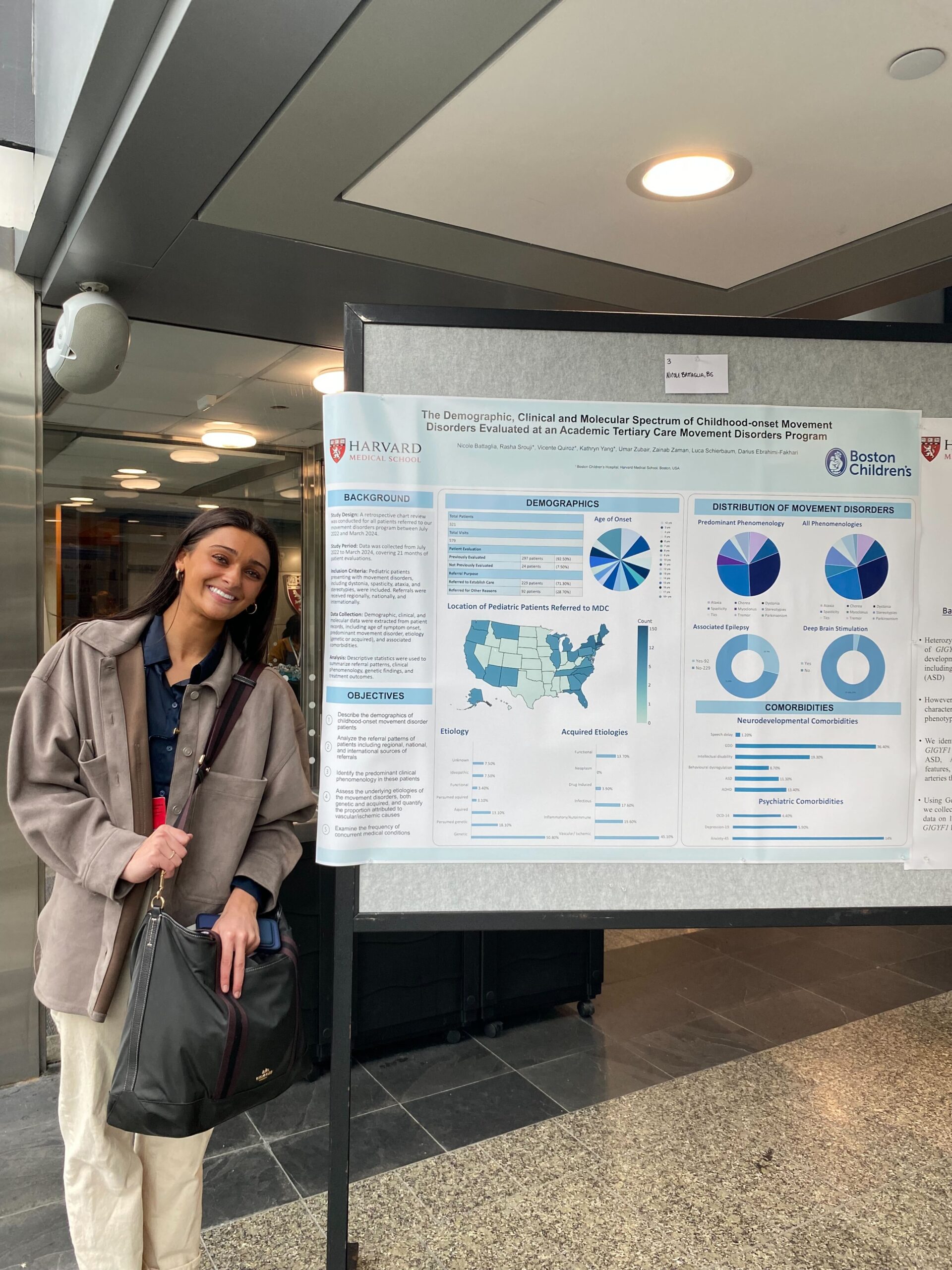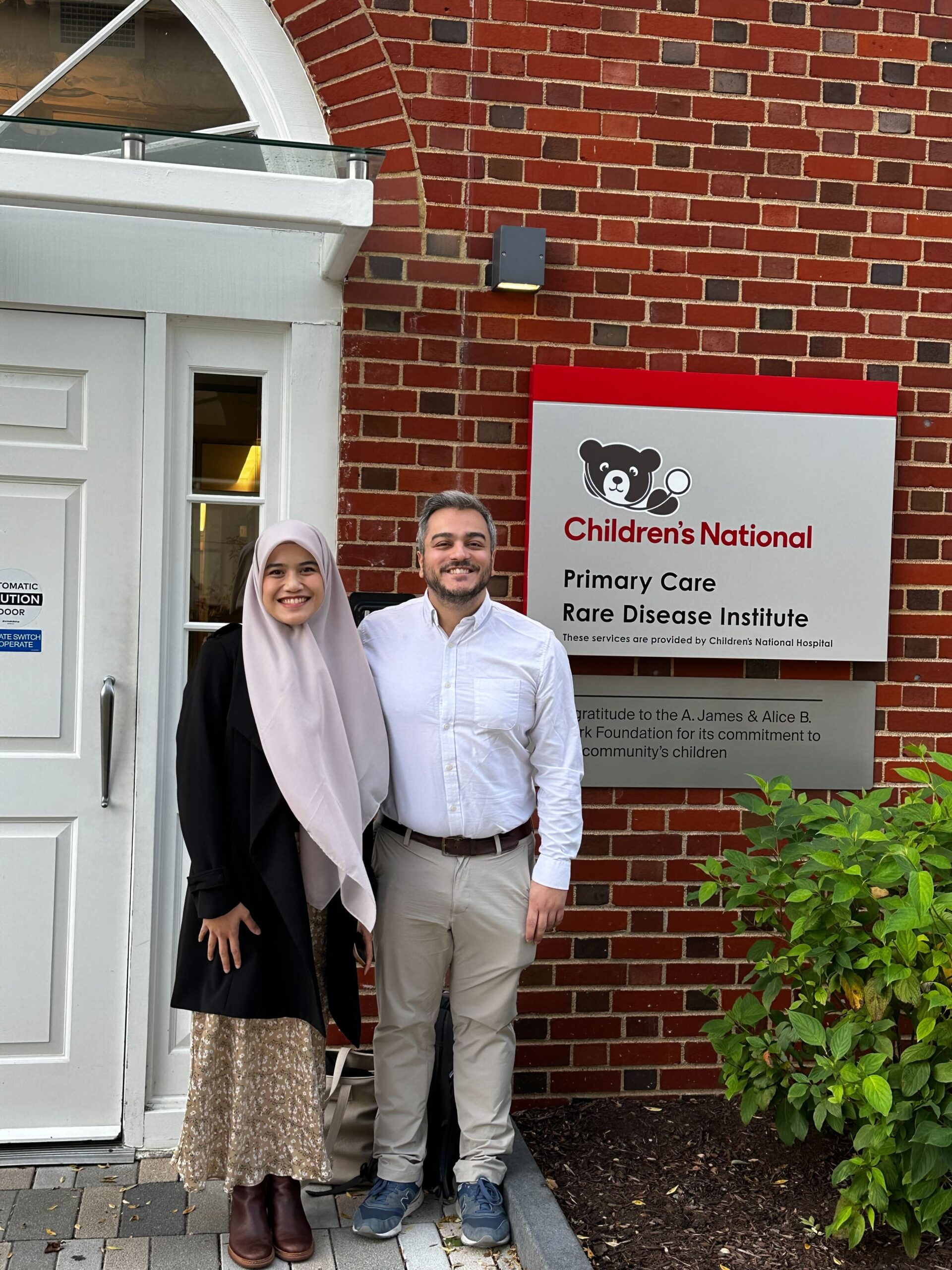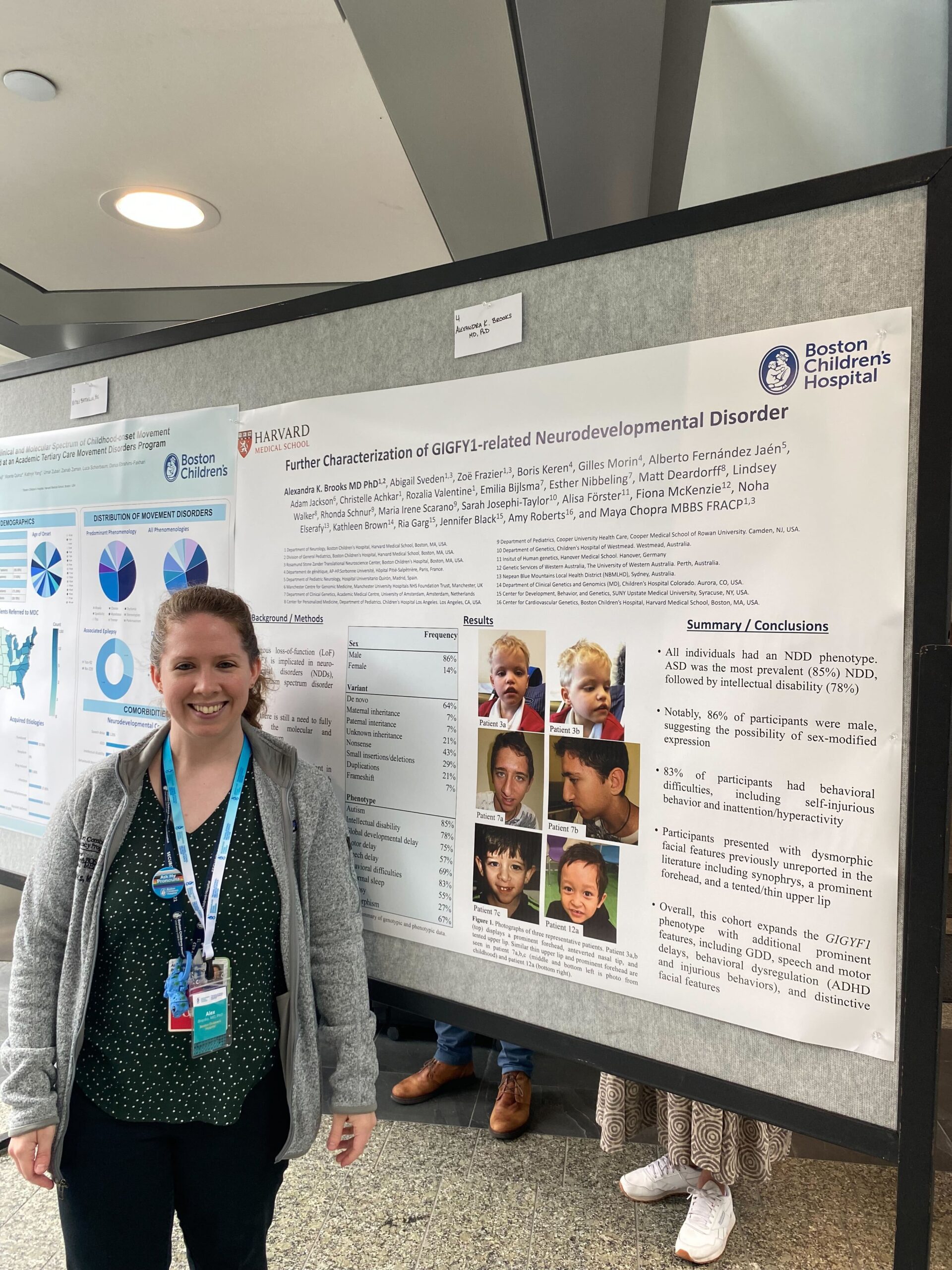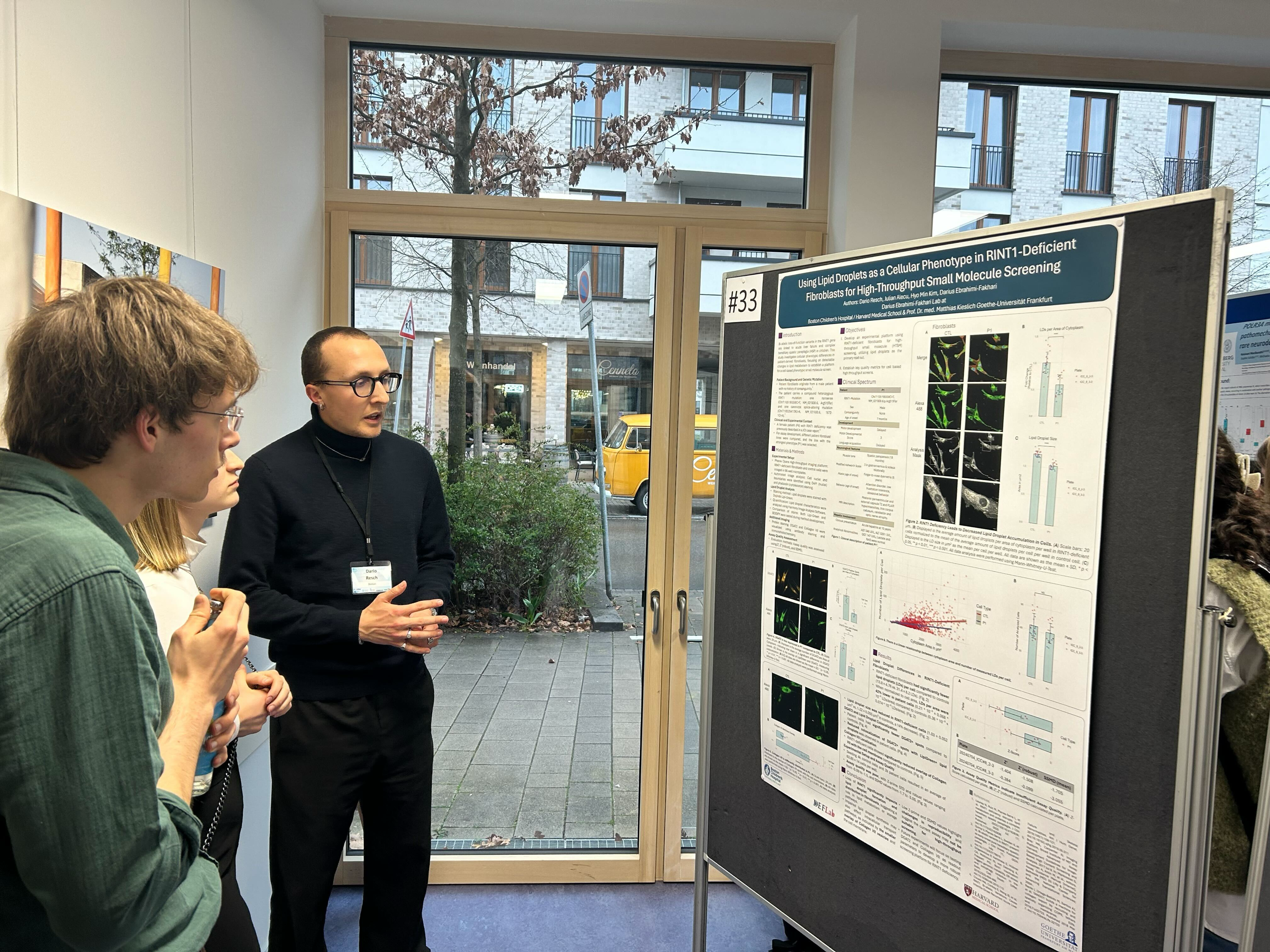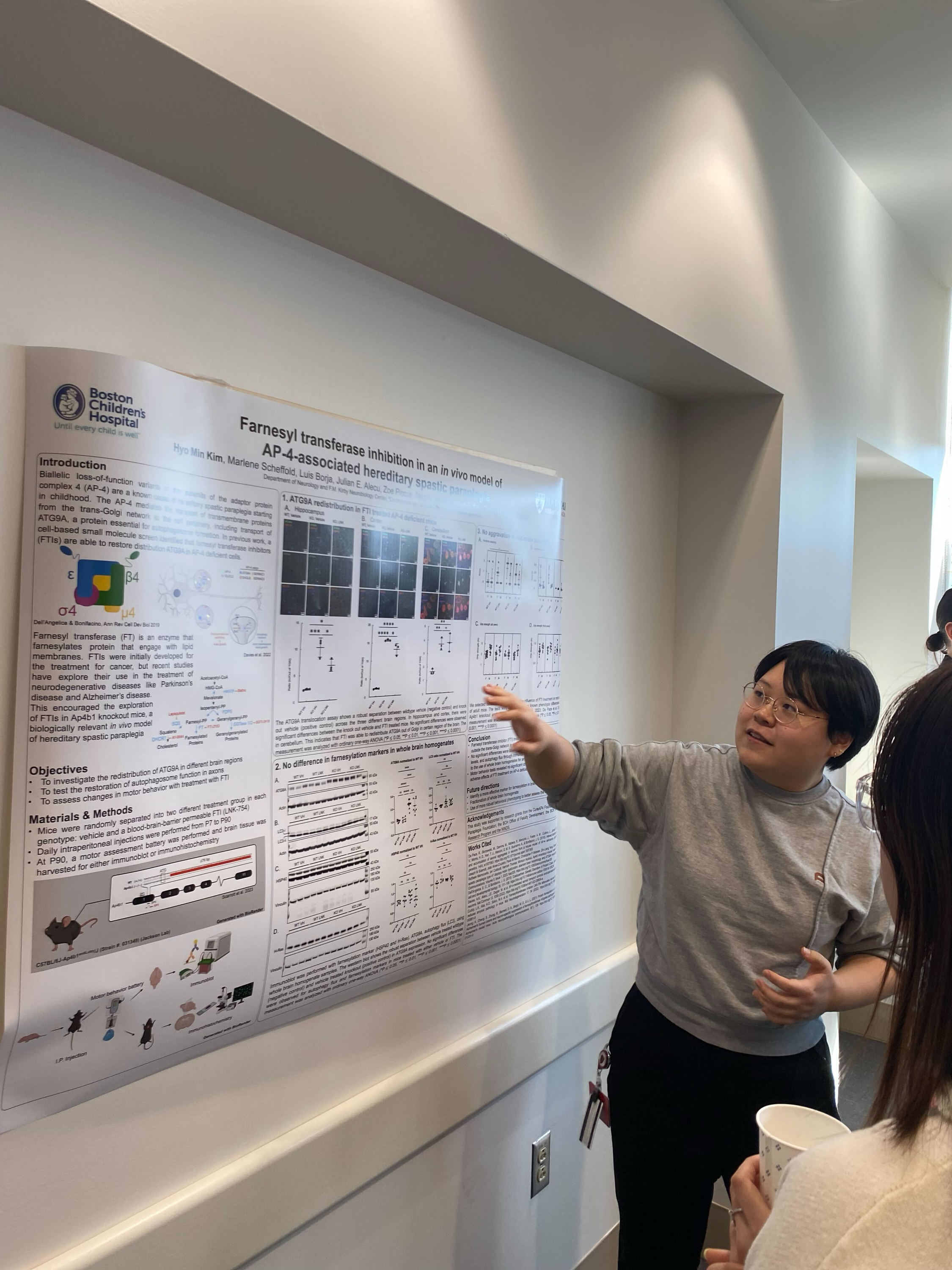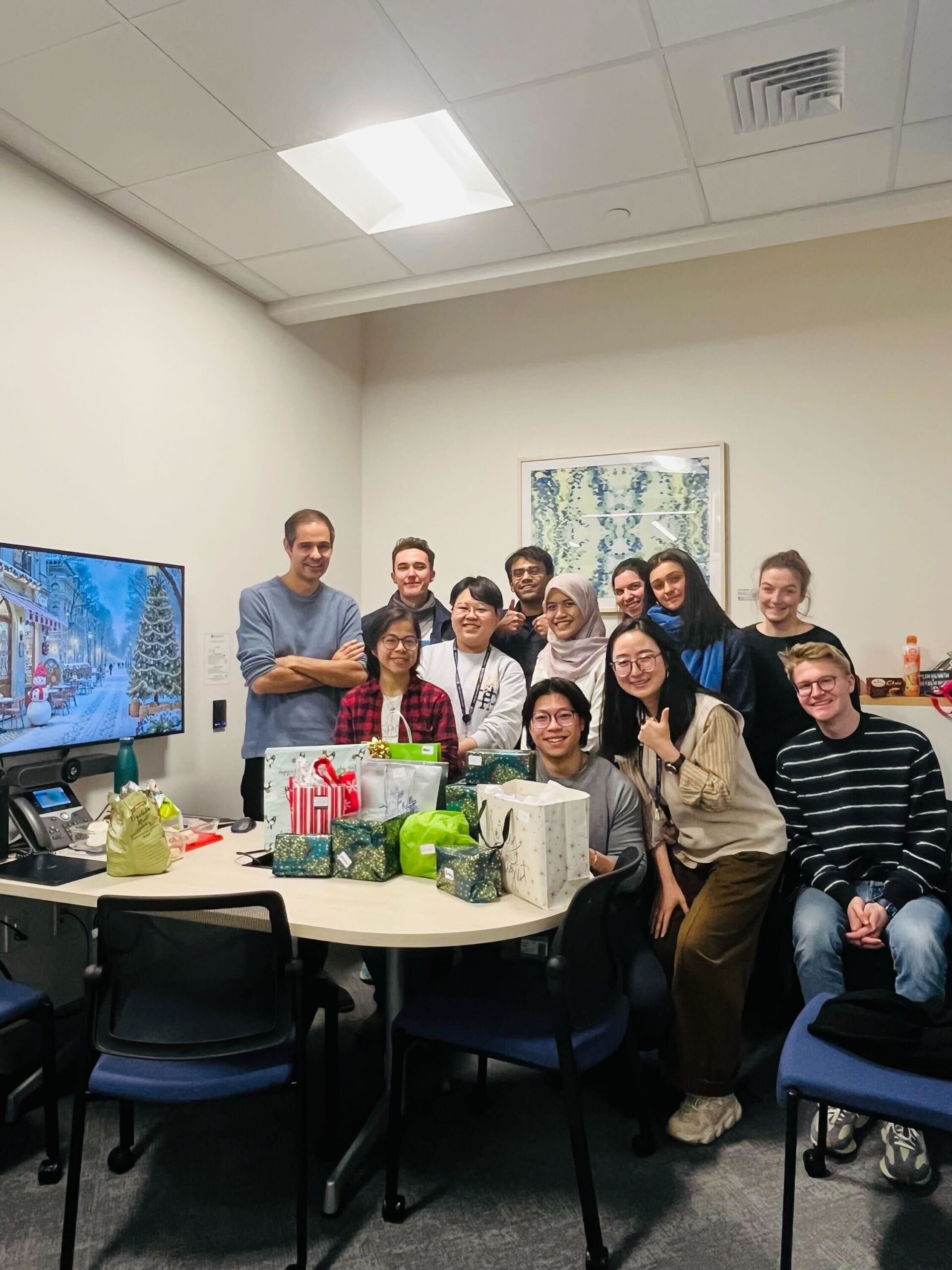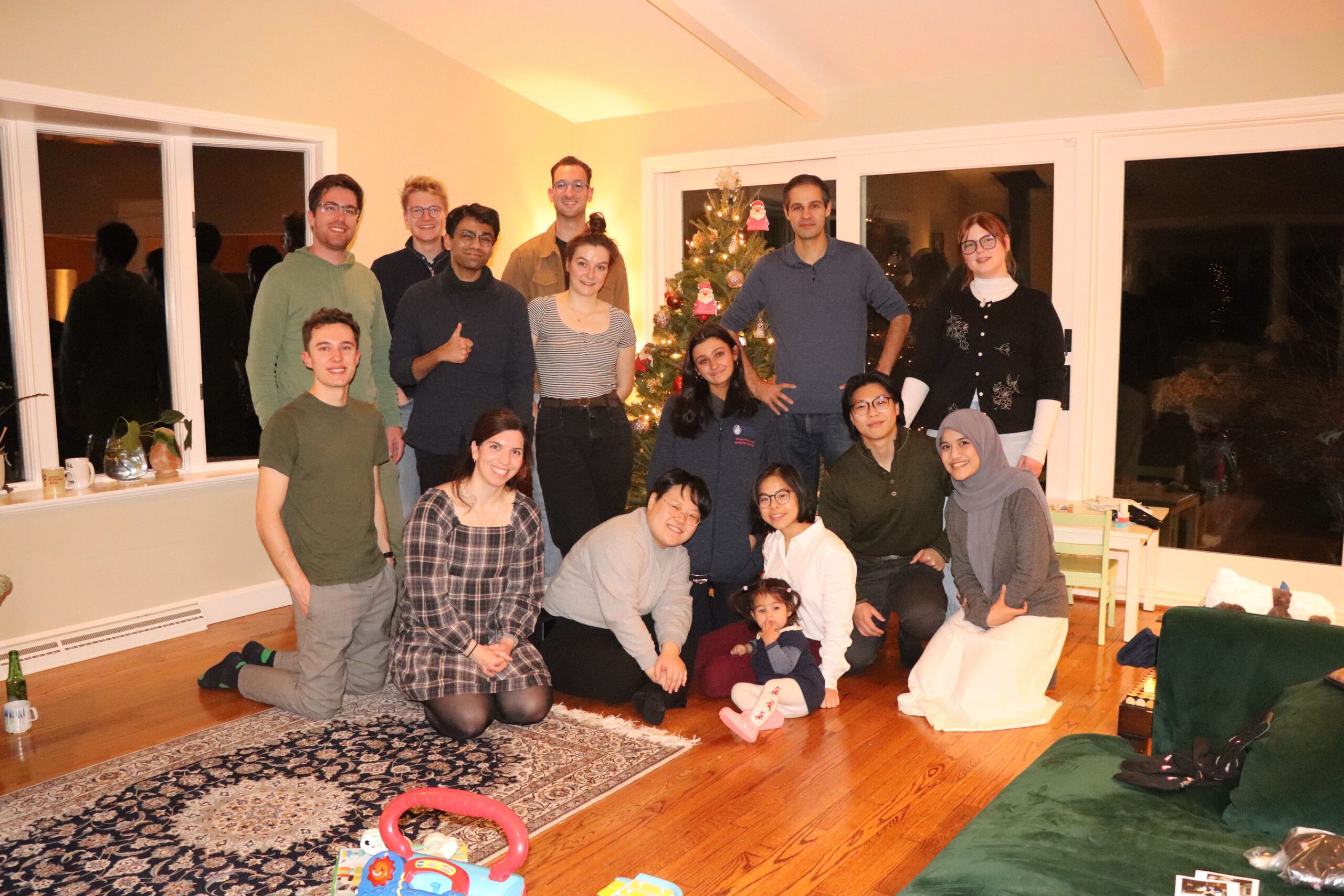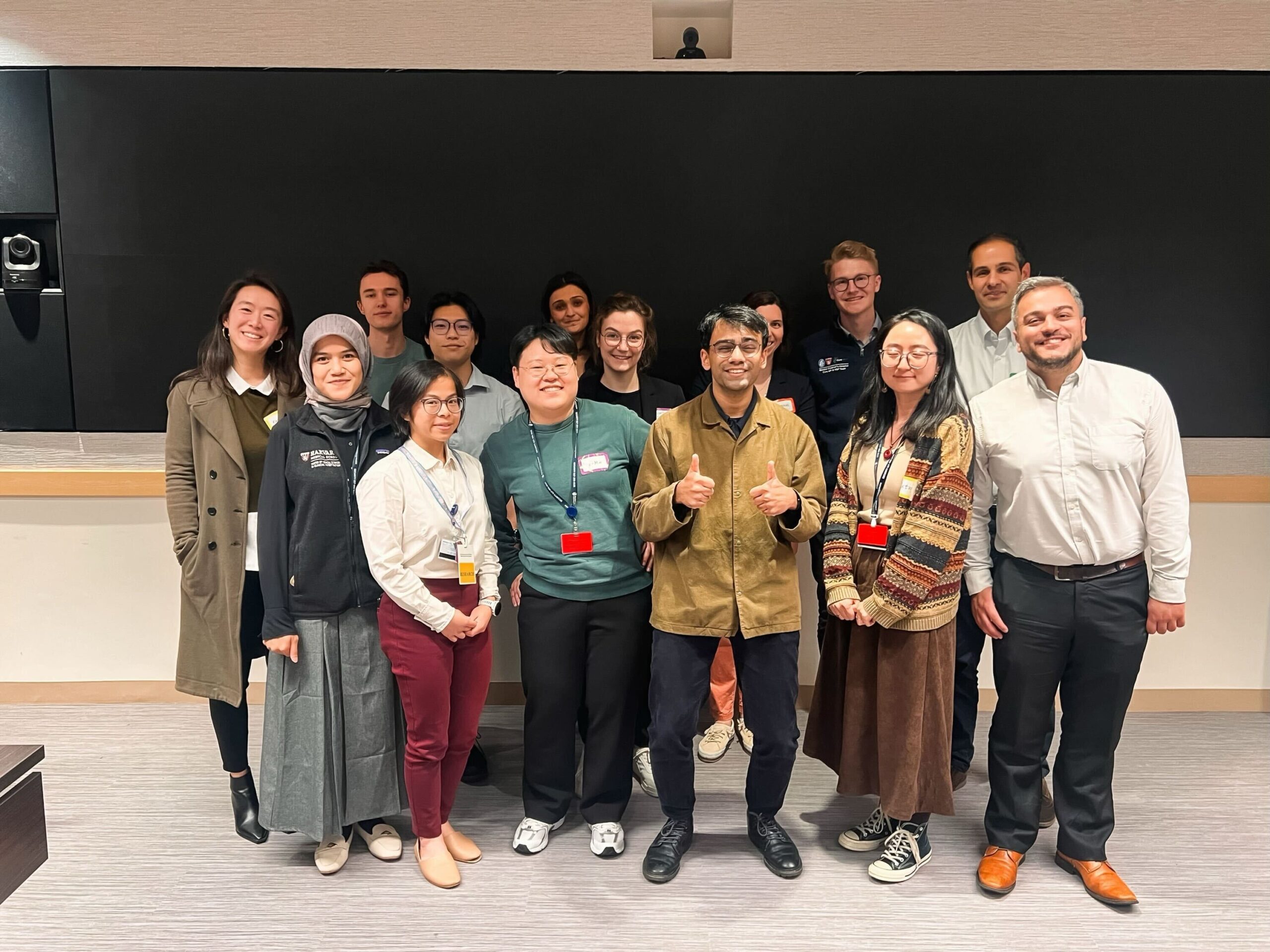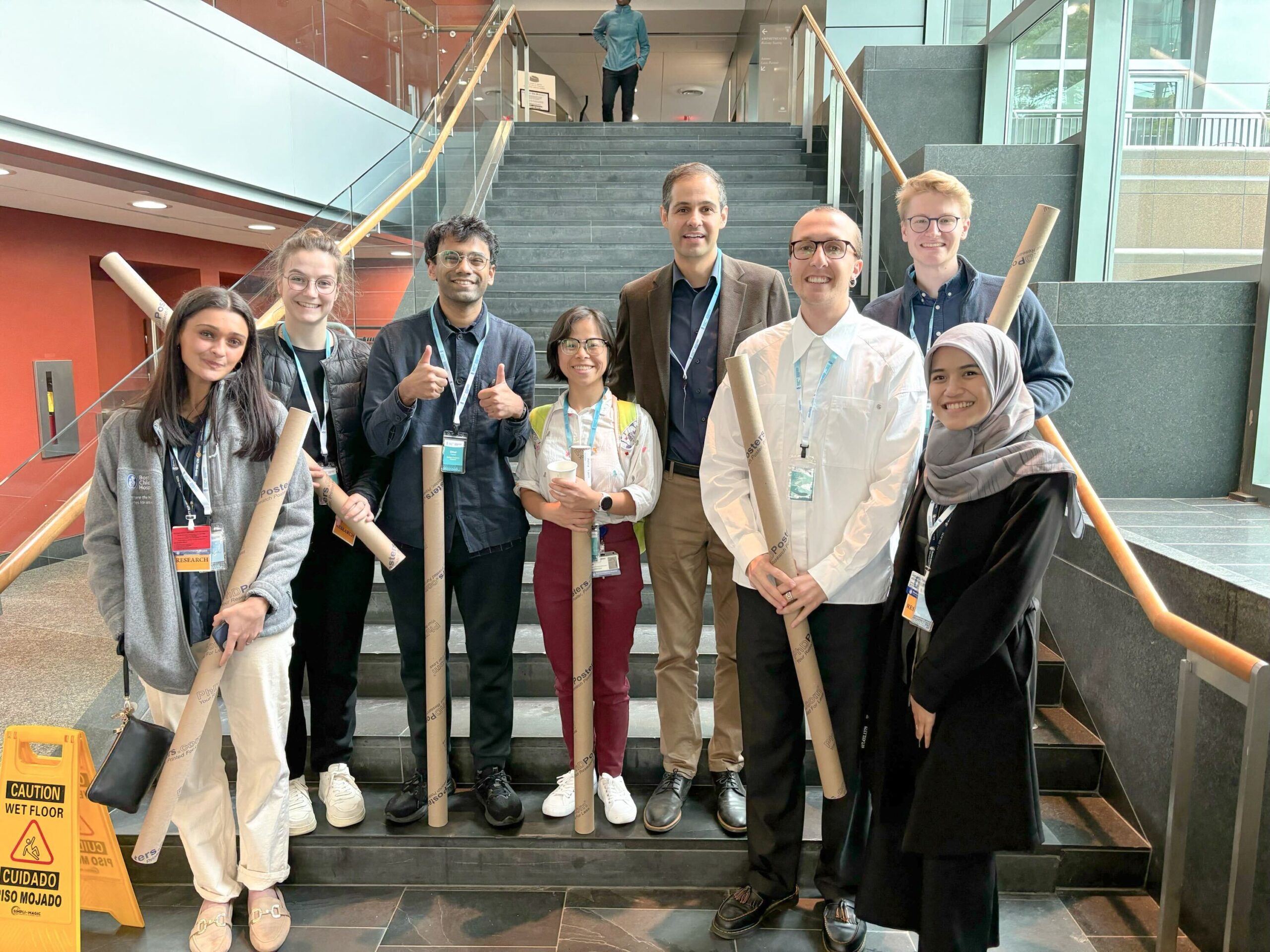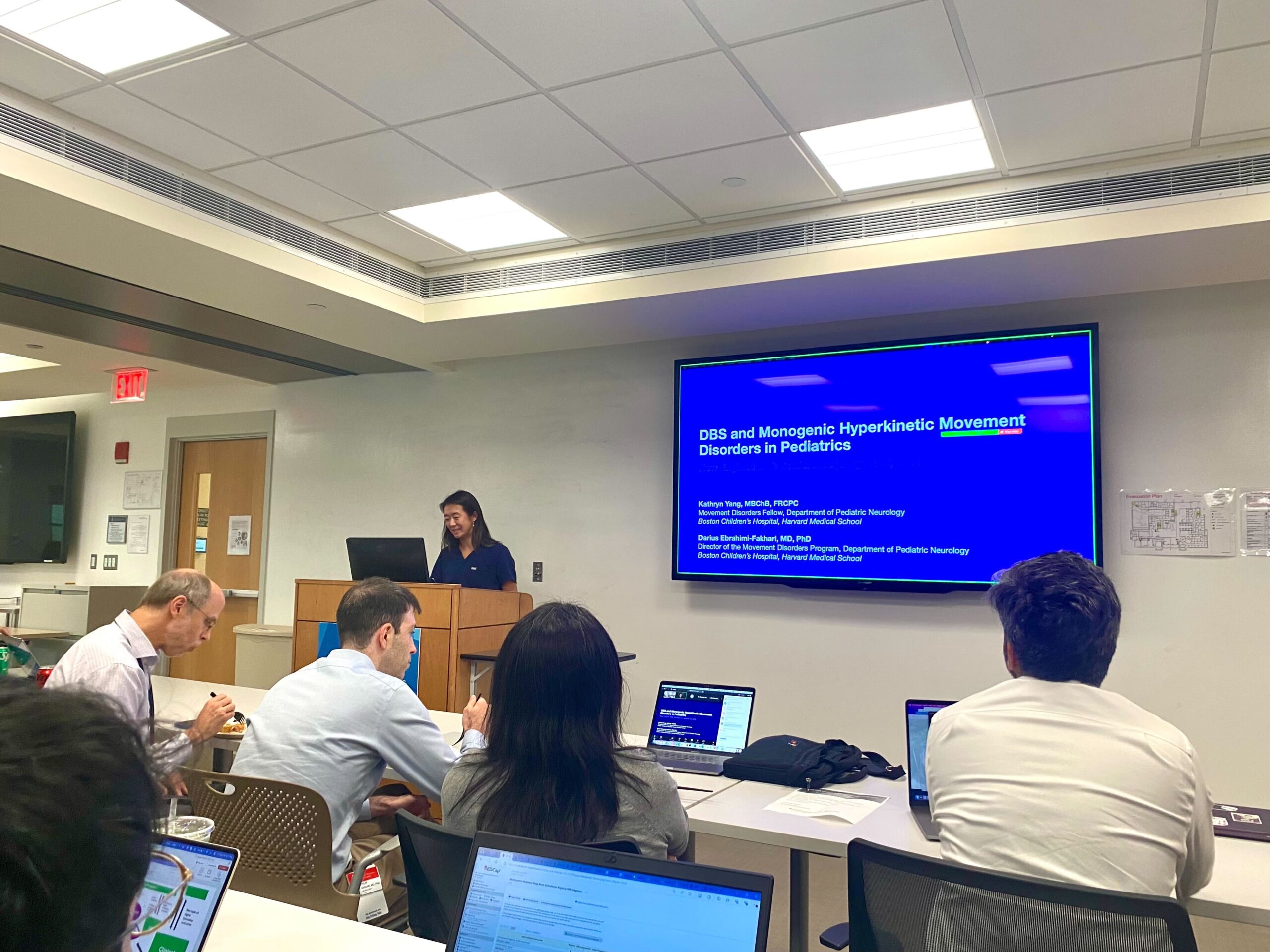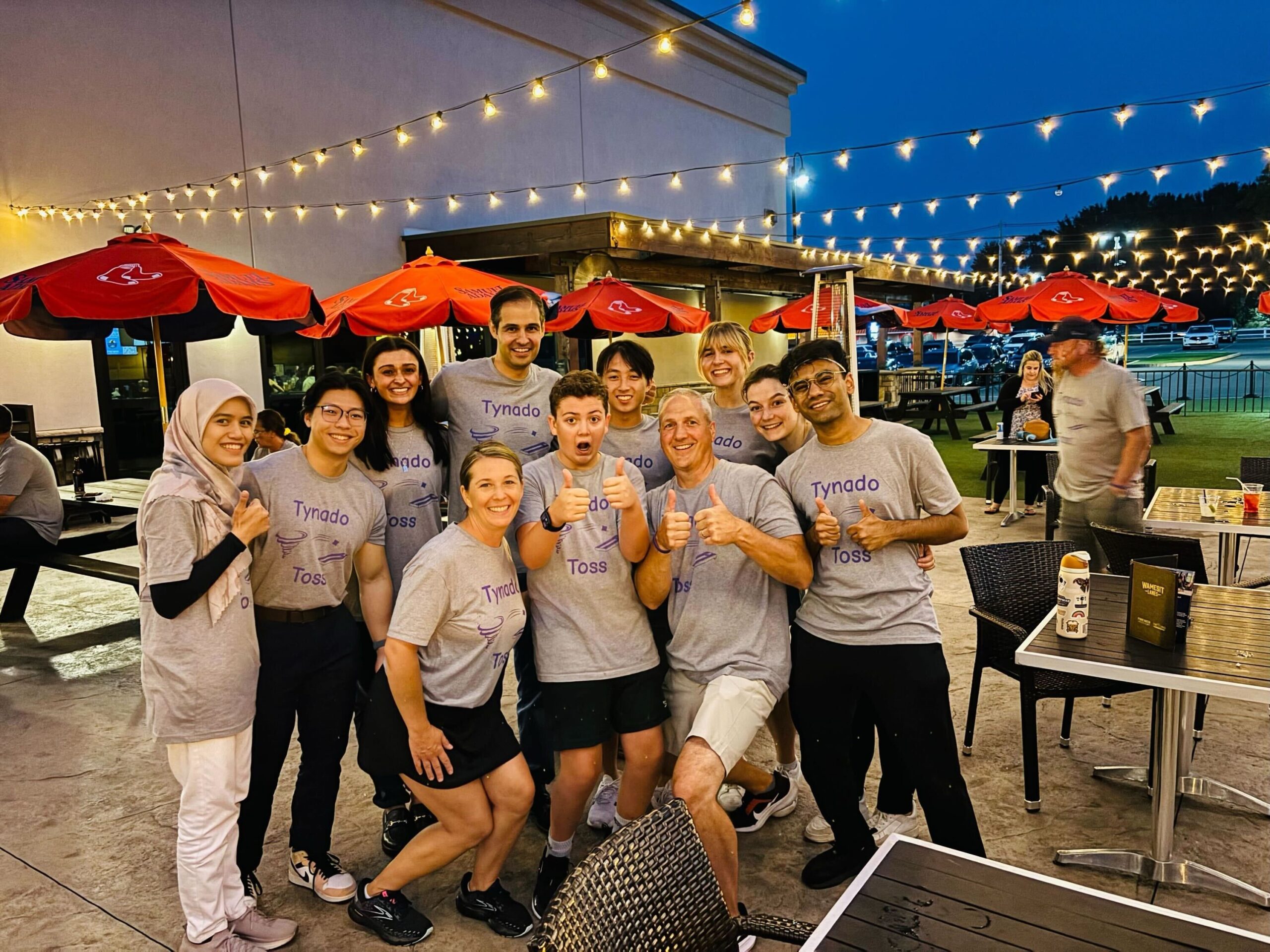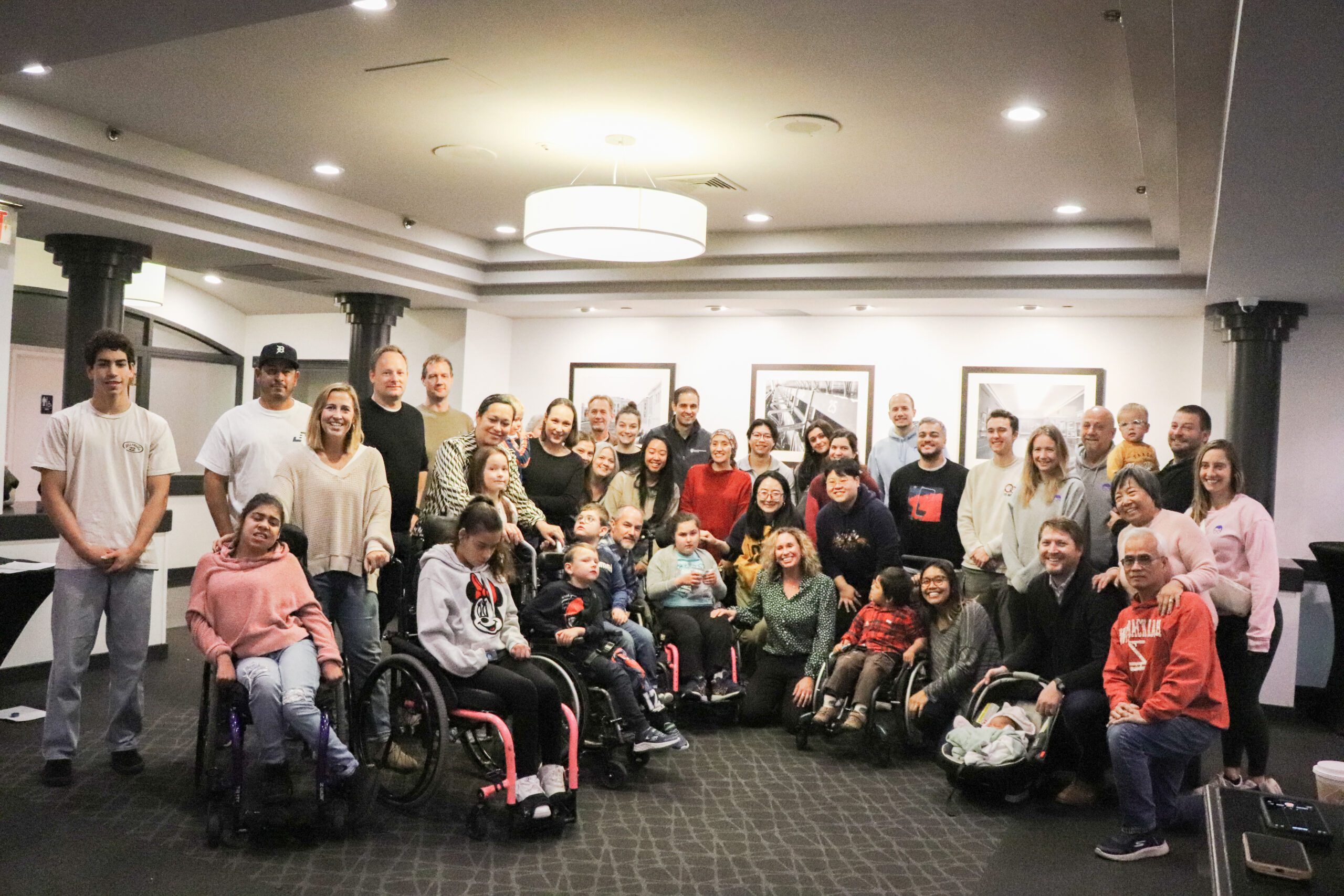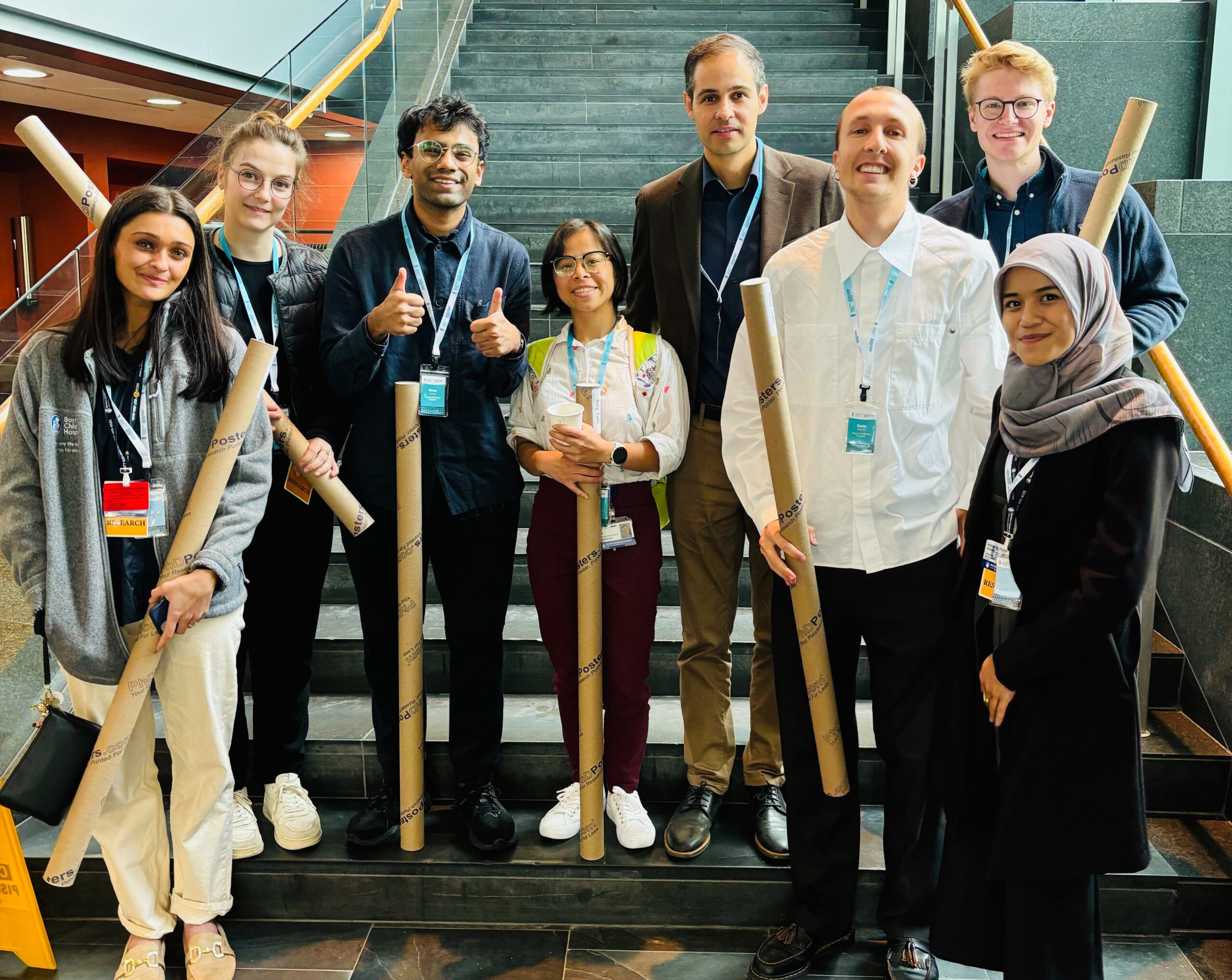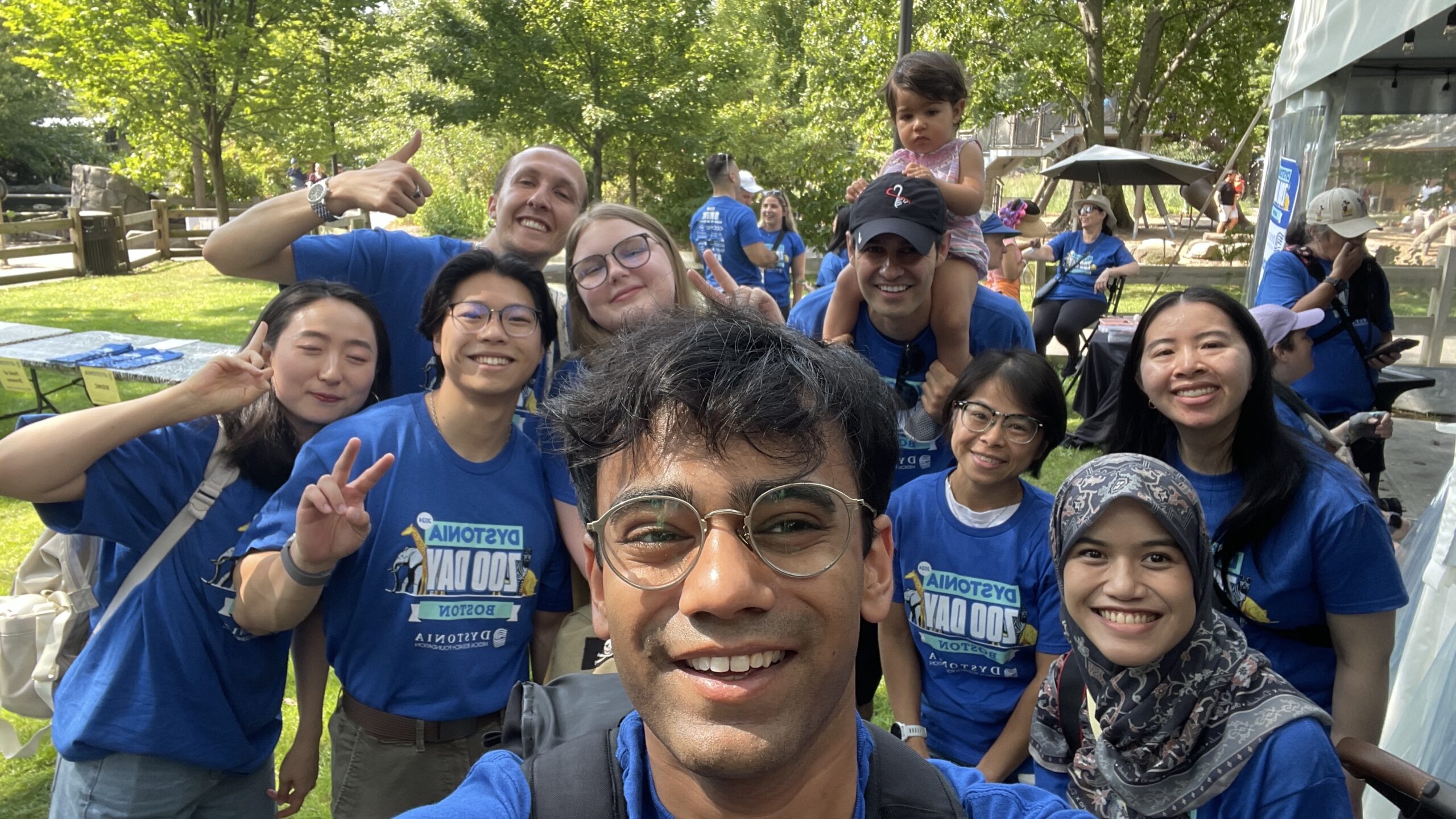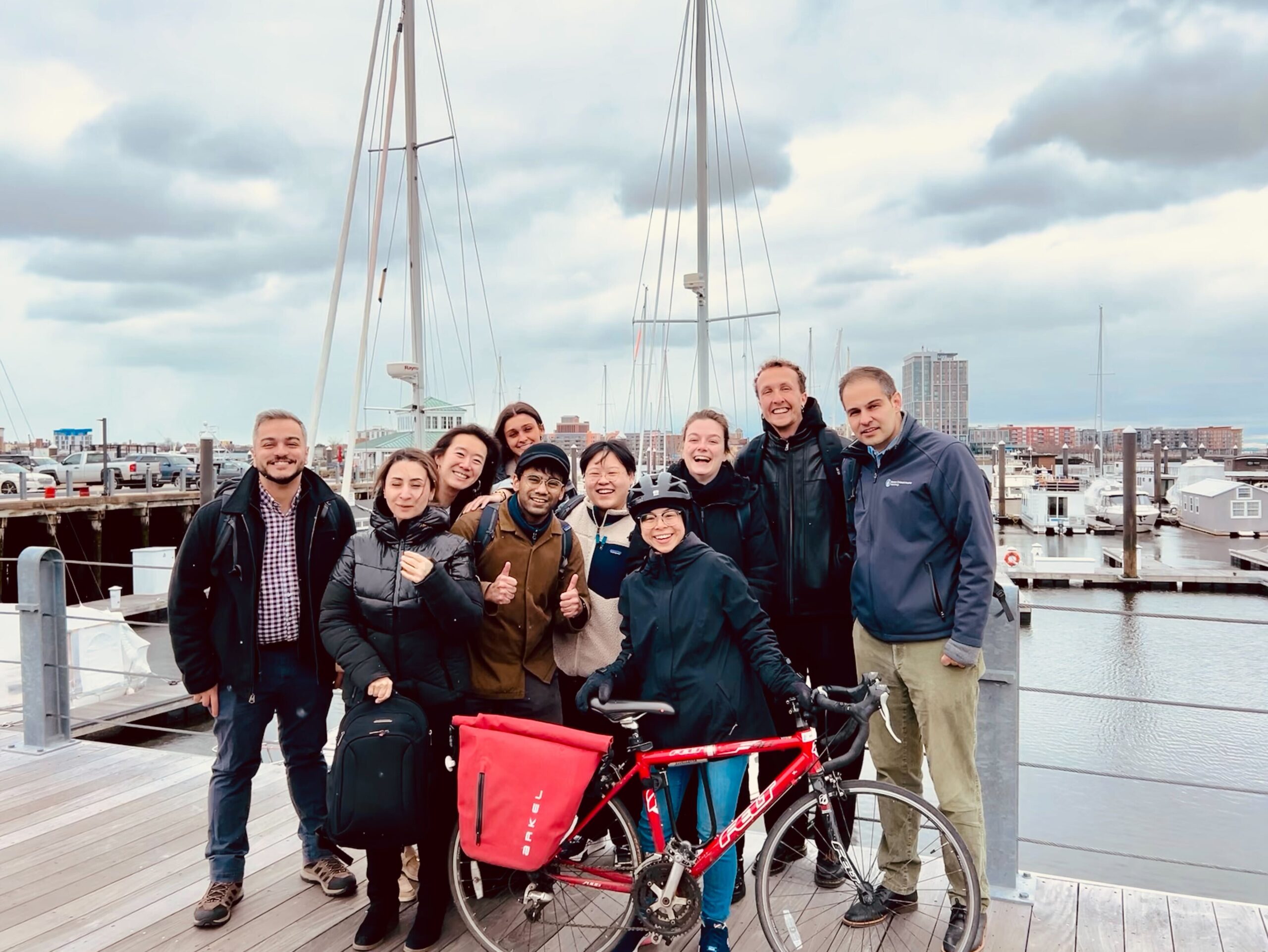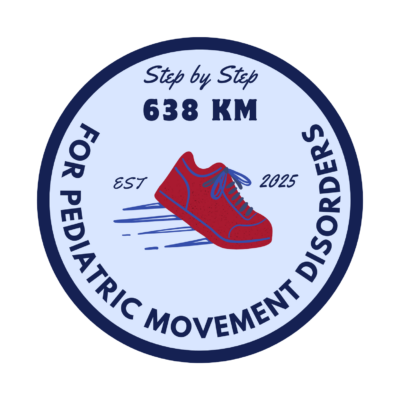
Step by Step: 638km for Pediatric Movement Disorders
We are fundraising through “Step by Step: 638 km for Pediatric Movement Disorders” to support the incredible work happening in the Ebrahimi-Fakhari Laboratory and the Movement Disorders Program at Boston Children’s Hospital and Harvard Medical School. During the month of May, our team will run 638 kilometers in honor of the 638 patients enrolled in our Registry History Study for Hereditary Spastic Paraplegia!
Every dollar raised supports our basic science, clinical, and translational research into rare pediatric movement disorders, helps families facing life-altering diagnoses, and fuels innovative treatments that children can’t find anywhere else.
Your gift will:
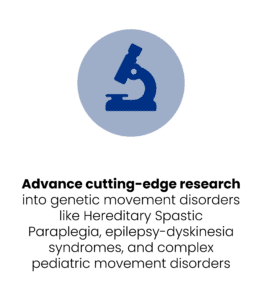
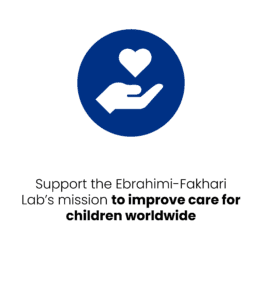
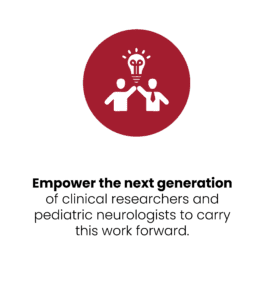
Please consider supporting our 638 km challenge — step by step, we can make a difference for children and families affected by rare movement disorders.
Step by Step: 638km for Pediatric Movement Disorders
We are fundraising through “Step by Step: 638 km for Pediatric Movement Disorders” to support the incredible work happening in the Ebrahimi-Fakhari Laboratory and the Movement Disorders Program at Boston Children’s Hospital and Harvard Medical School. During the month of May, our team will run 638 kilometers in honor of the 638 patients enrolled in our Registry History Study for Hereditary Spastic Paraplegia!
Every dollar raised supports our basic science, clinical, and translational research into rare pediatric movement disorders, helps families facing life-altering diagnoses, and fuels innovative treatments that children can’t find anywhere else.
Your gift will:



Please consider supporting our 638 km challenge — step by step, we can make a difference for children and families affected by rare movement disorders.
Days Until 638km Begins:
Days Until 638km Begins:
Ways to Participate:
- Direct donations to the DEF Lab team
- Create your own team! The HELP FUNDRAISE button will lead to a webpage with the “join the team” button. You will have the option to create your own team – which will notify us of your team creation and track any funds you have raised through your family, foundation, and/or organization
Raised So Far: $5
Begins April 15th
Goal: $125,000
Finish Line on June 1st
Distance Run: 10km
Begins April 15th
Goal: 638km
Finish Line on June 1st
Ways to Participate:
- Direct donations to the DEF Lab team
- Create your own team! The HELP FUNDRAISE button will lead to a webpage with the “join the team” button. You will have the option to create your own team – which will notify us of your team creation and track any funds you have raised through your family, foundation, and/or organization
Raised So Far: $5 ---------- Goal: $125,000
Begins April 15th ---- Finish Line June 1st
Distance Run: 0km ----------- Goal: 638km
Begins April 15th ---- Finish Line June 1st
Our Lab's Runners
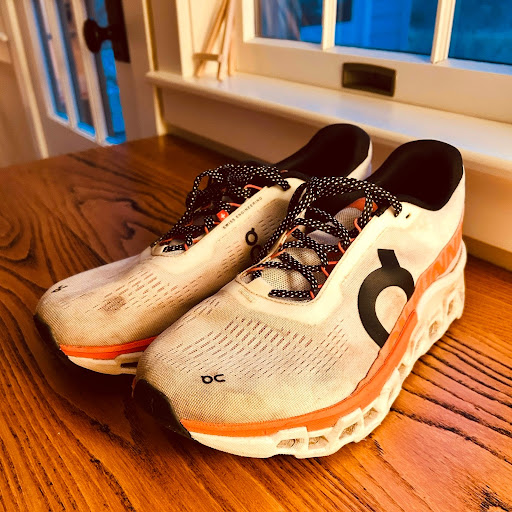
Darius Ebrahimi-Fakhari
I am a neurologist and neuroscientist leading an incredible research team dedicated to developing therapies for children with movement disorders – I serve this community both in the clinic and through science. Together we can move mountains! I support this challenge because rare disease research is critically underfunded, despite its enormous impact on society – overcoming these obstacles requires creativity, persistence, and teamwork, Running is a form of meditation for me – something I turn to whenever I can!
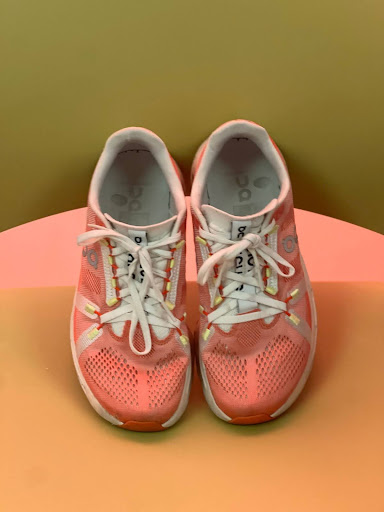
Kathryn Yang
I am a neurologist and current pediatric movement disorders fellow, privileged to be a part of an incredible team and a wider network of inspiring families and young patients, participating in our Natural History Study for HSP. This challenge shows us that every step we take forward in rare disease research brings us closer to better treatments and brighter futures for our patients. Running is a reminder to ourselves that we are capable of more than we imagine.
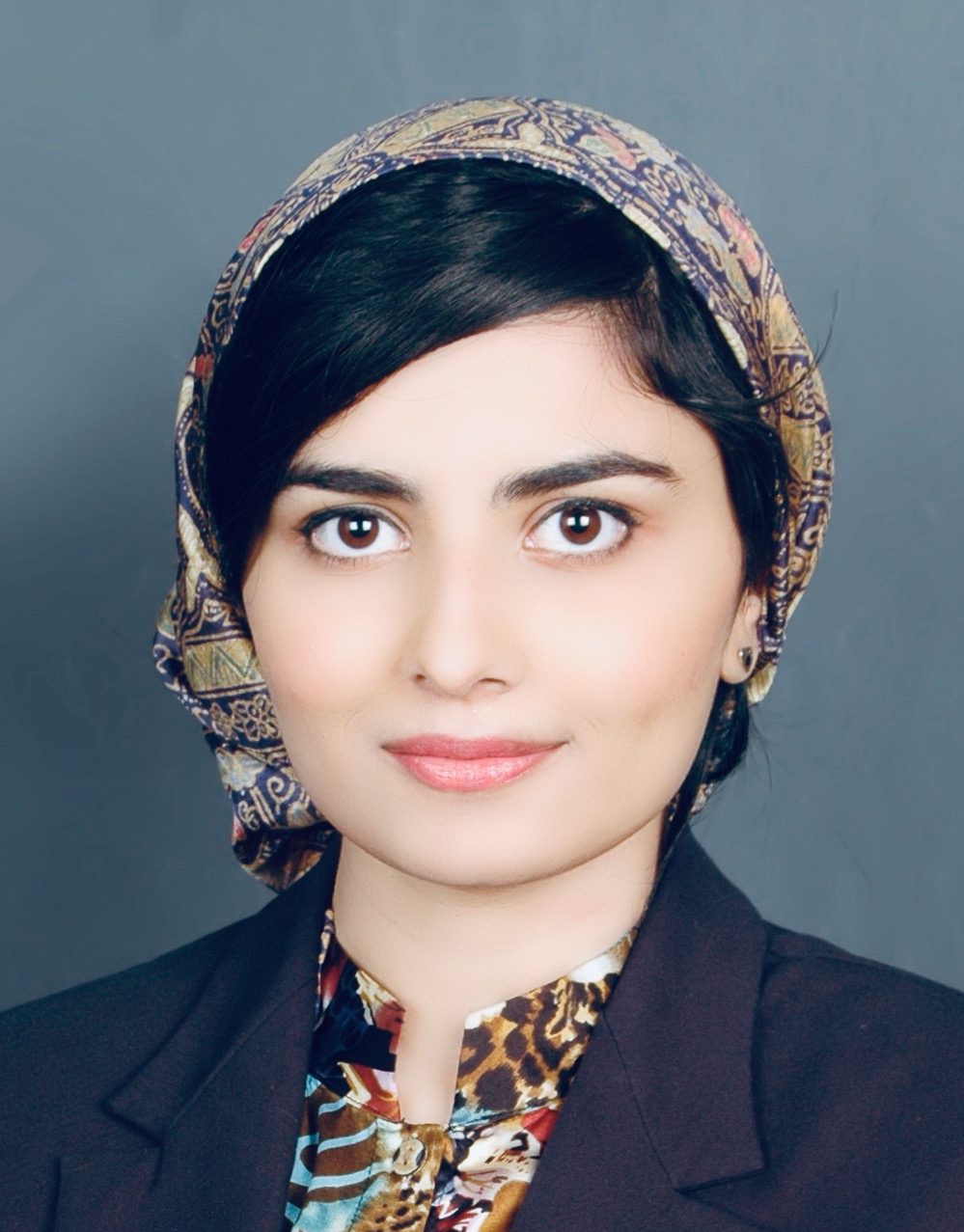
Zainab Zaman
I am a child neurologist and current pediatric movement disorders fellow – I’m so excited to be a part of this wonderful team working together to help patients with movement disorders both rare and common. I hope this challenge leads to an expansion in our knowledge of rare diseases and treatments and makes a meaningful difference in our patients’ lives. I used to be a competitive sprinter and jumper in both dimensions (long and high), but find distance running challenging – here’s to building stamina!
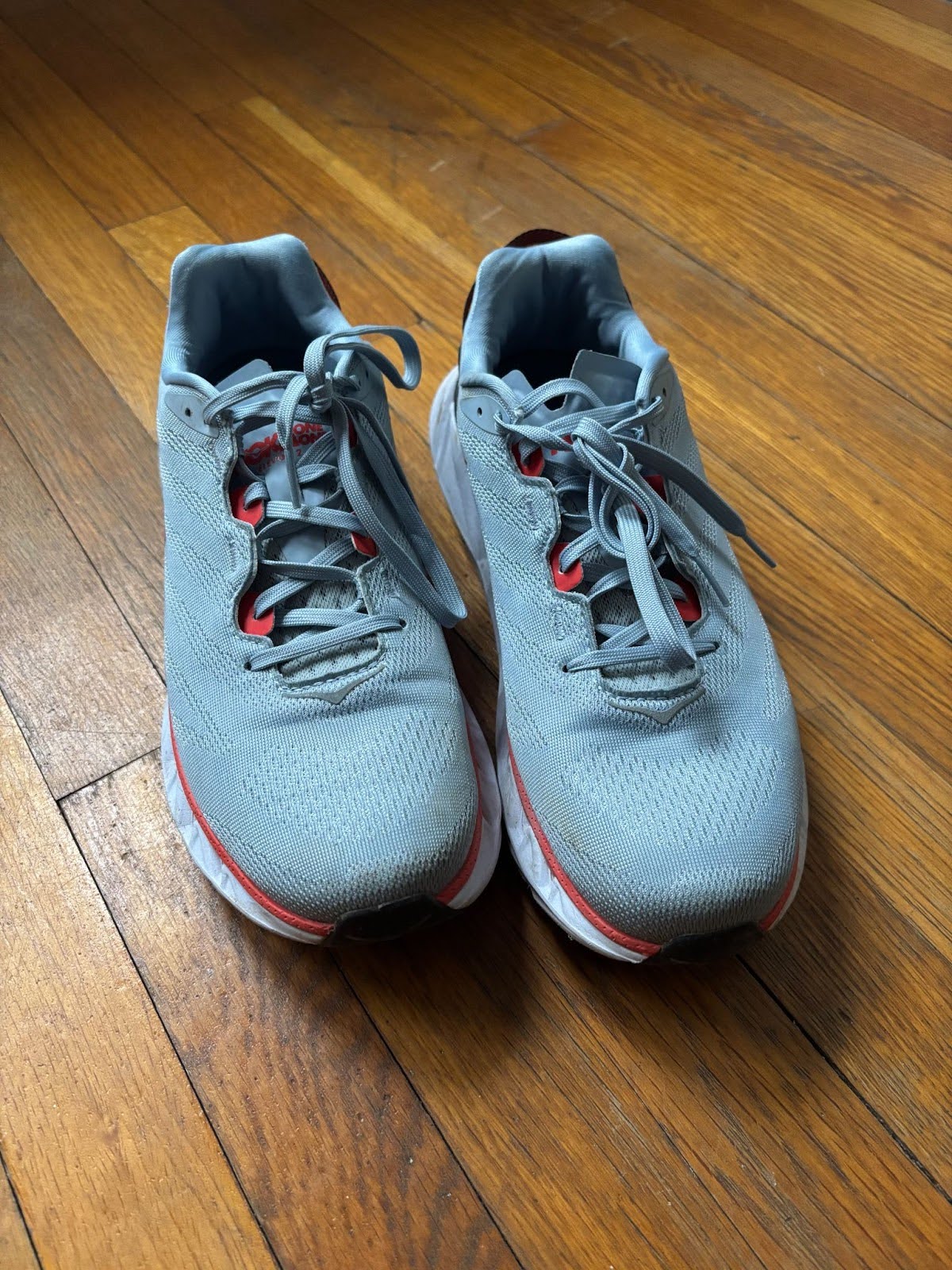
Julian Alecu
I am an MD and research fellow in the Ebrahimi-Fakhkari lab working on both experimental and clinical projects to better understand movement disorders in children and eventually improve our patient’s lives.
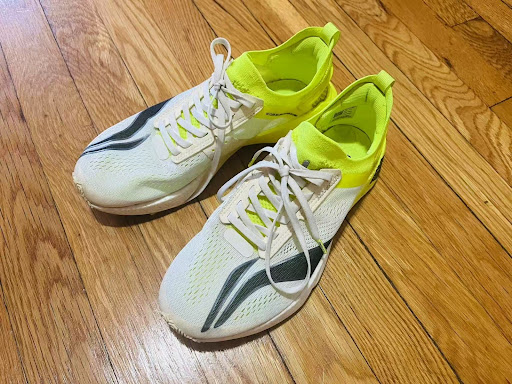
Xutong Xue
I am a research fellow in exploring the role of ADCY5 in movement disorders, aiming to uncover new therapeutic possibilities for patients. I support this challenge because advancing rare disease research requires dedication, collaboration, and innovative thinking. Every small discovery brings us closer to better treatments. Running and science share something in common, both require patience, precision, and a passion for discovery!
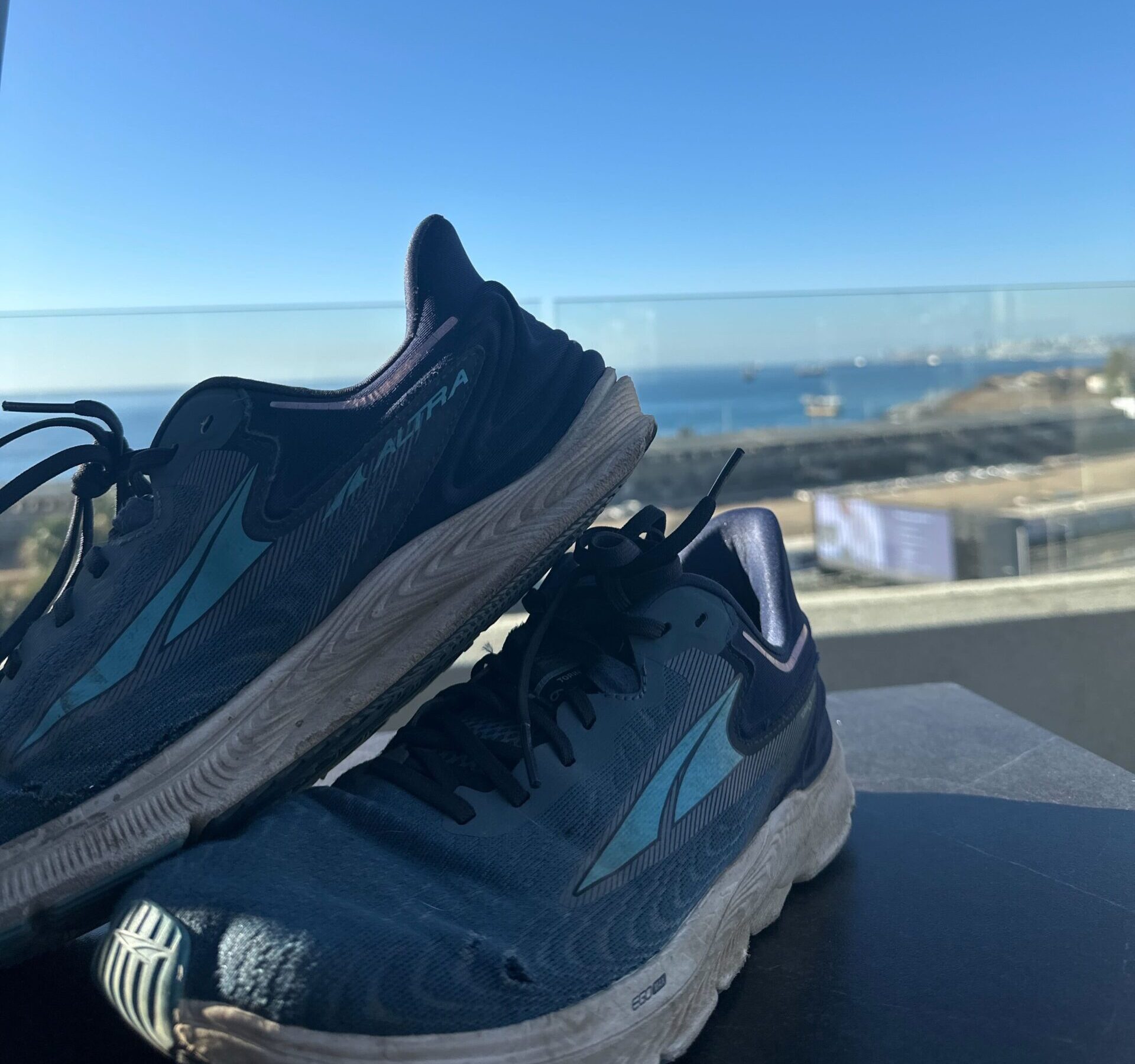
Vicente Quiroz
“I am a neurologist “
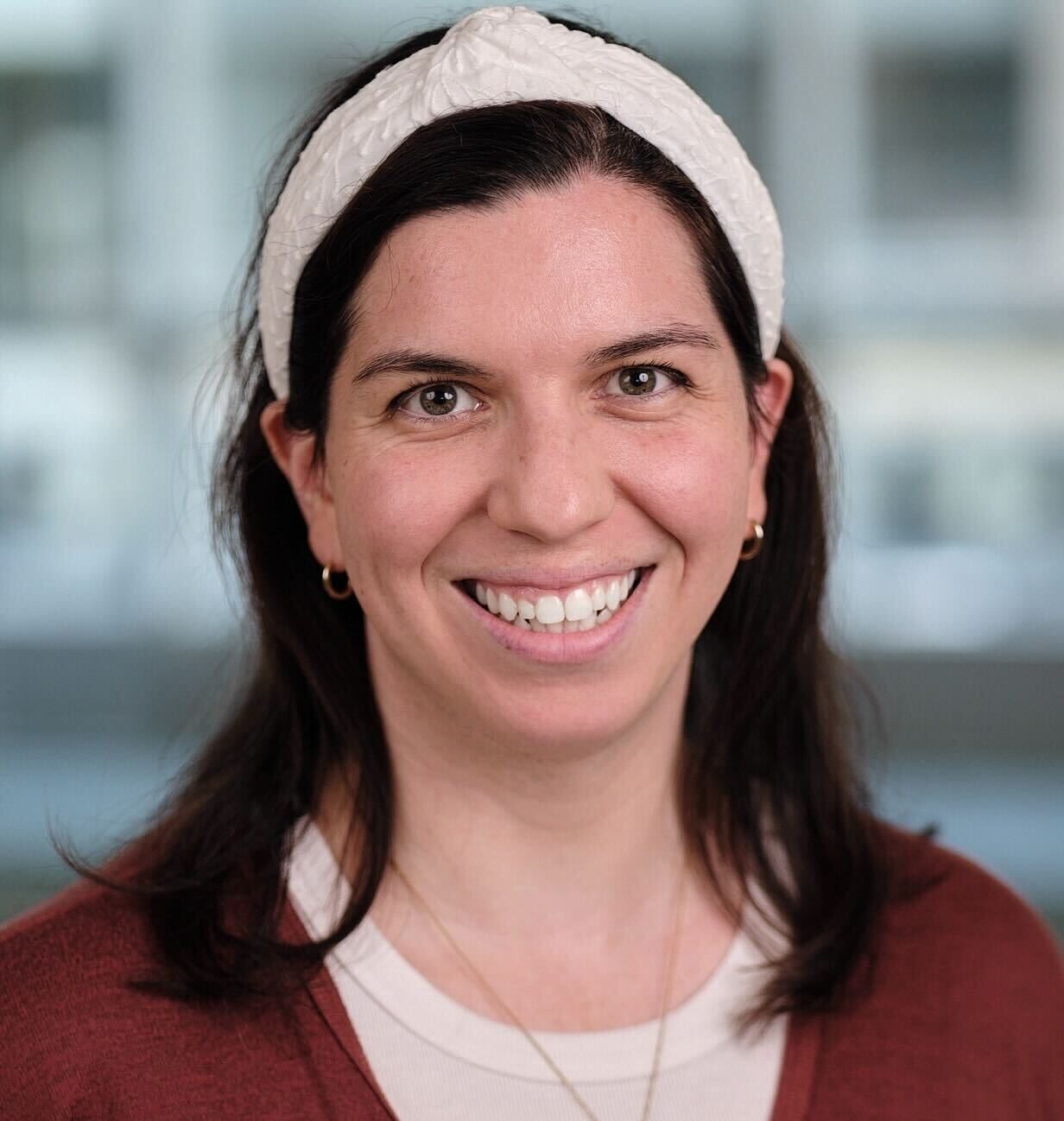
Zoe Piccus
I am a research fellow working on small molecule therapies for AP4-HSP. I support this challenge to raise awareness for rare diseases. This is an opportunity for us to come together as a community and move research forward! I love running and I’m looking forward to running this challenge with others!
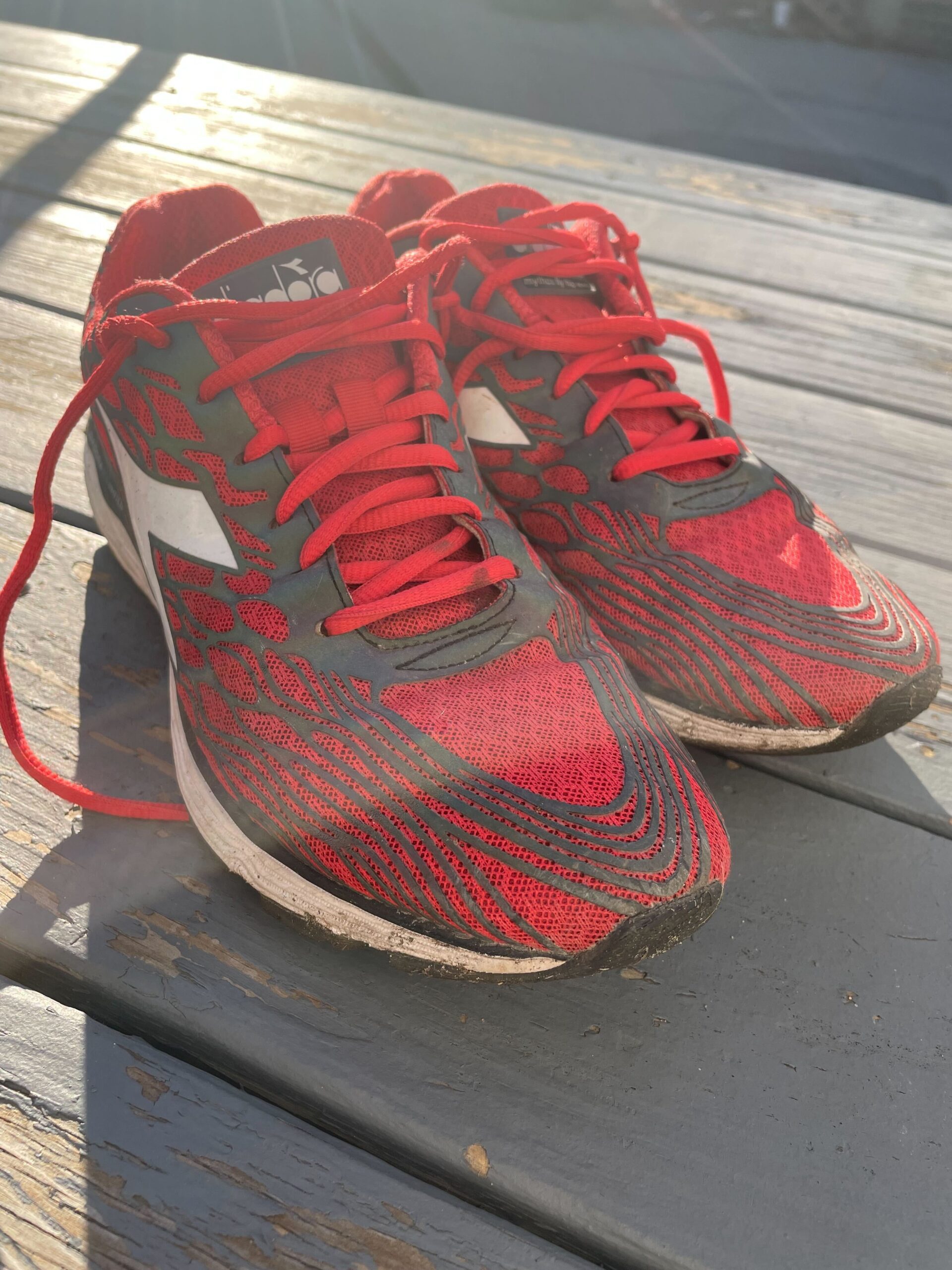
Luca Schierbaum
I’m a research fellow working on our Natural History Studies for HSP and the HSP Sequencing Initiative. In this role, I have had the opportunity to meet many families and patients from around the world who participate in our studies. During our assessments, families often come to us with many questions about their children’s future and potential treatments. Unfortunately, because we work with rare diseases, there is still much we do not yet understand. This is why I am committed to the 638km challenge – research for rare diseases remains underfunded but families need more answers. After a cold Massachusetts winter that kept me stuck with indoor sports, I am excited to get back to running outside—my favorite way to process a long day.
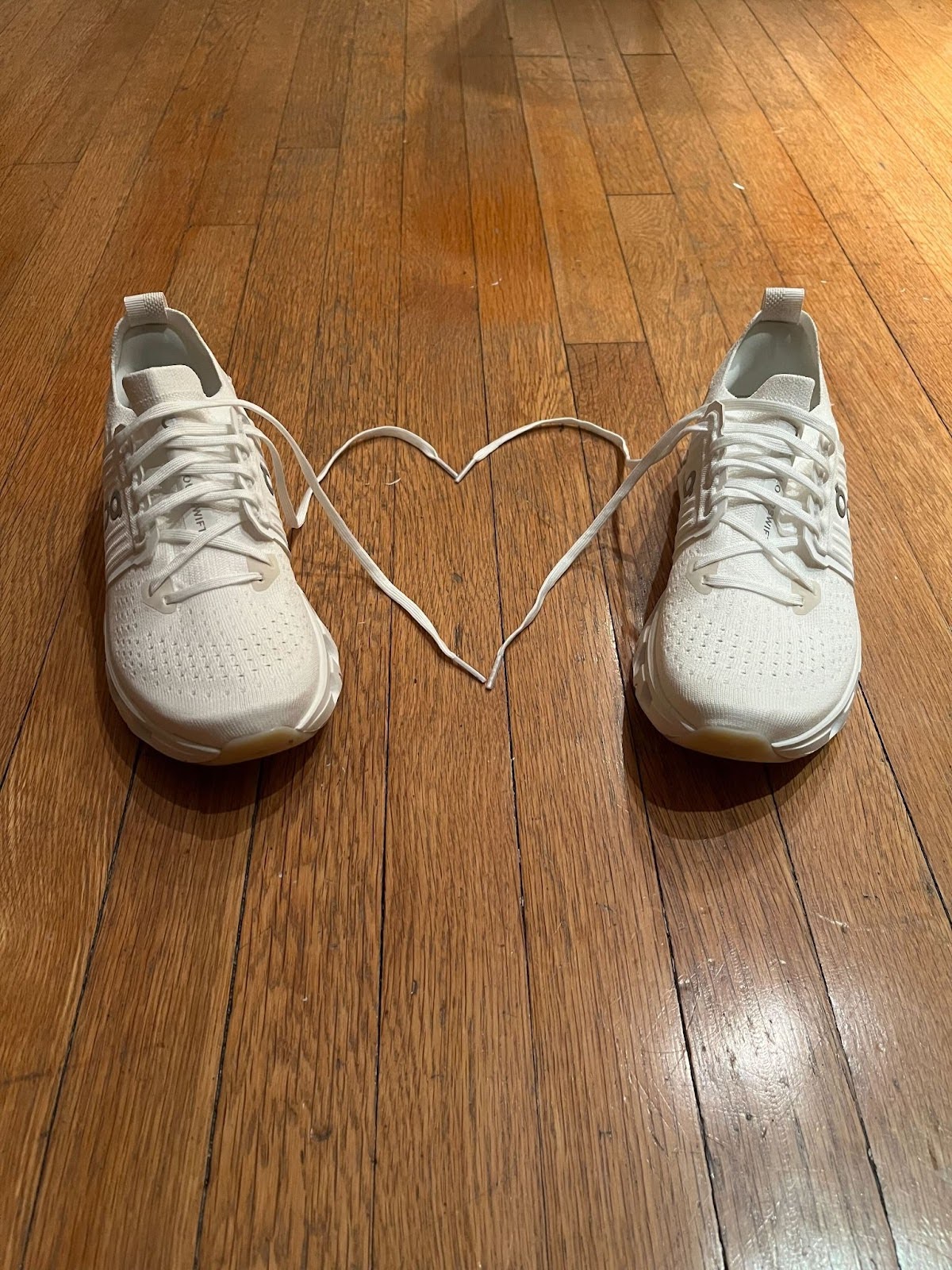
Katerina Bernardi
I’m a child neurologist, currently a postdoctoral fellow in pediatric movement disorders in this incredible and motivated team. I’m participating in our Natural History Study for HSP and working on Epilepsy-Dyskinesia syndromes with the desire to better characterize these rare conditions. The families we connect with are an everyday source of inspiration and motivation to advance our research. Though running has never been my favorite sport, I’m fairly decent at it and incredibly motivated to push my limits for this meaningful cause.
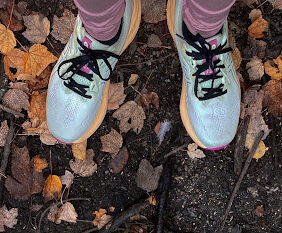
Habibah Agianda
I’m a graduate student grateful to work with a stellar team serving the HSP and movement disorder community, focusing on biomarker discovery to support clinical trial readiness. Families constantly inspire me with their resilience—this challenge is my way of giving back, and sharing that inspiration. I’m at level 0 in running, but I’m excited to take these steps for a cause that moves me!
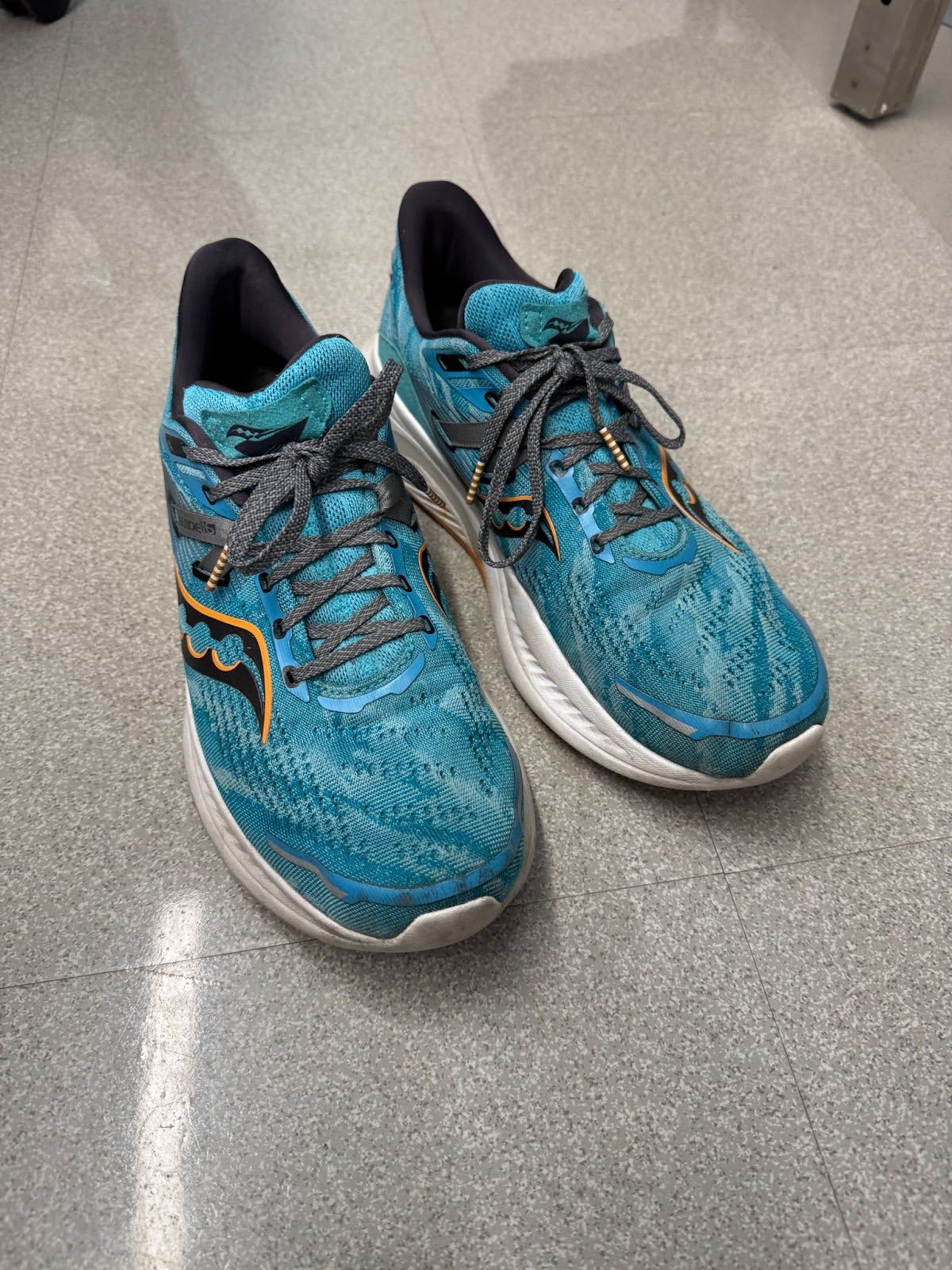
Henri Schmidt
I’m a visiting medical student from Heidelberg, Germany, working on developing new biomarkers for axonal degeneration. My research also focuses on the quality of life of patients with HSP, and I’m involved in characterizing rare HSP subtypes. I’ve always been passionate about sports, and I’m really looking forward to this challenge! I’m especially excited about this opportunity as another way—beyond research—to show our commitment and motivation to help our patients. Let’s make a difference together!
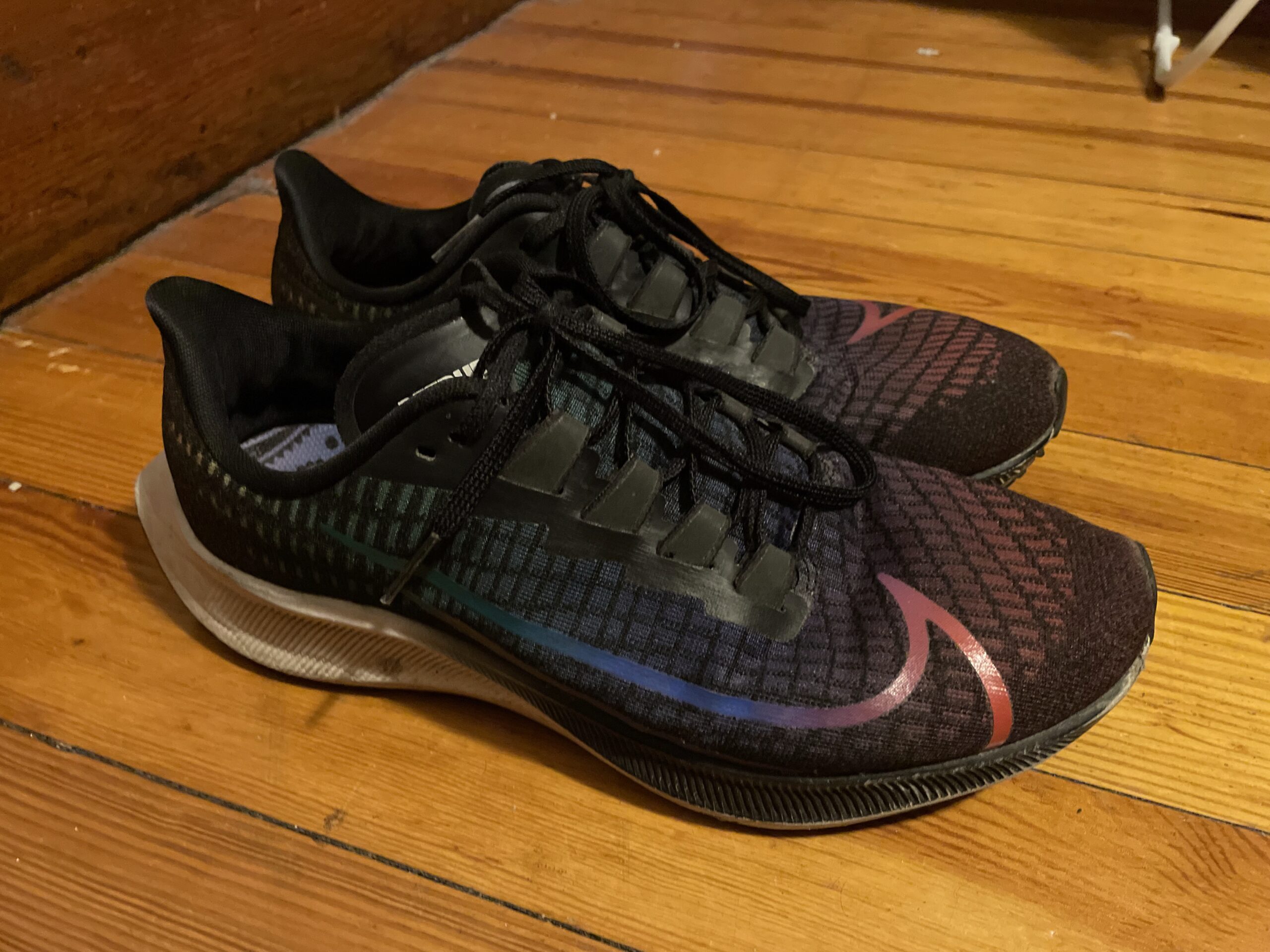
Enrique Gonzalez Saez-Diez
I am a visiting medical student researcher at the lab, focusing on the sequencing project for hereditary spastic paraplegia (HSP). I believe that raising awareness about rare diseases in pediatrics is crucial, not just for advancing research, but also in order to support the families who depend on it. Sports have always been a big part of my life, I’ve played tennis and soccer since early childhood. After taking a break due to injury, I’m excited for this challenge to help me get back to my old form!
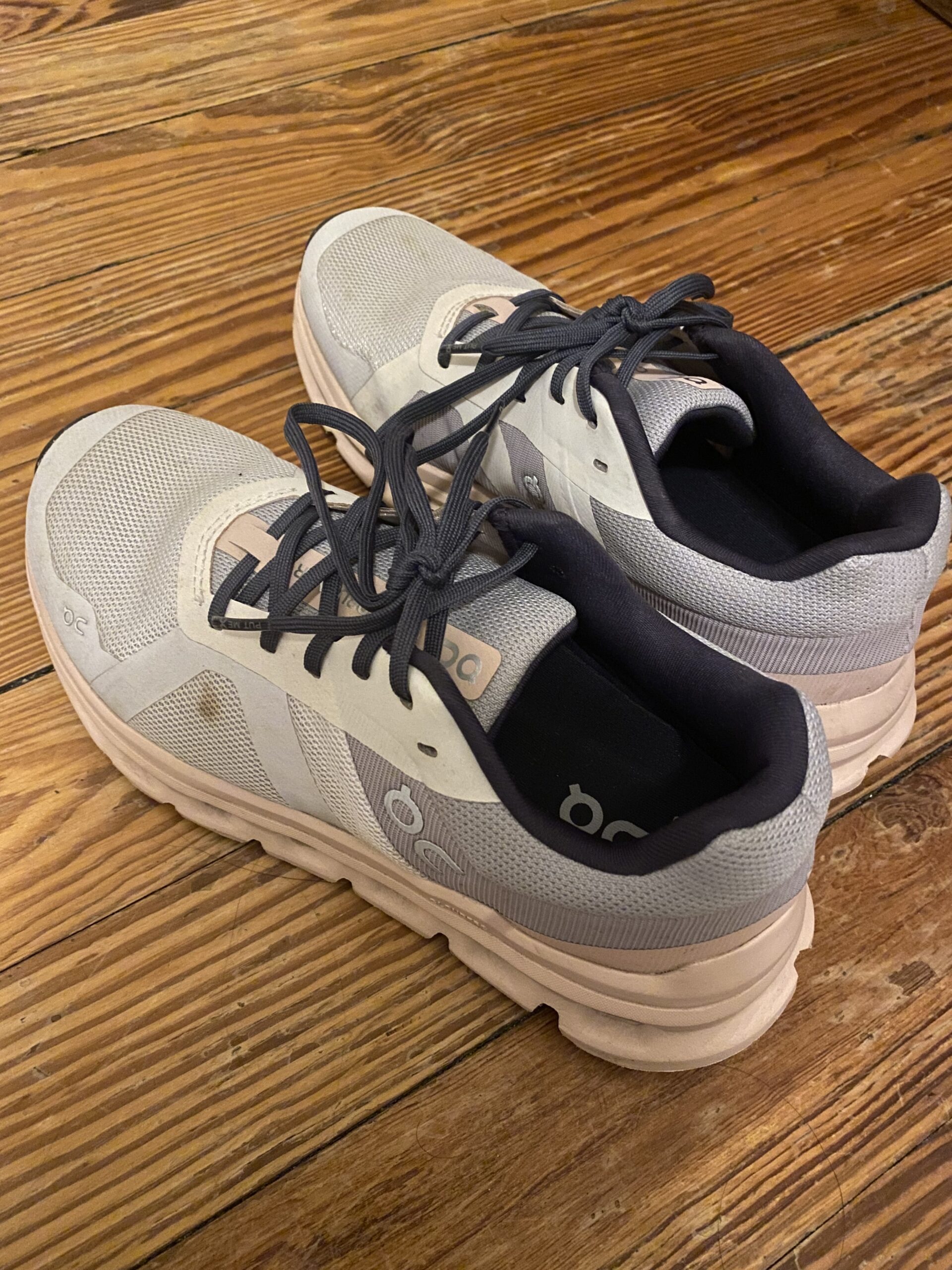
Franziska Hammar
I just joined the team as a visiting medical student and will be working on a project focused on the neurodevelopmental aspects of AP-4 HSP. I support this challenge because raising awareness for rare diseases like HSP is important to make a difference for affected patients and their families. For me, running is always a great way to clear my mind, so I am excited to have stronger motivation through our challenge.
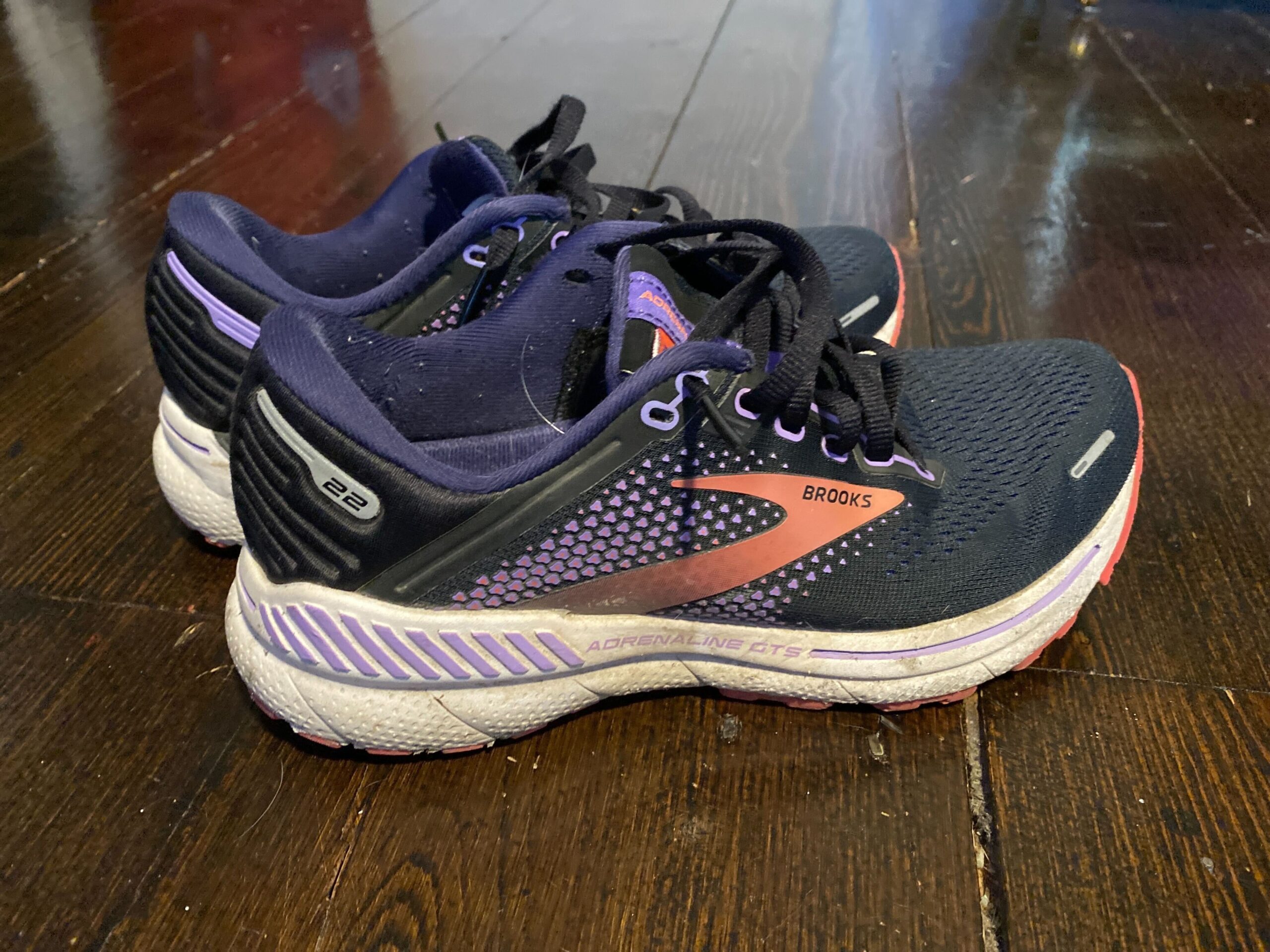
Amy Tam
I coordinate our studies with patients and families affected by hereditary spastic paraplegia (HSP), cerebral palsy, and other neurological disorders with indication for deep-brain stimulation. I want our patient families to receive what they need, and that means funding for research into their rare diseases, such as HSP. I’m trying to get back into running after a series of injuries to my left foot over the past couple of years.
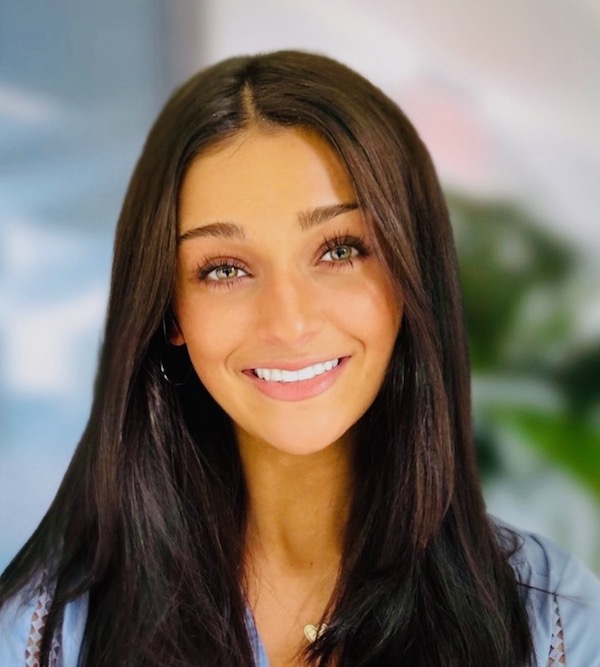
Nicole Battaglia
I am a clinical research coordinator managing our Registry and Natural History study for HSP and Spastic Paraplegia within the Centers of Excellence Research Network, working to advance research and improve patient outcomes. I support this challenge because raising awareness has endless possibilities in improving the quality of life for all families impacted by rare disease, bringing us closer to better treatments and care. After recovering from ankle surgery, I’m rediscovering my love for running—it’s both a challenge and a reminder of resilience!
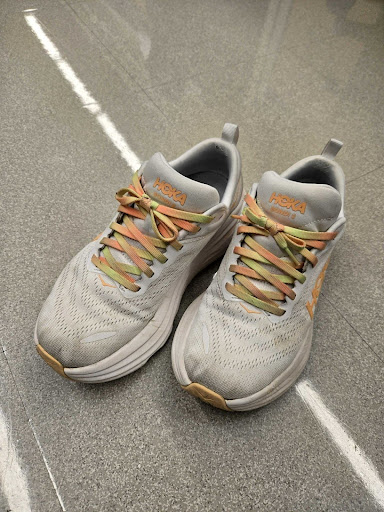
Hyo-Min Kim
As a research assistant, I’m involved in in vitro and in vivo projects exploring AP4 related HSP. I’m excited to support this challenge as it offers a meaningful way to contribute to advancing our understanding and possible therapy for HSP. Though I don’t have prior experience with running, I’m motivated to push myself and give my best effort to make a real impact.
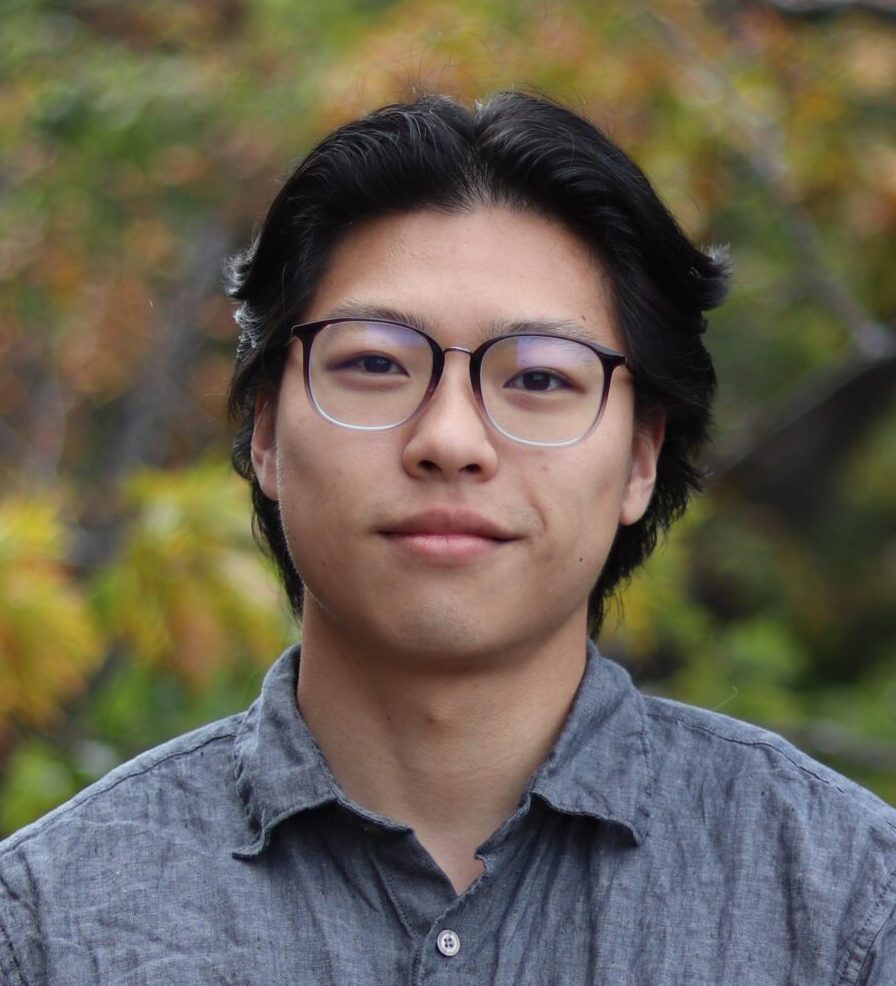
Josh Rong
I am a clinical research coordinator working on our studies with patients and families affected by hereditary spastic paraplegia (HSP), EPM1/ULD, and other epilepsy dyskinesia syndromes. I support this challenge so that we can continue to do the work that so many families affected by rare diseases have entrusted to our lab. My personal experience with running has all been in the form of conditioning while playing team sports, so I am a beginner of a runner as you can get when it comes to solitary long distance runs
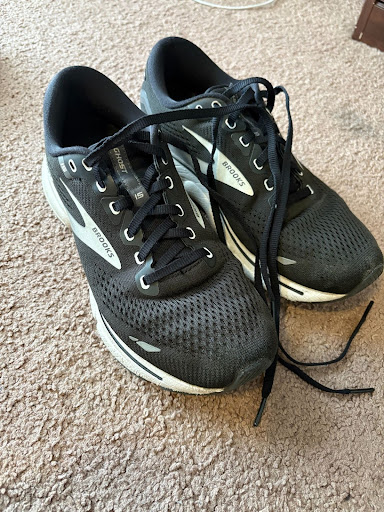
Noah Wyman
I’m an undergraduate research intern and I do whatever it is I can to help research advances for our patients. I support the 638 km challenge because there are people in my personal life affected by rare movement disorders and I want to show my support for them. I haven’t been a consistent runner in years, but I’m excited to take on this challenge and improve myself for a good cause!
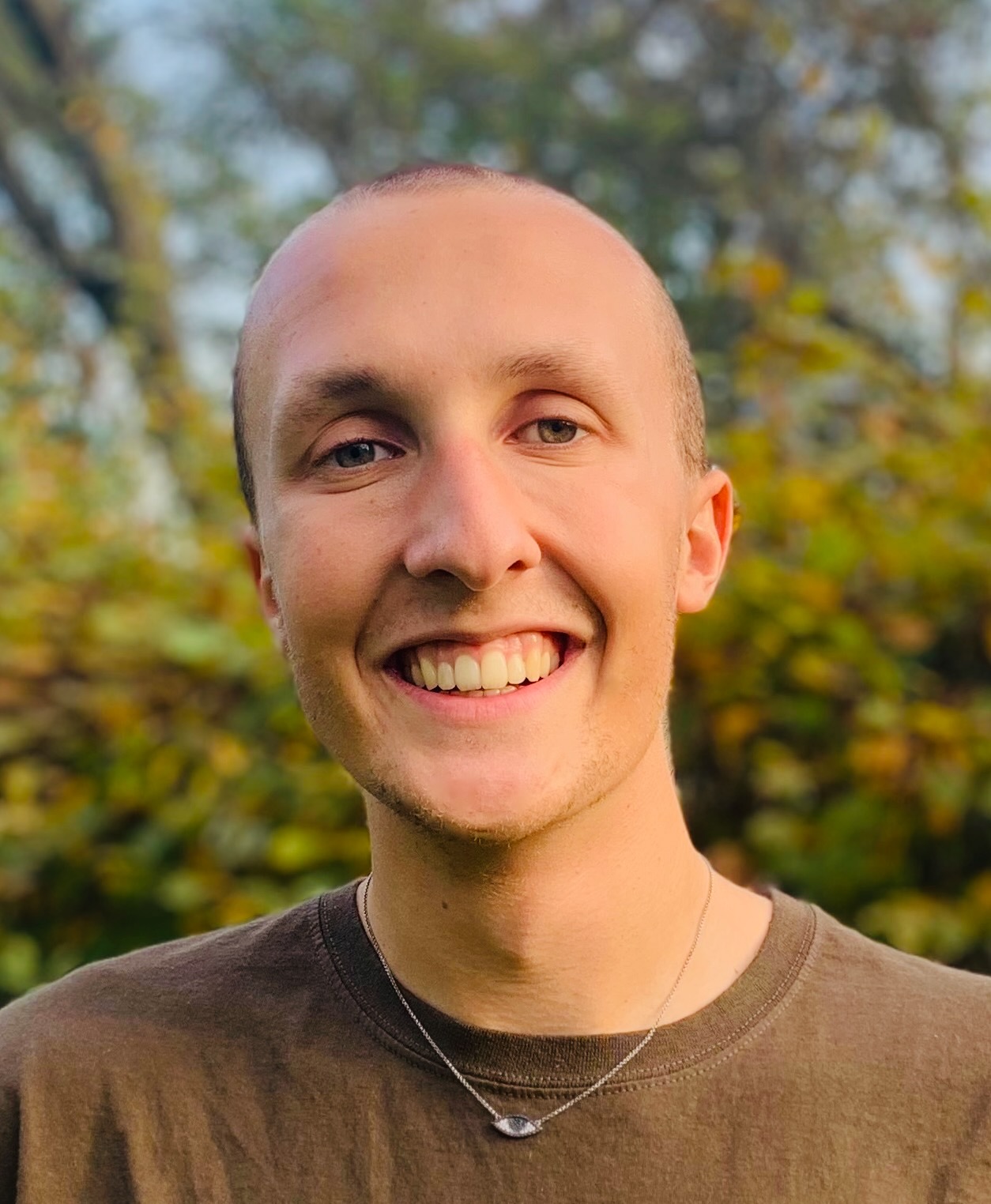
Dario Resch
As a medical student and visiting researcher, I am passionate about advancing our understanding of rare diseases and their impact on patients’ lives. I support this challenge because raising awareness and funding for rare diseases is crucial to improving diagnosis and treatment options. With a low level of experience in running, but a lot of determination, I am excited to take on this challenge and contribute to a meaningful cause.
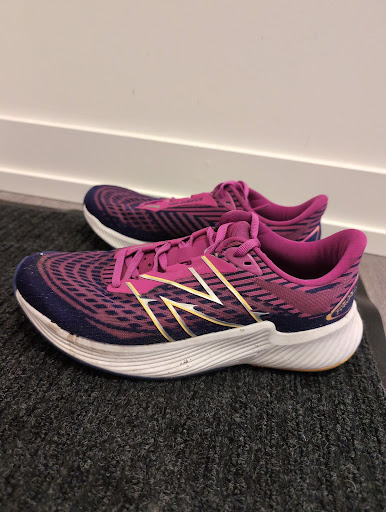
Lindsey Vogt
I am a final year child neurology resident and future fellow in pediatric movement disorders in Toronto, Canada. I’ve had the privilege to work and collaborate with the wonderful team in Boston and I’m thrilled to be lacing up to support their work improving our awareness, understanding and treatment of rare pediatric movement disorders!
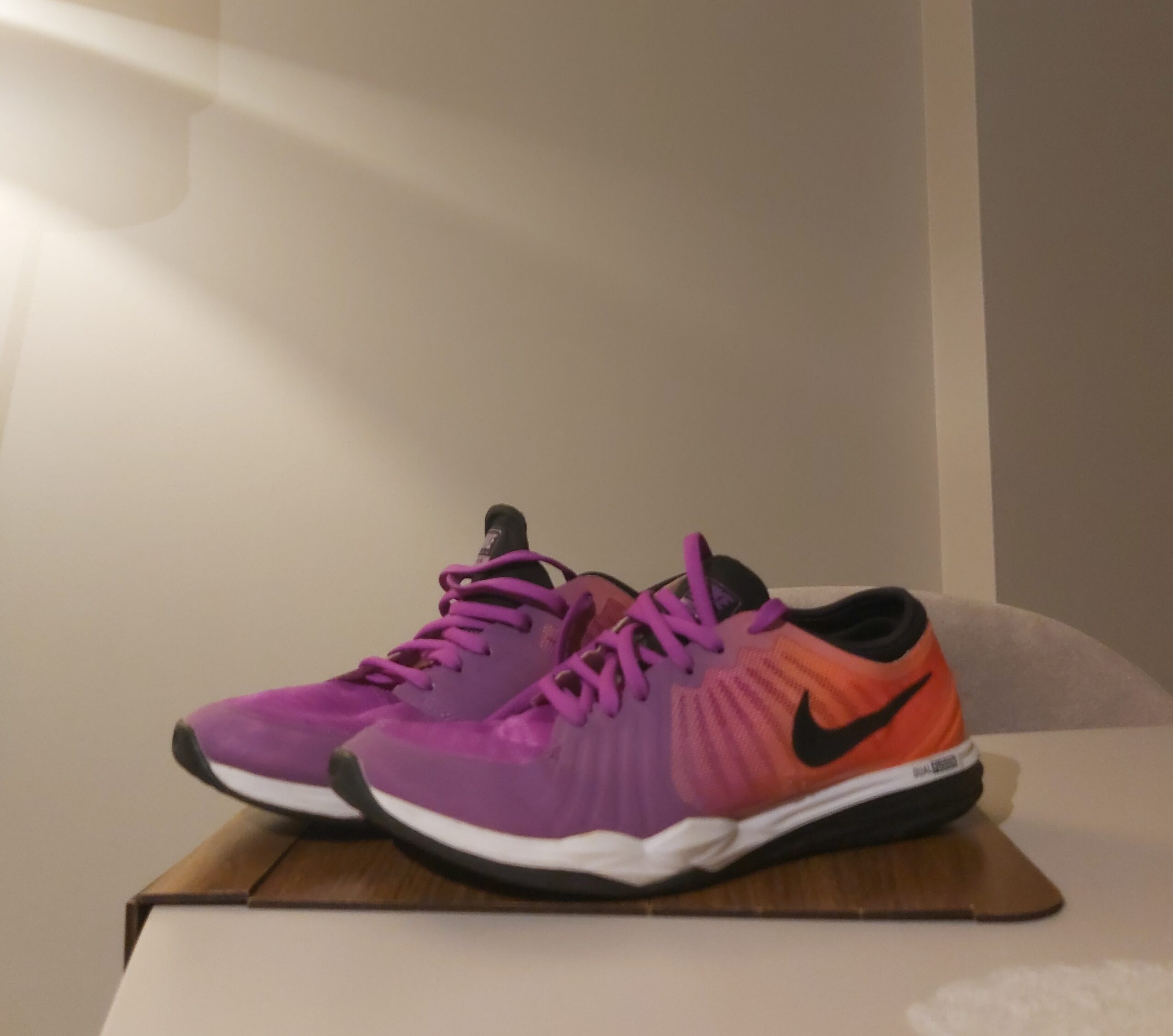
Beril Ay
I’ll be joining the group as a postdoctoral fellow this October, and I’m really looking forward to meeting the team in person and contributing to the incredible work being done for patients with rare diseases. I support this challenge because I believe in the power of collective effort, and I want families to know that I’m ready to help in any way I can. As someone who’s always been a short-distance runner, a longer run is definitely outside my usual routine—but I’m ready to tackle the challenge in support of our research and the patients!
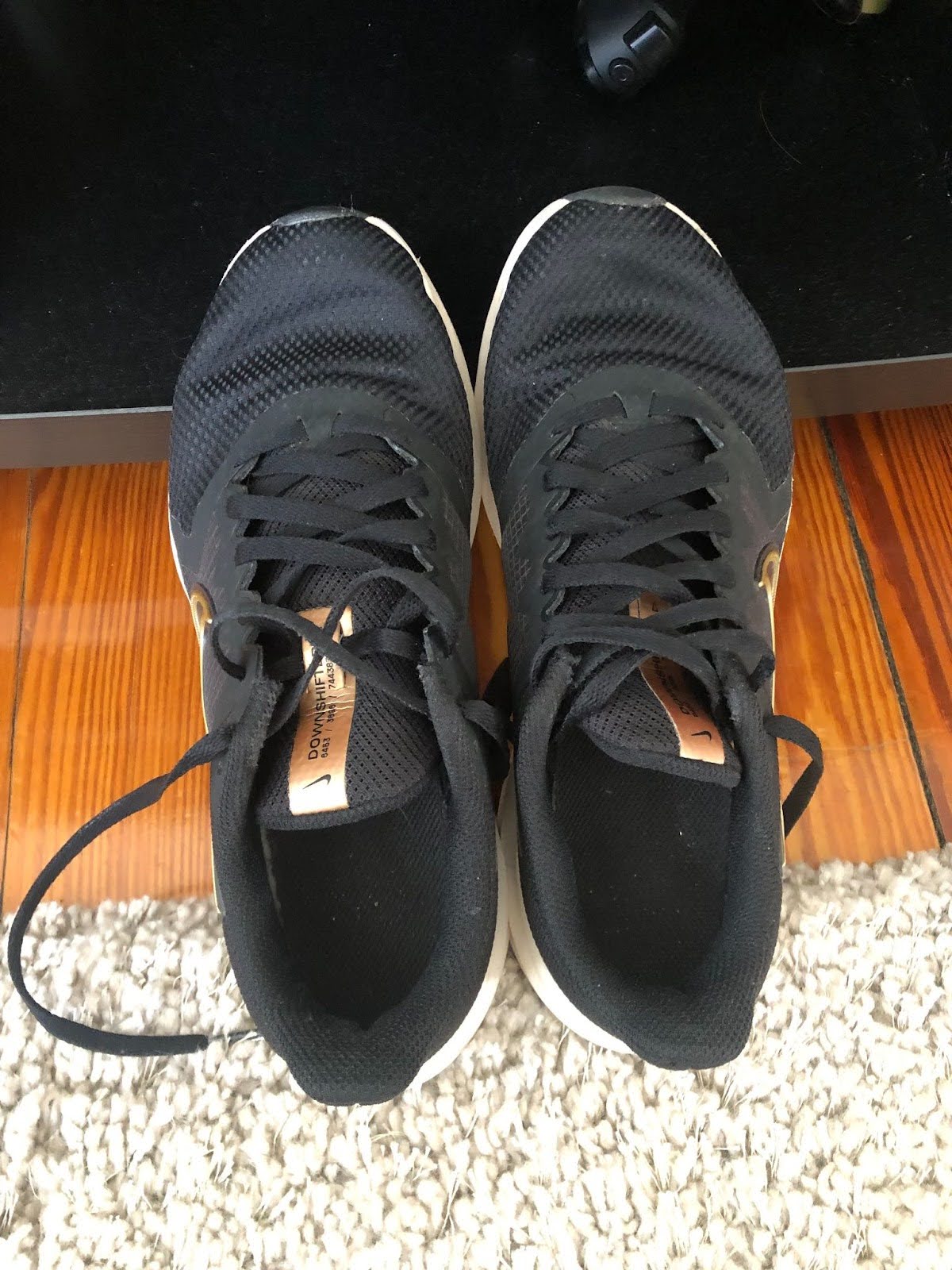
Rasha Srouji
I am a nurse practitioner with the movement disorder team. I support this challenge because it will facilitate advancements in early diagnosis, effective treatments, and a better future for children living with these challenging conditions. I am inspired daily by our patients and their families, whose resilience and strength fuel my commitment to this important work.




